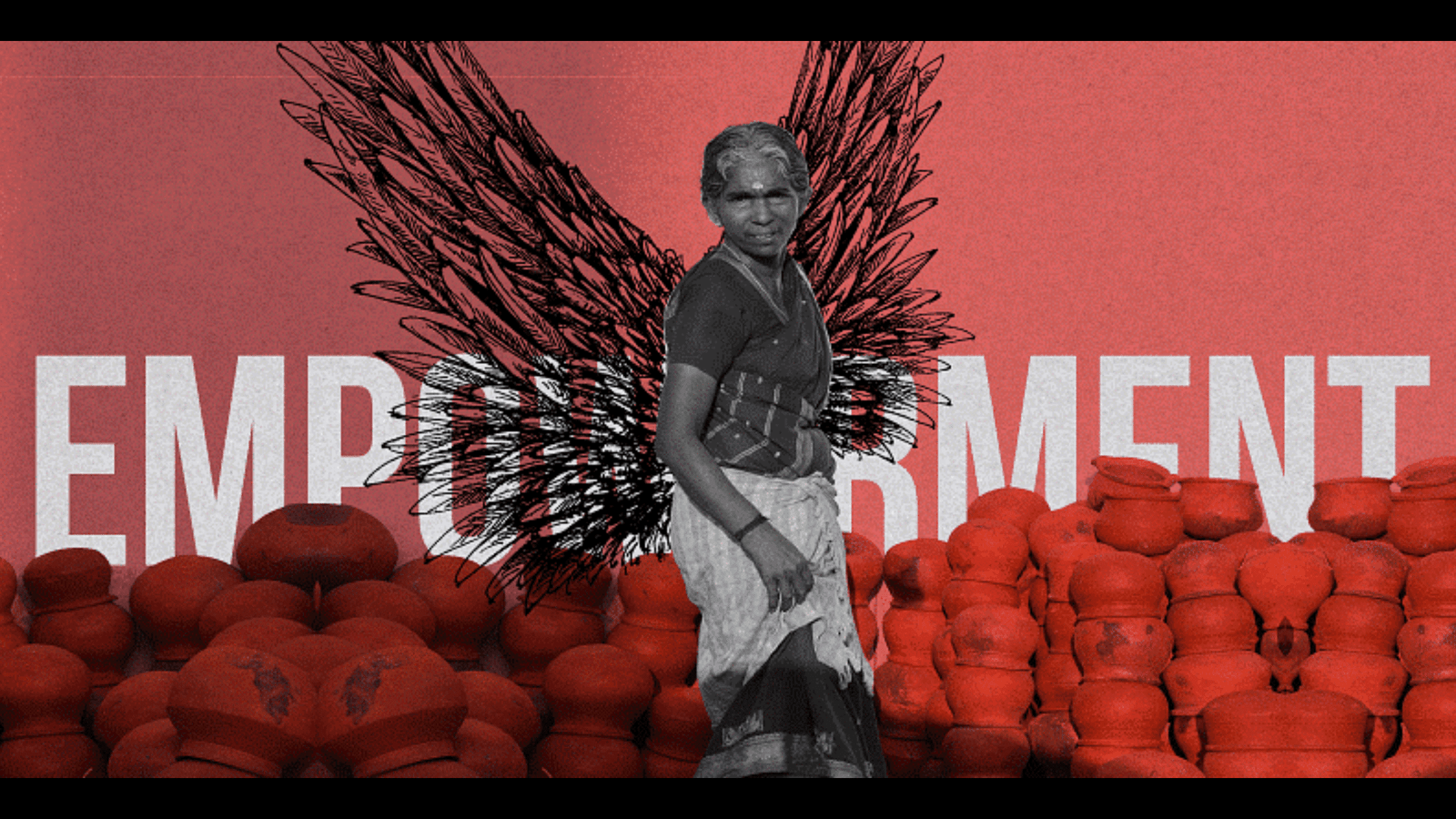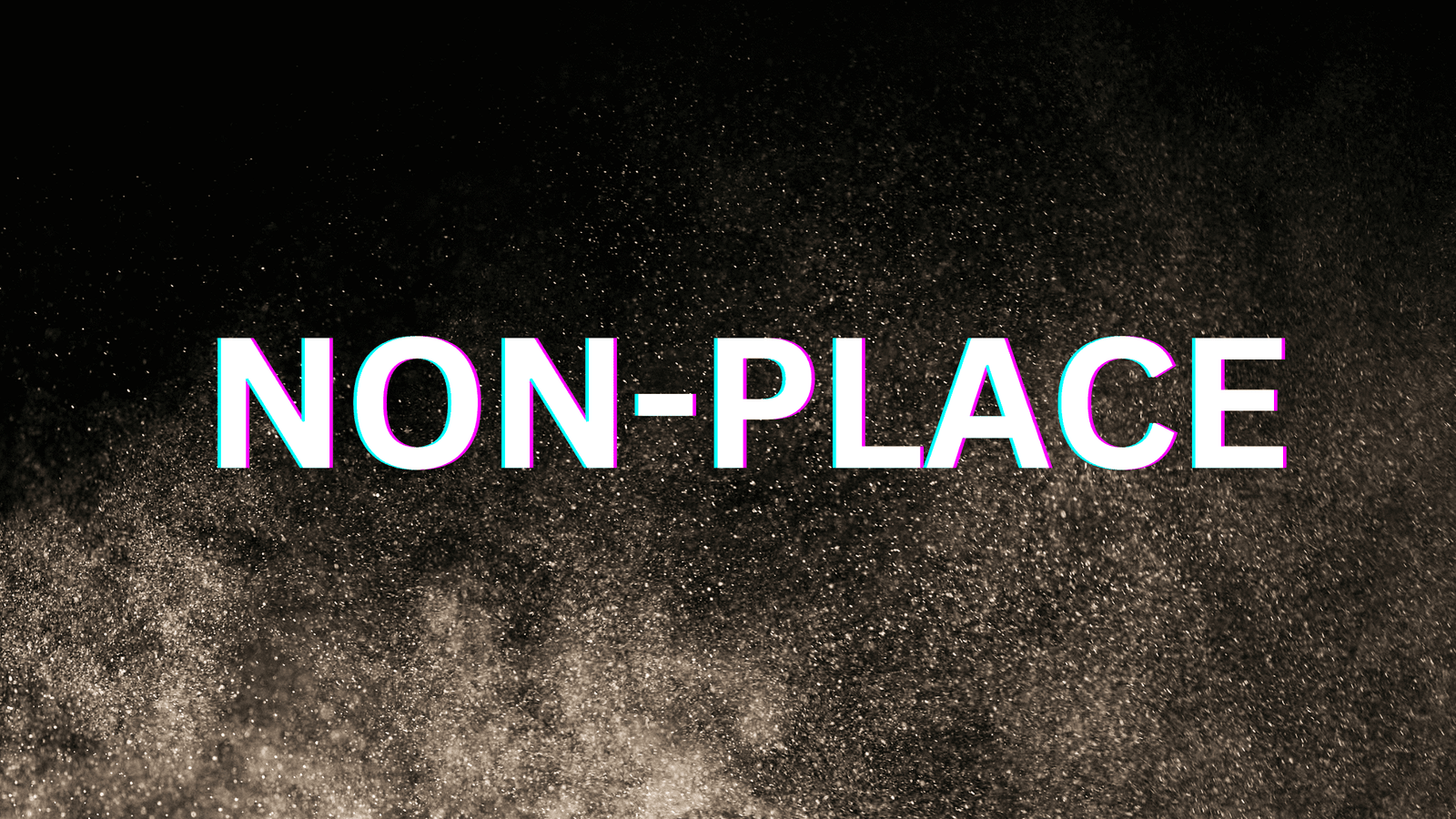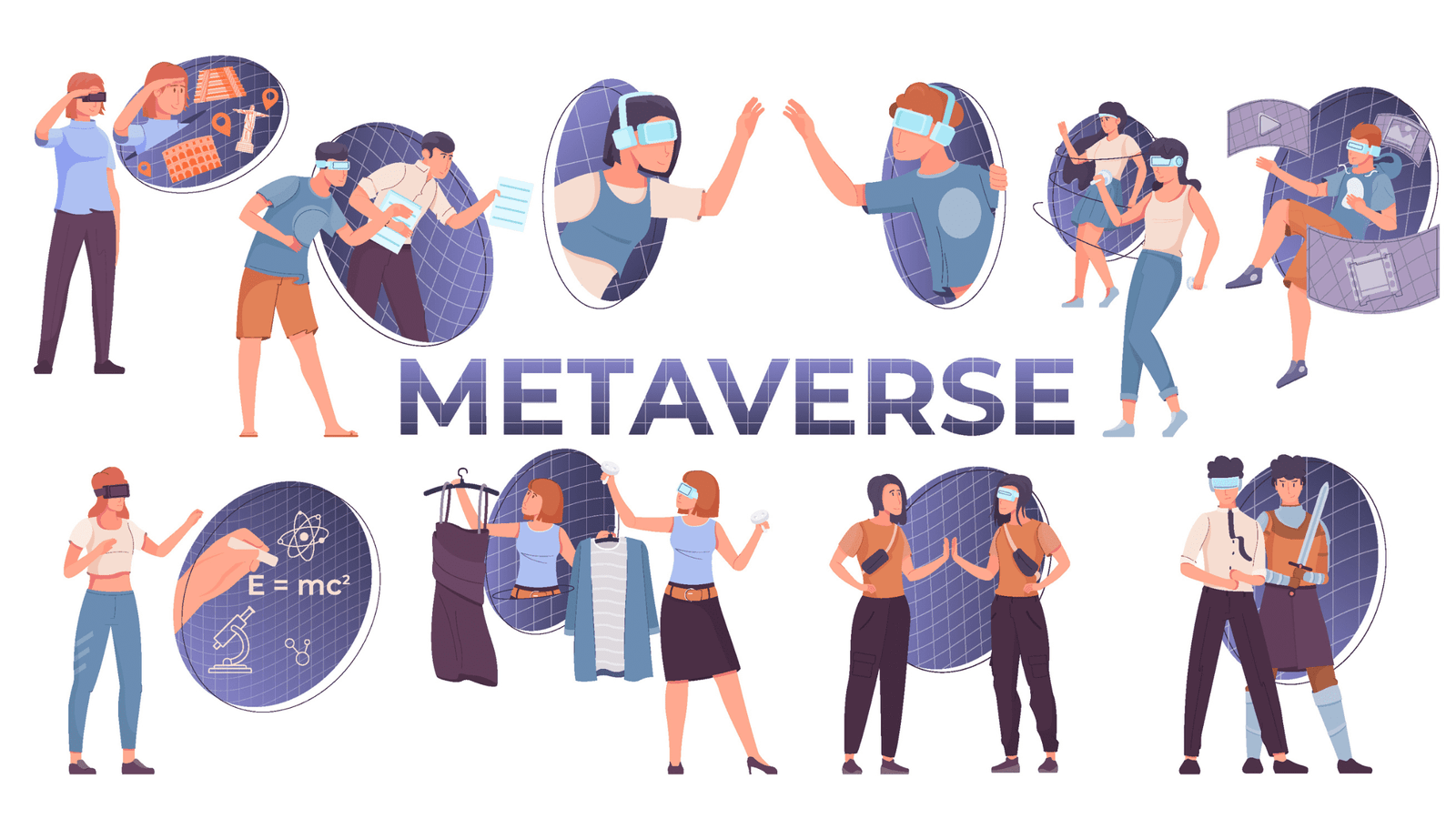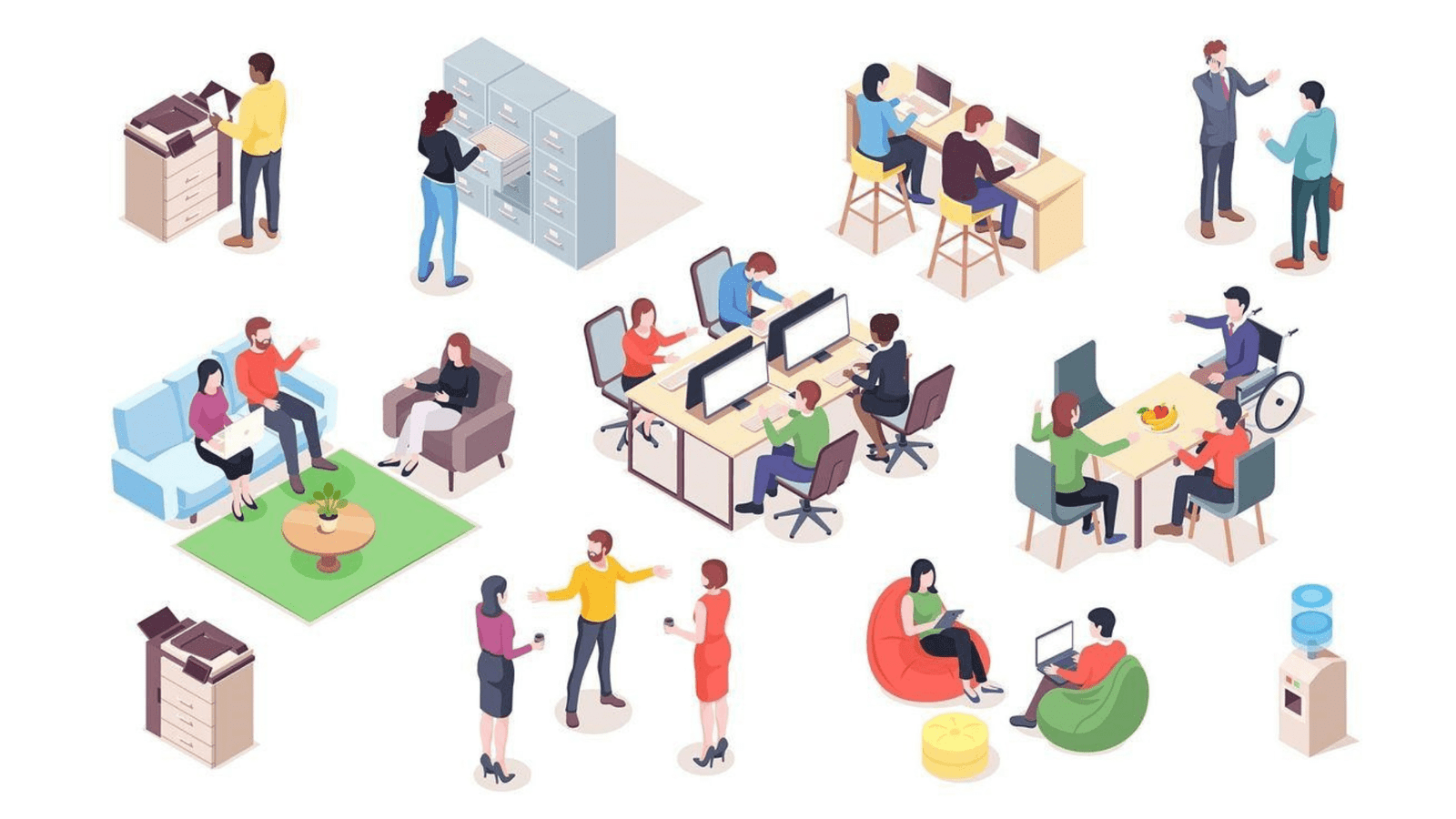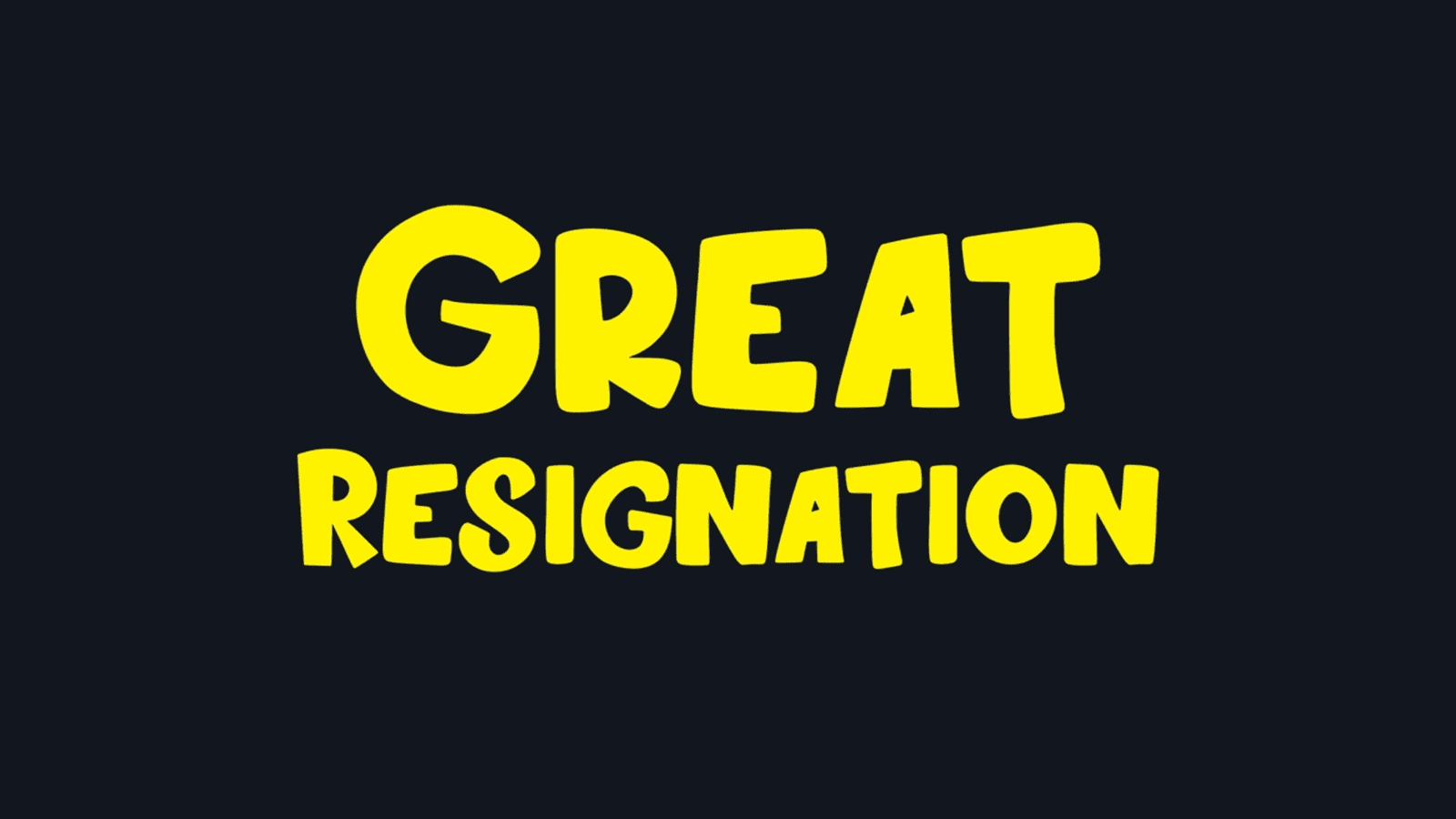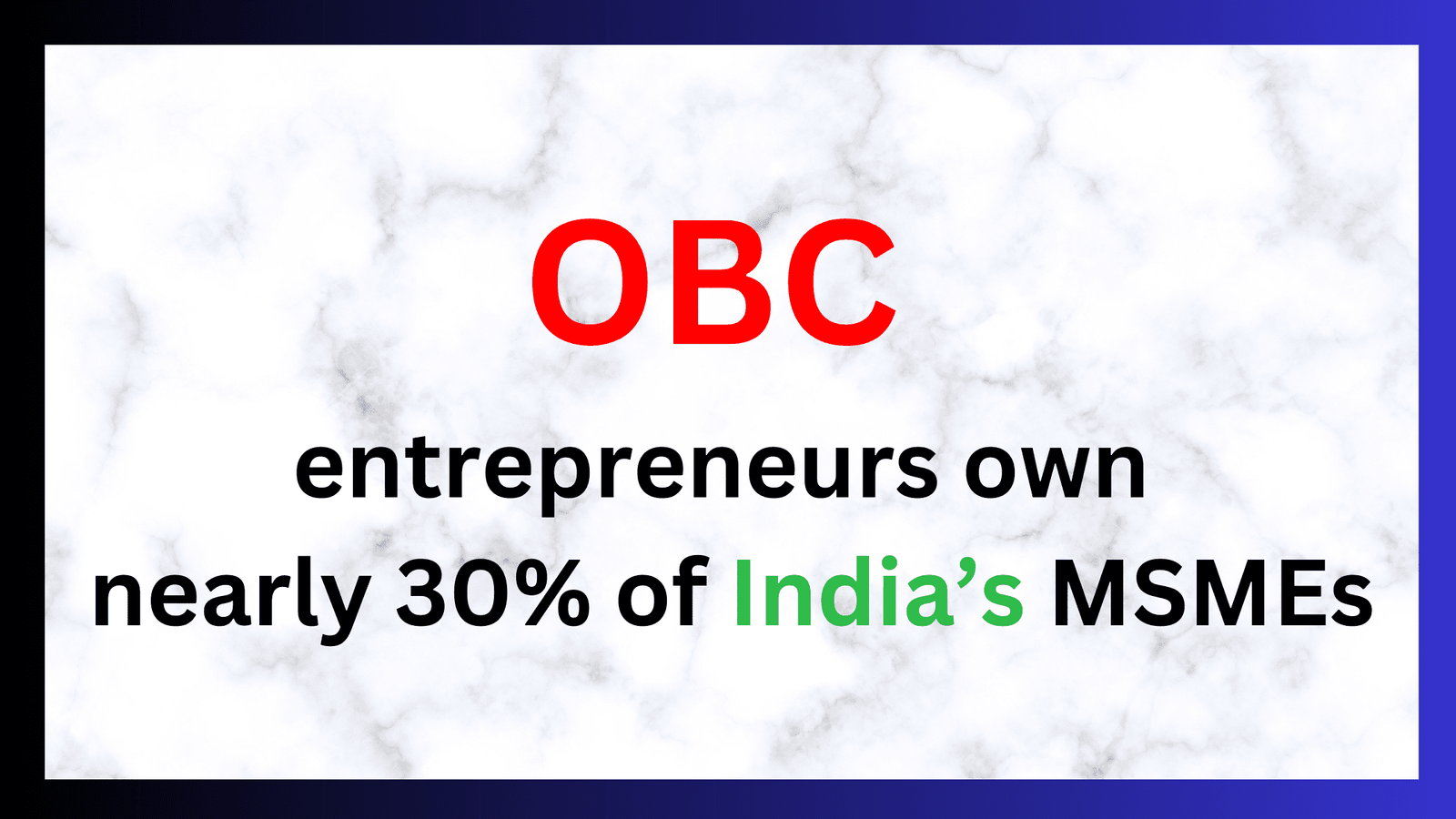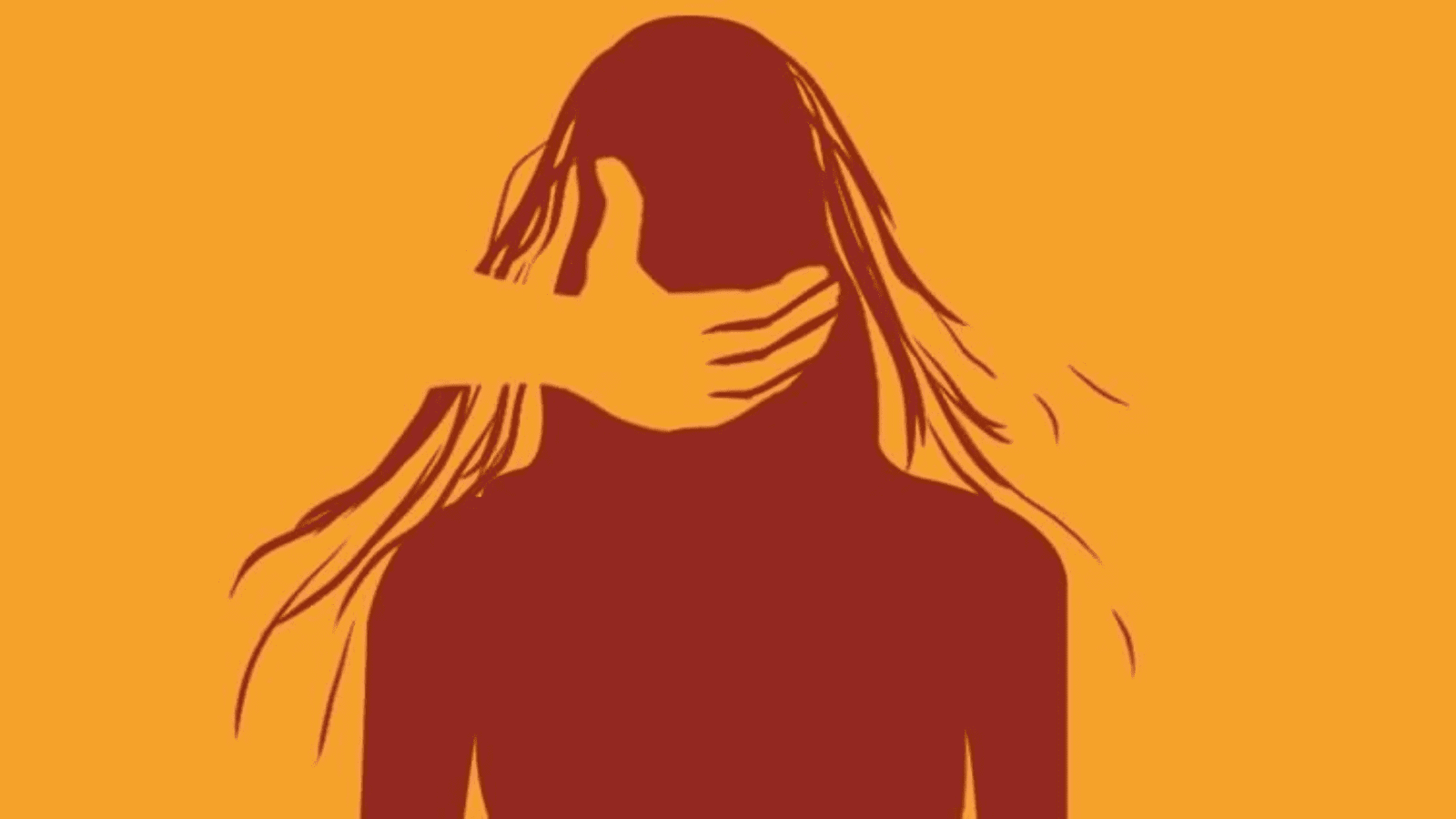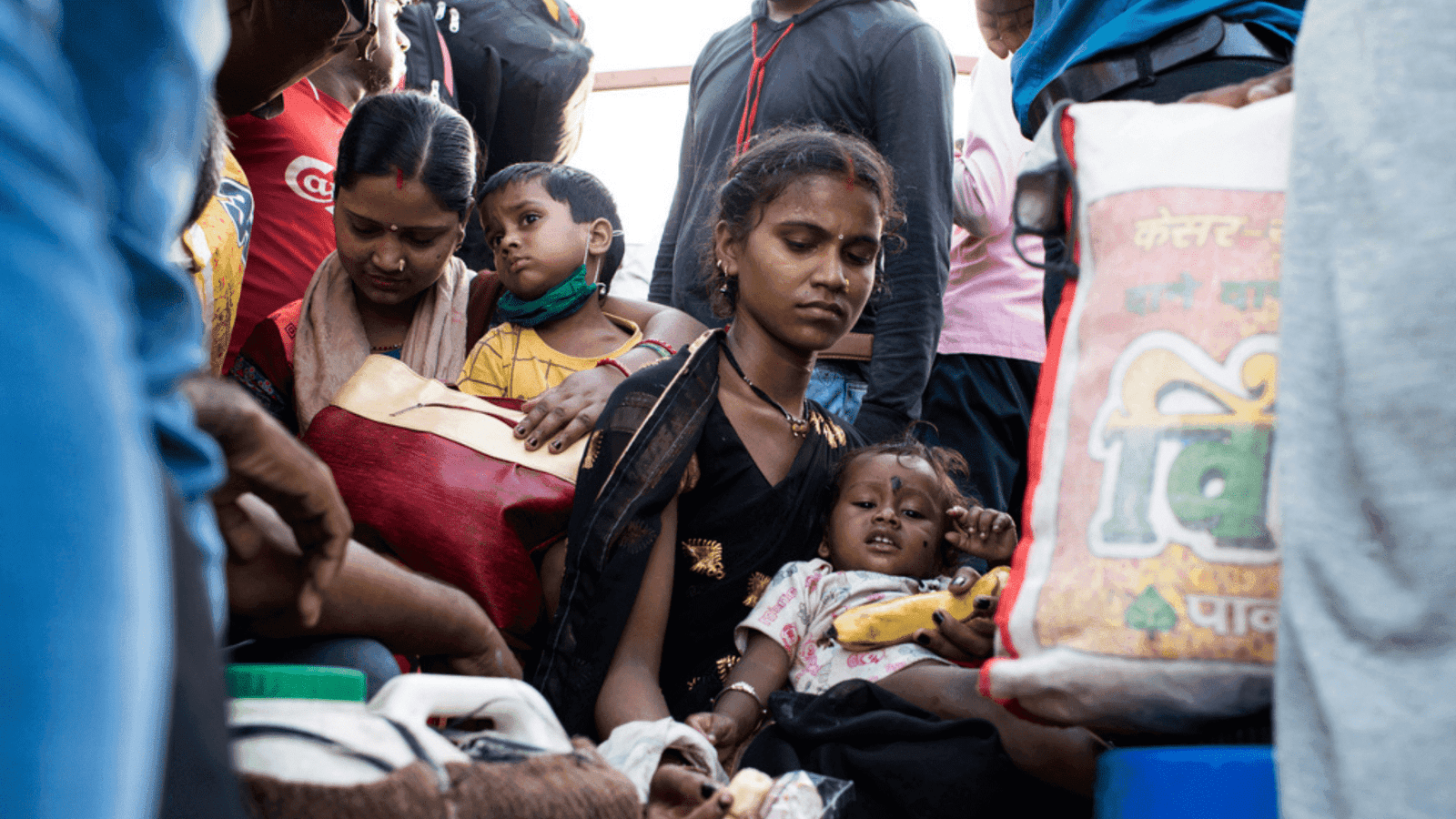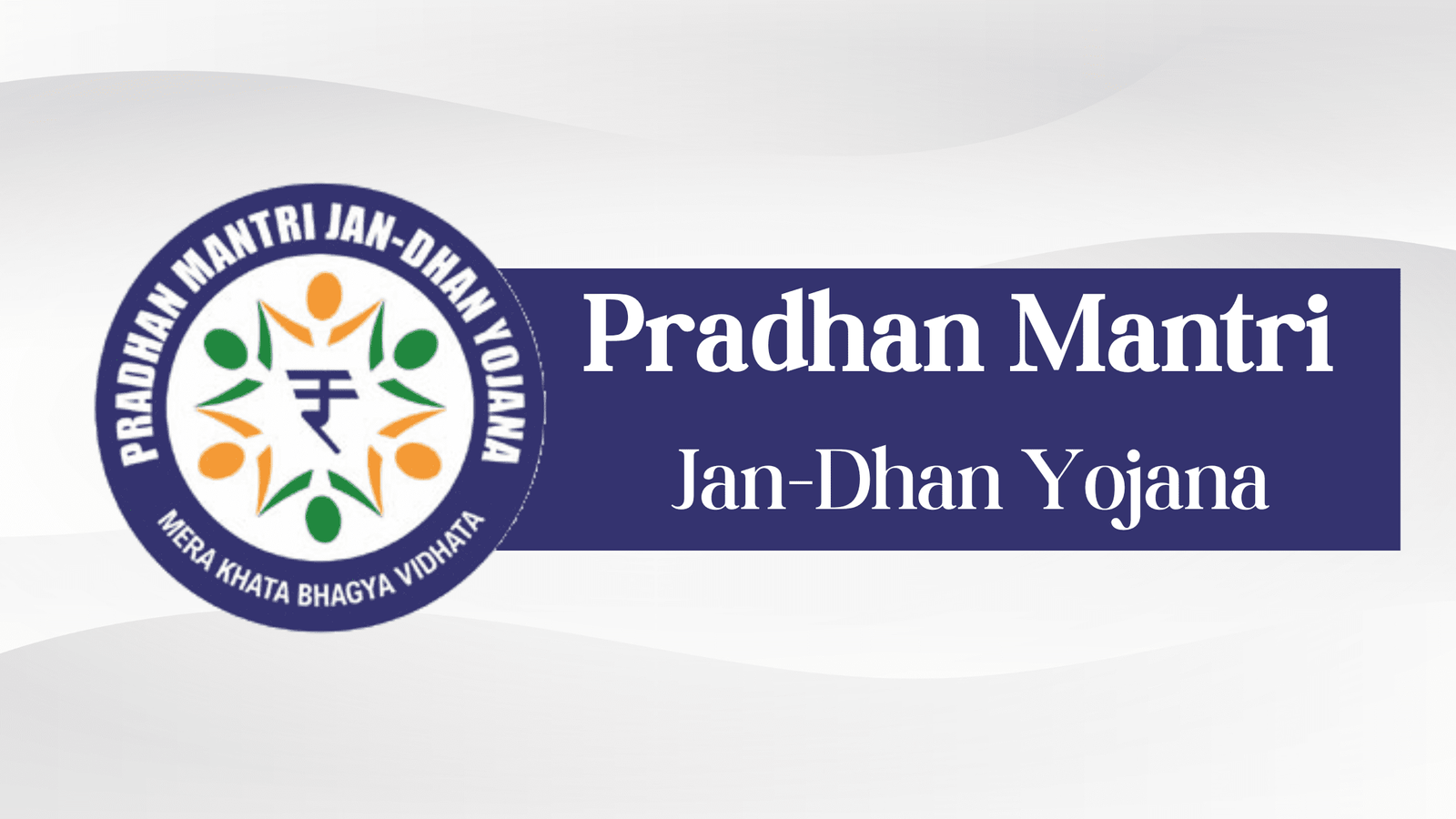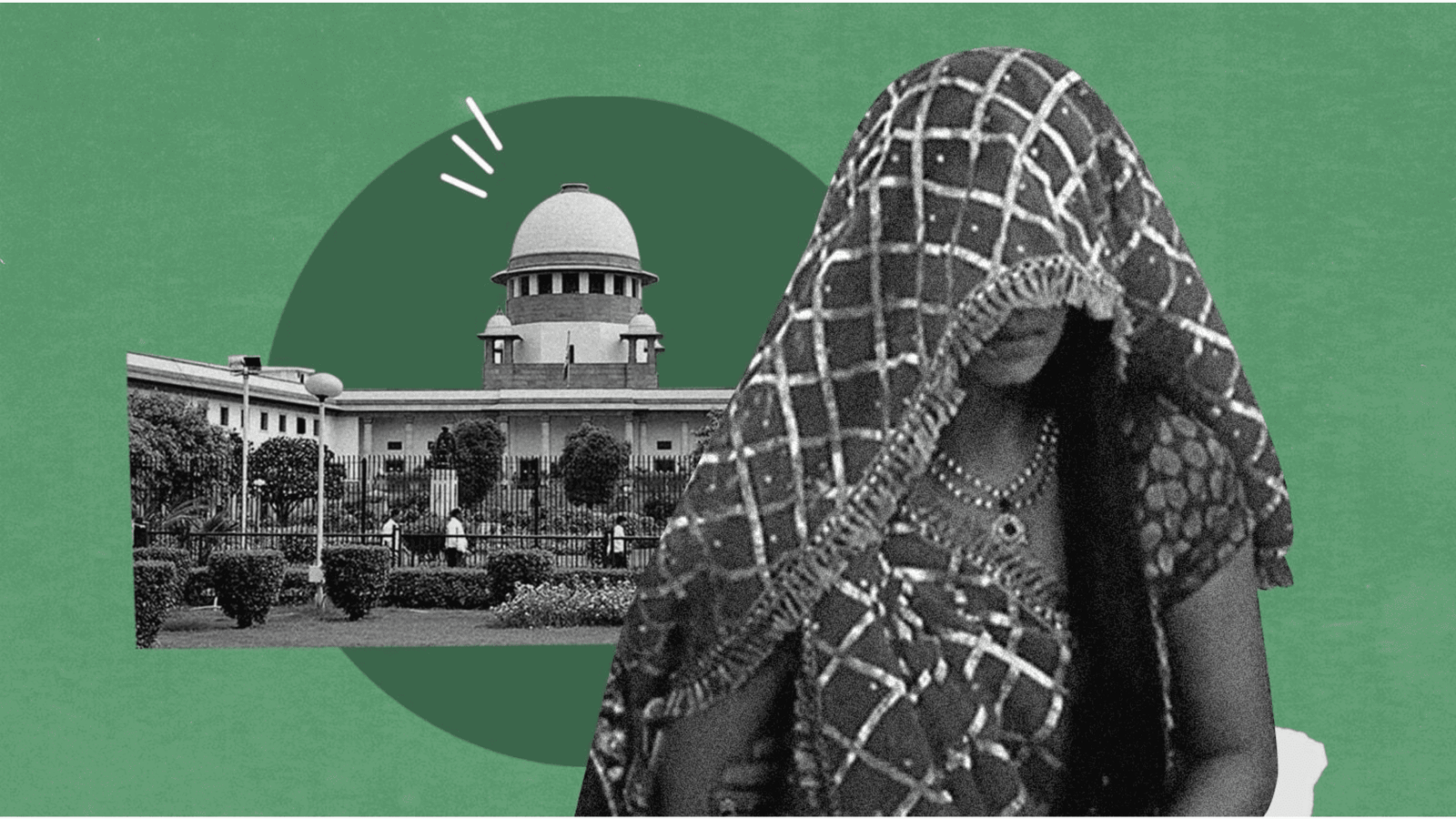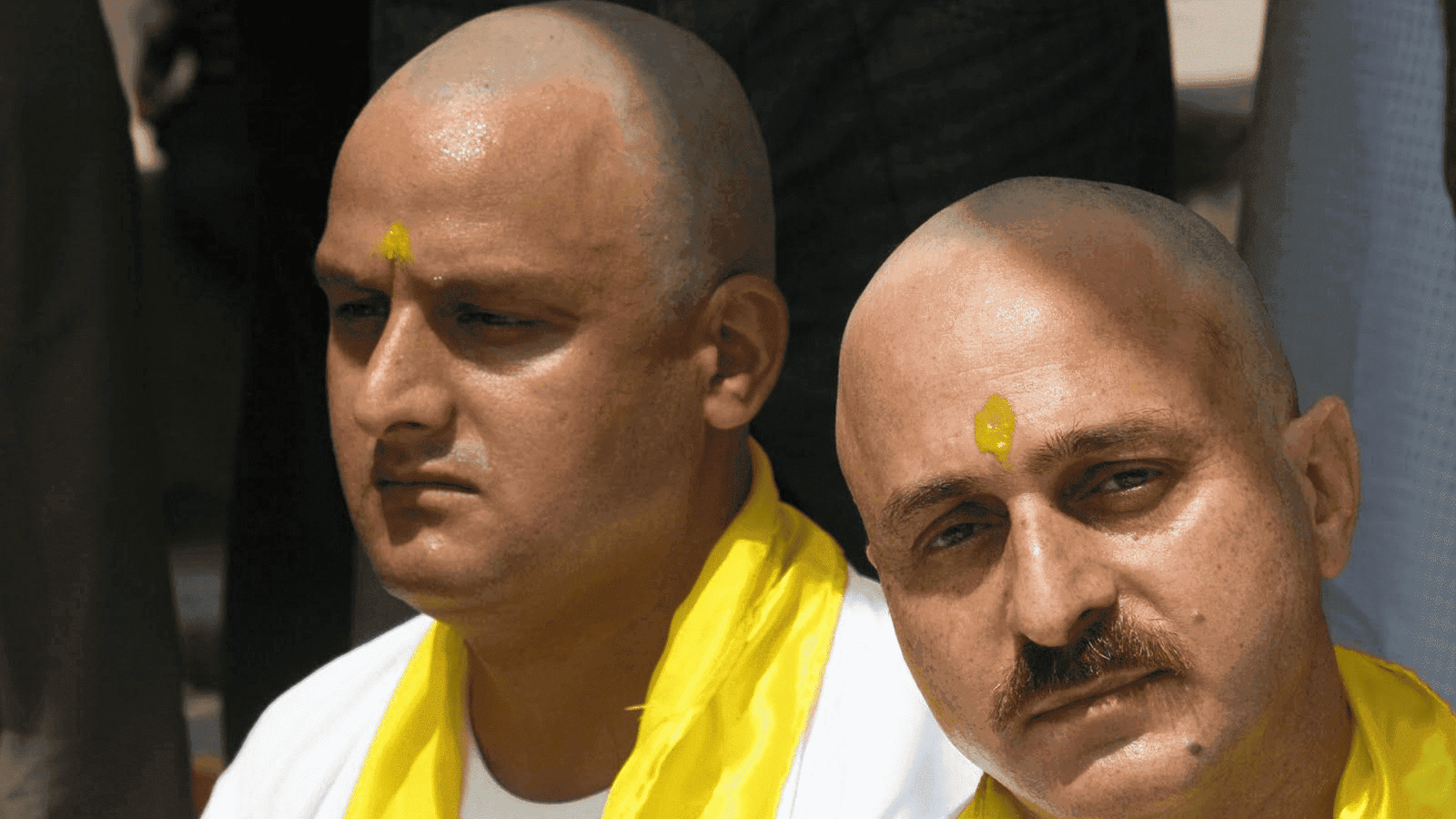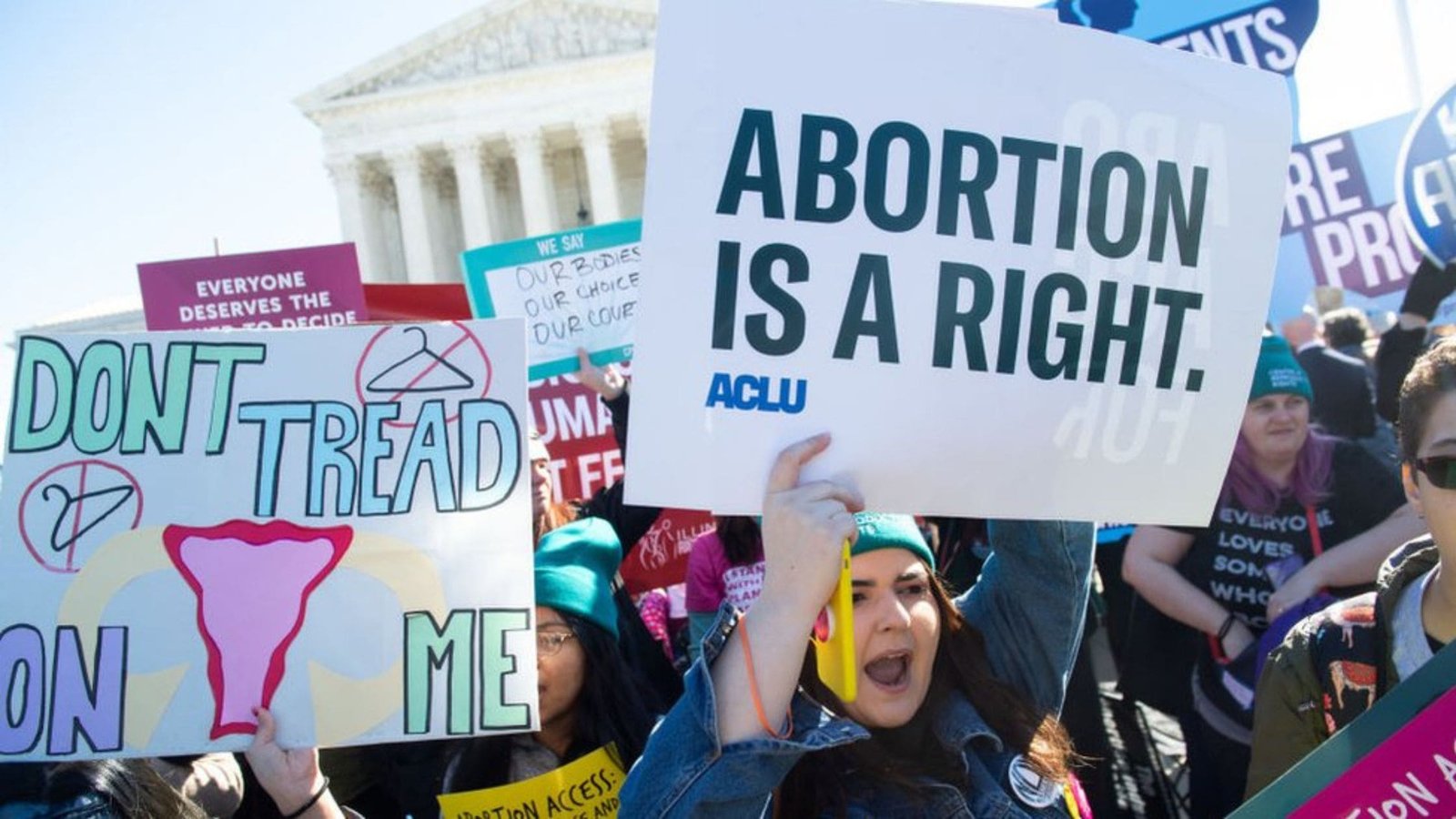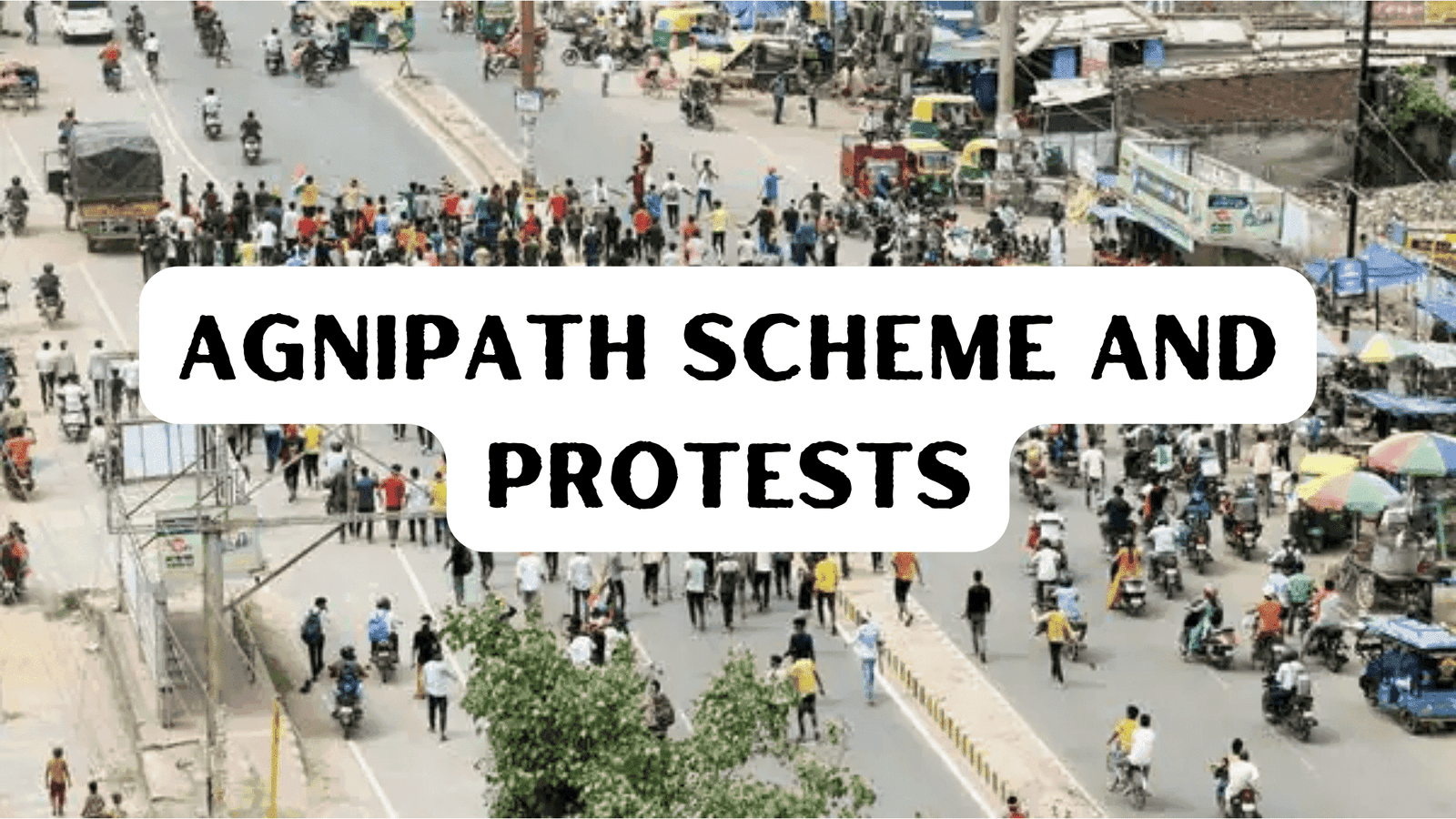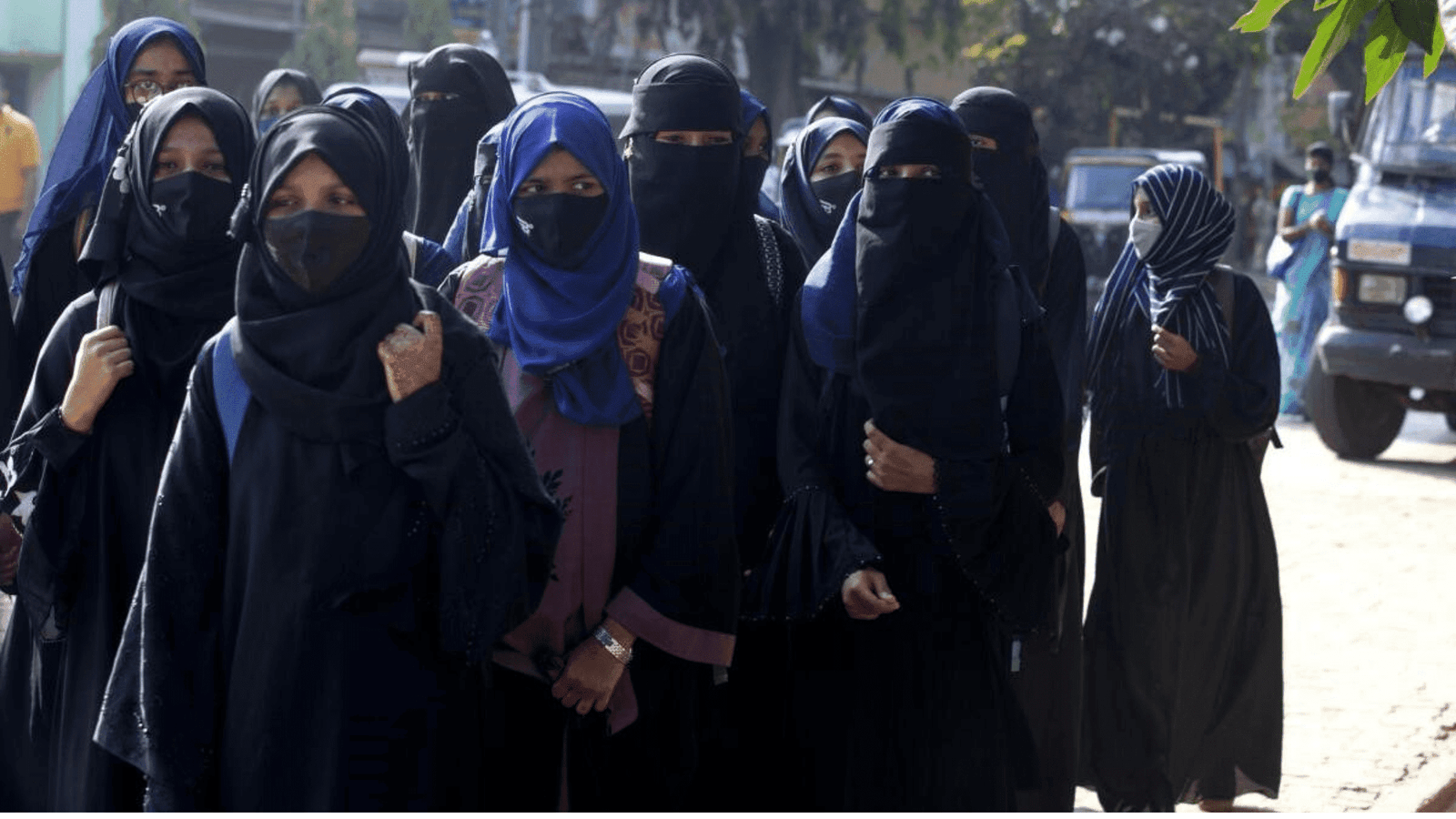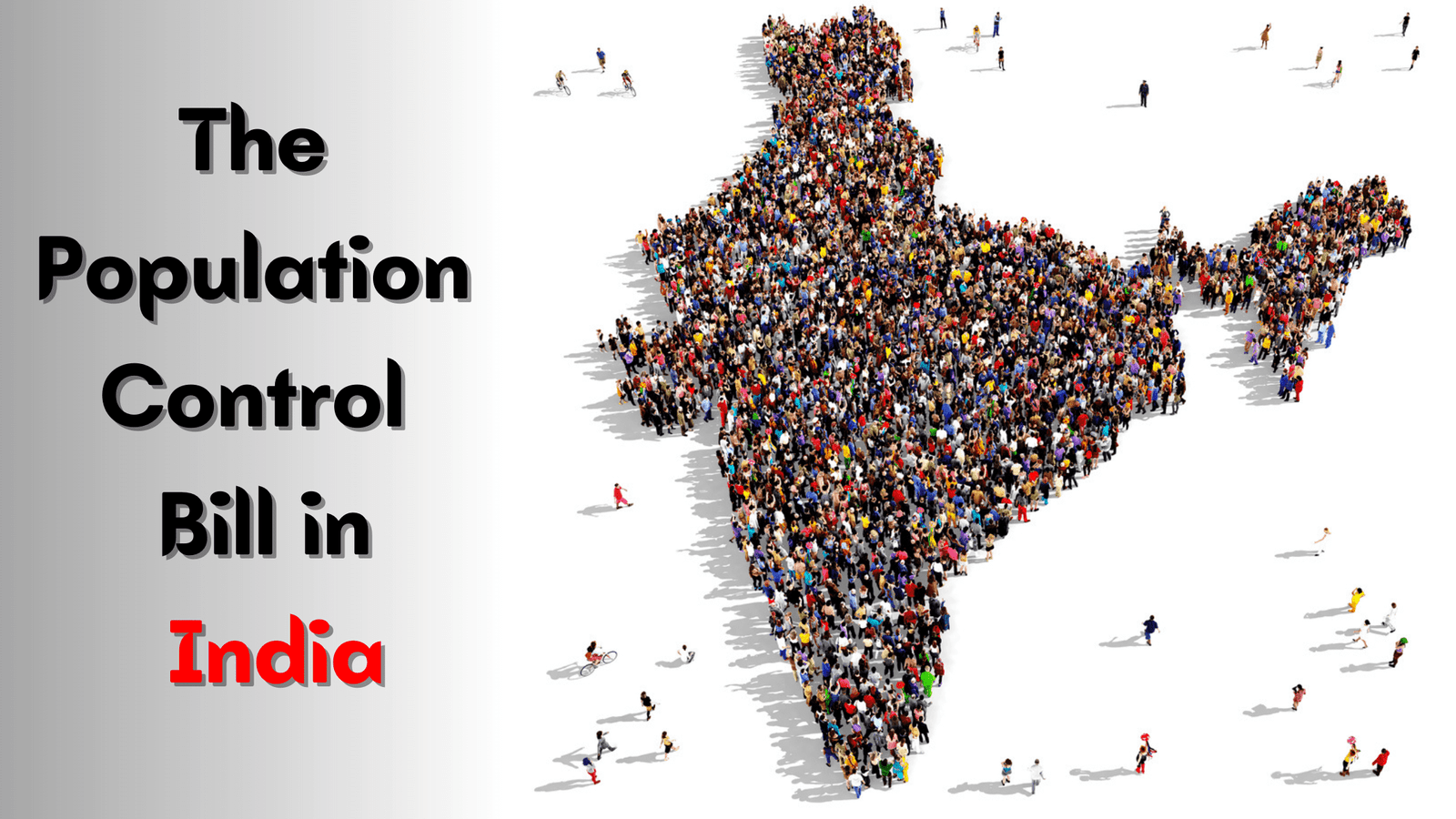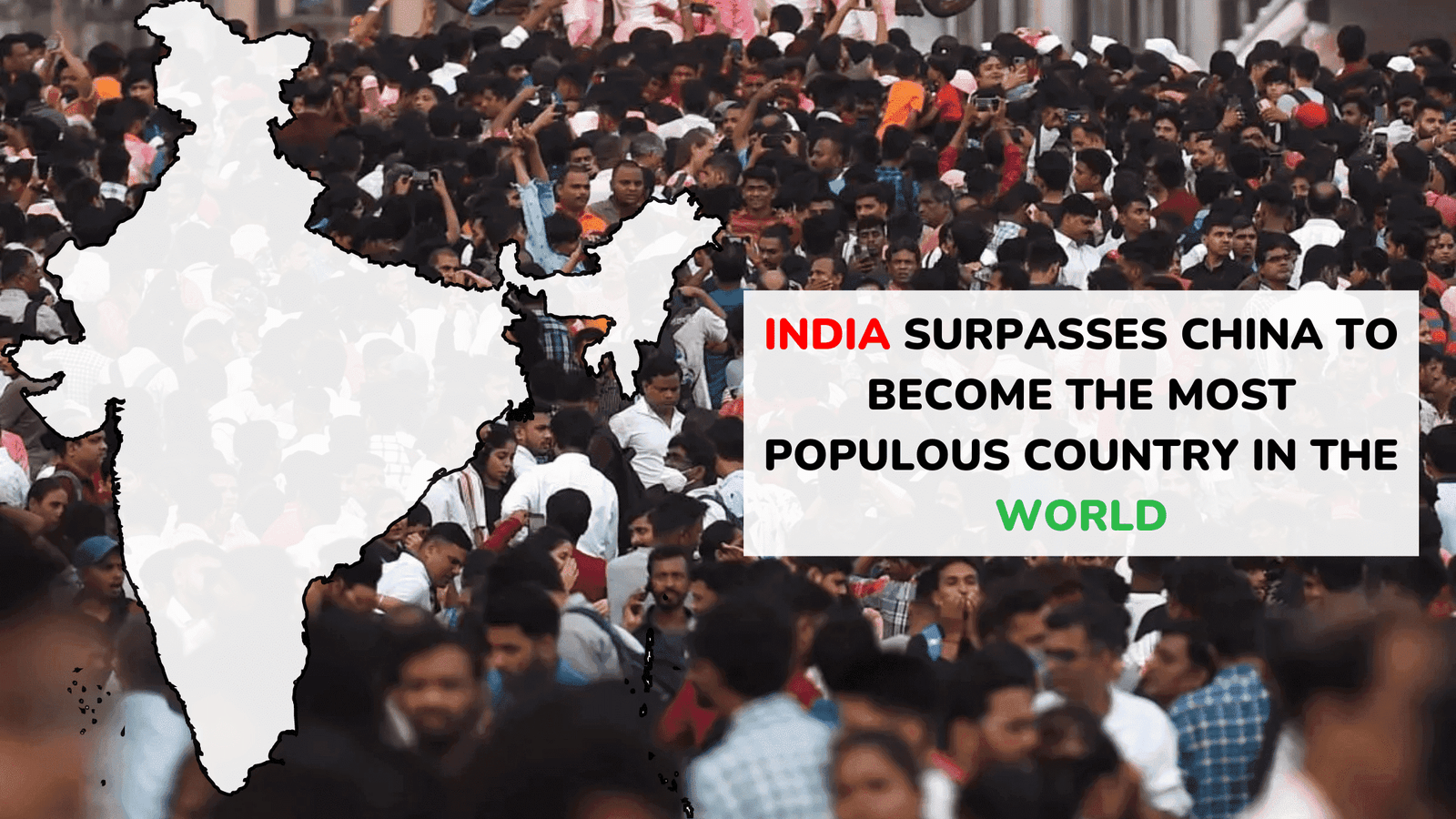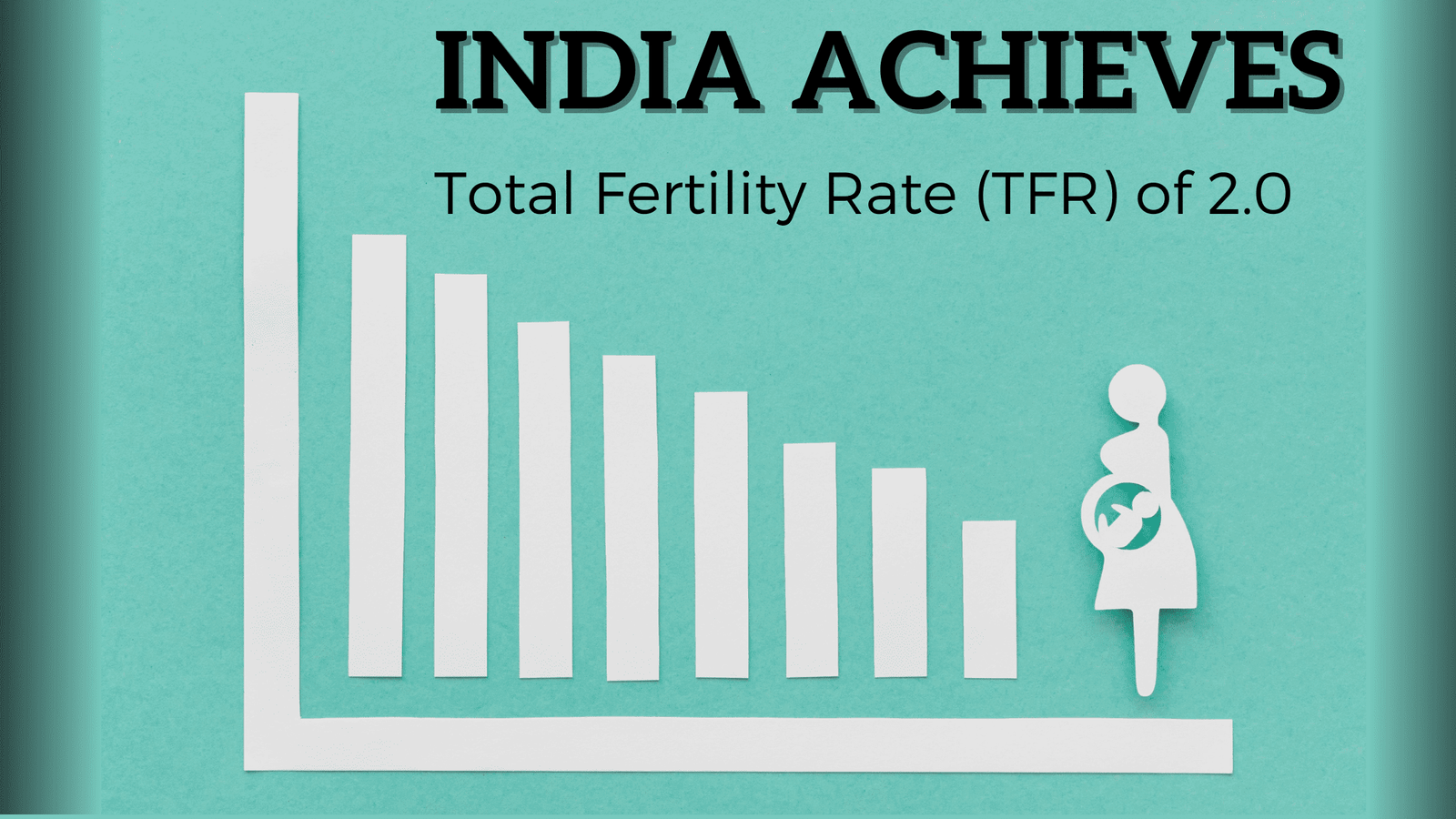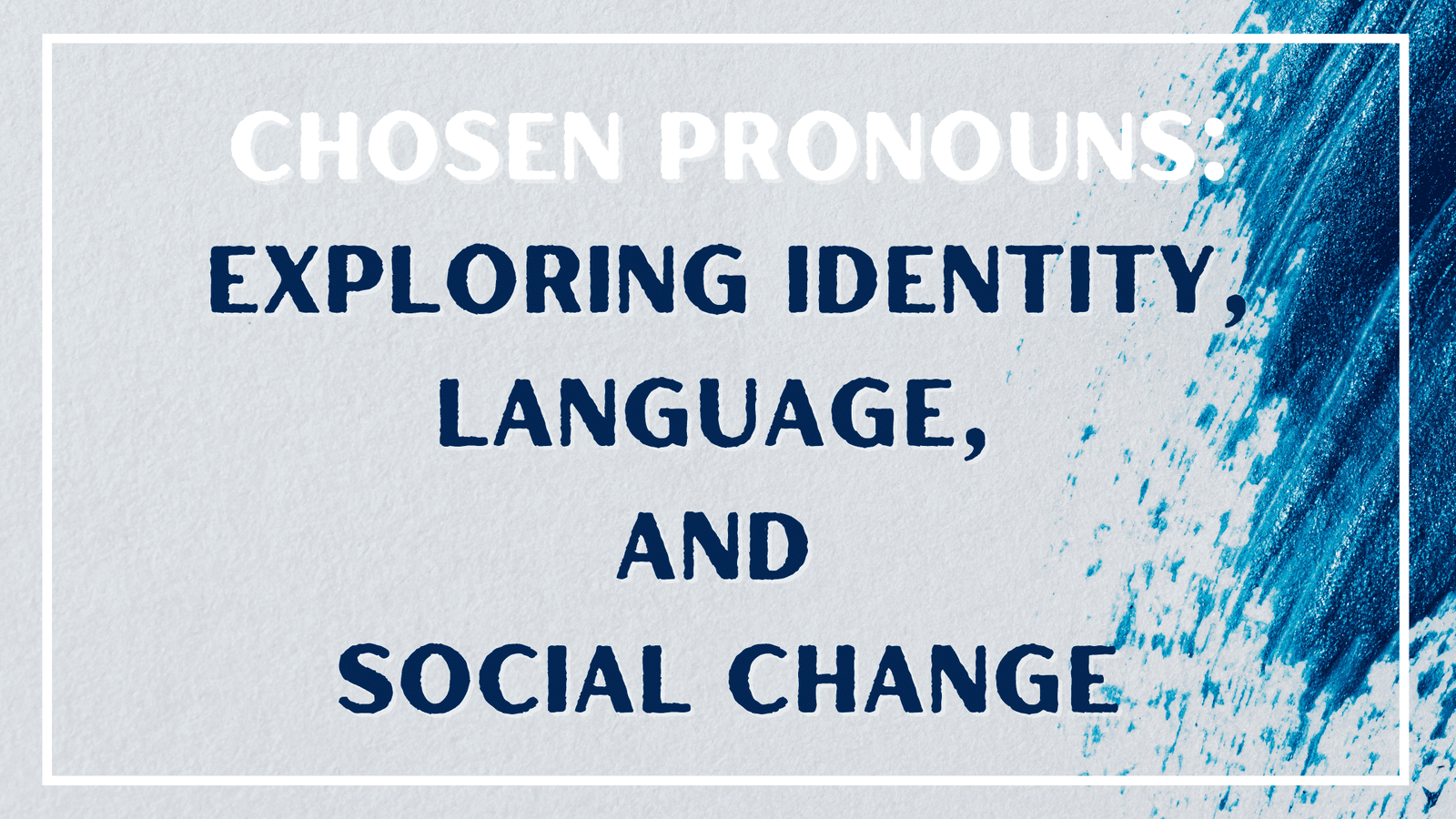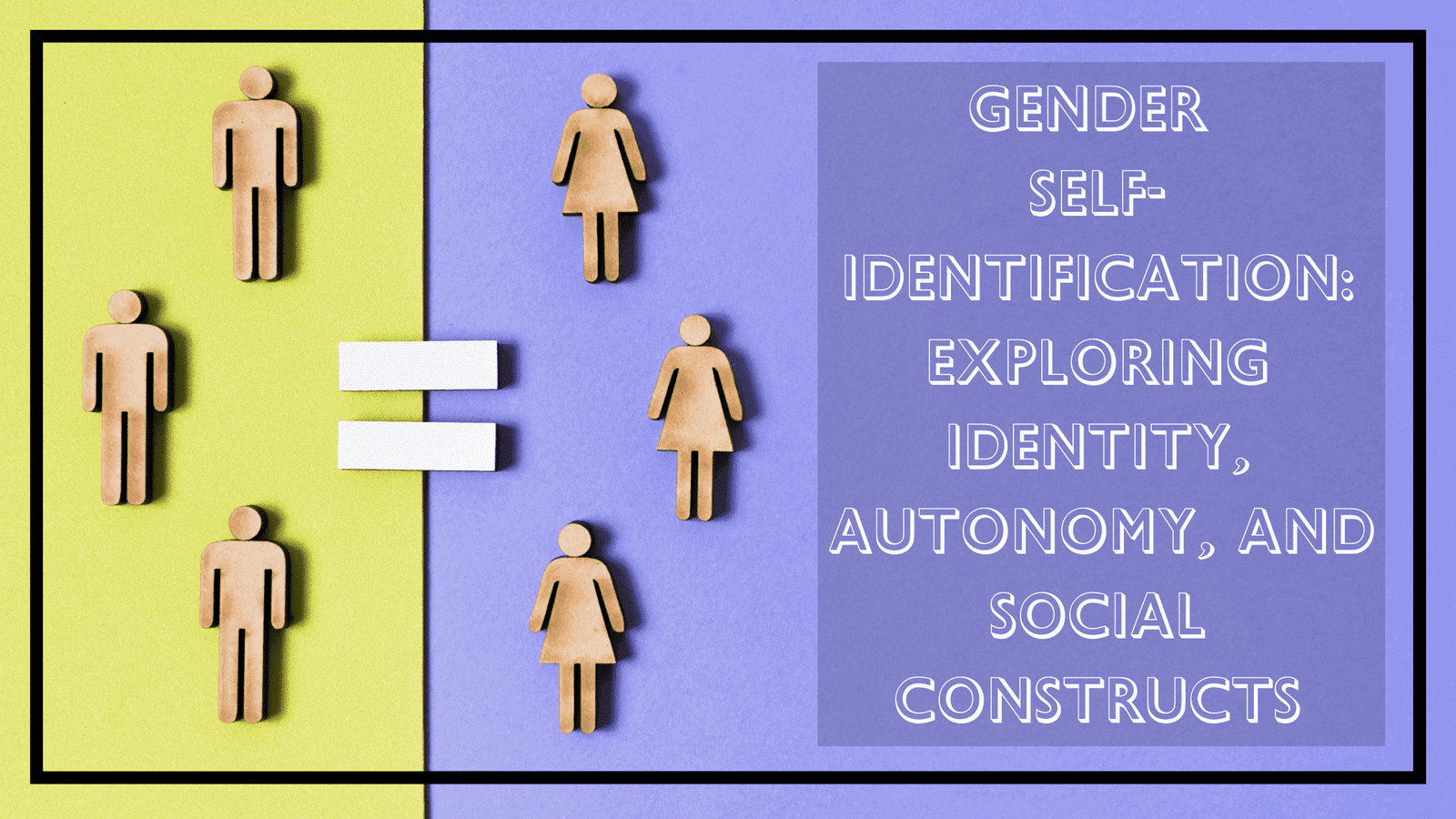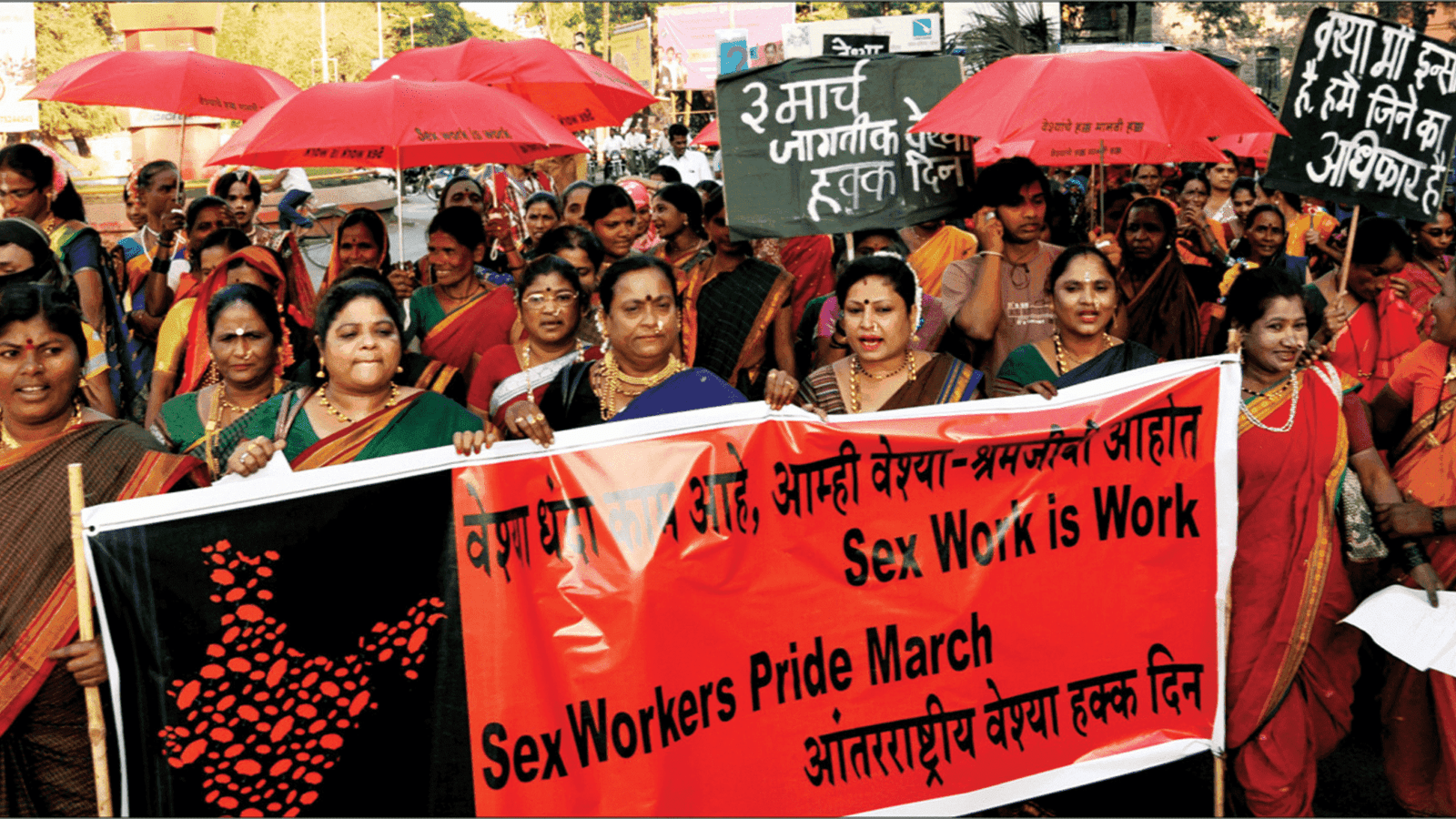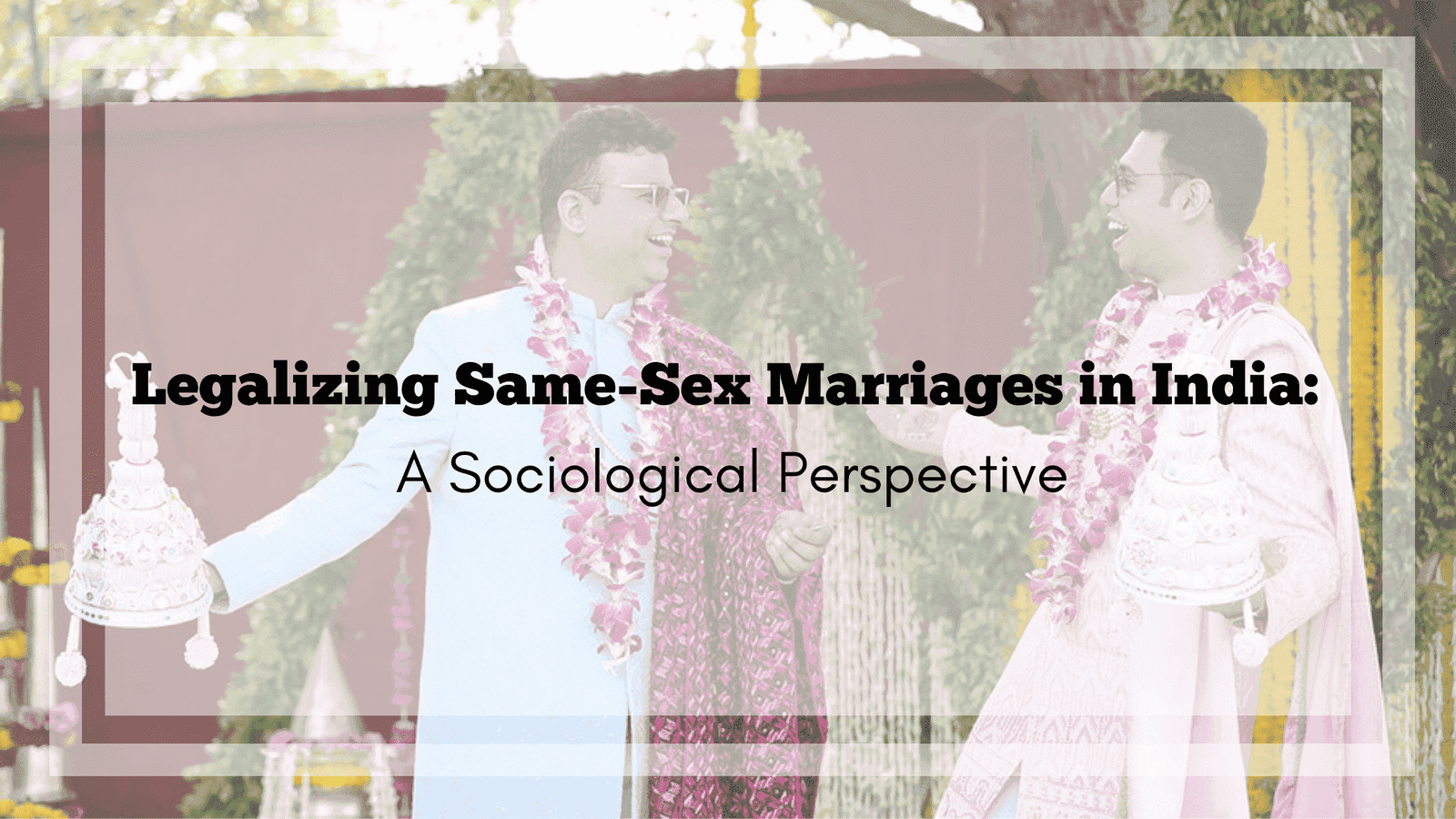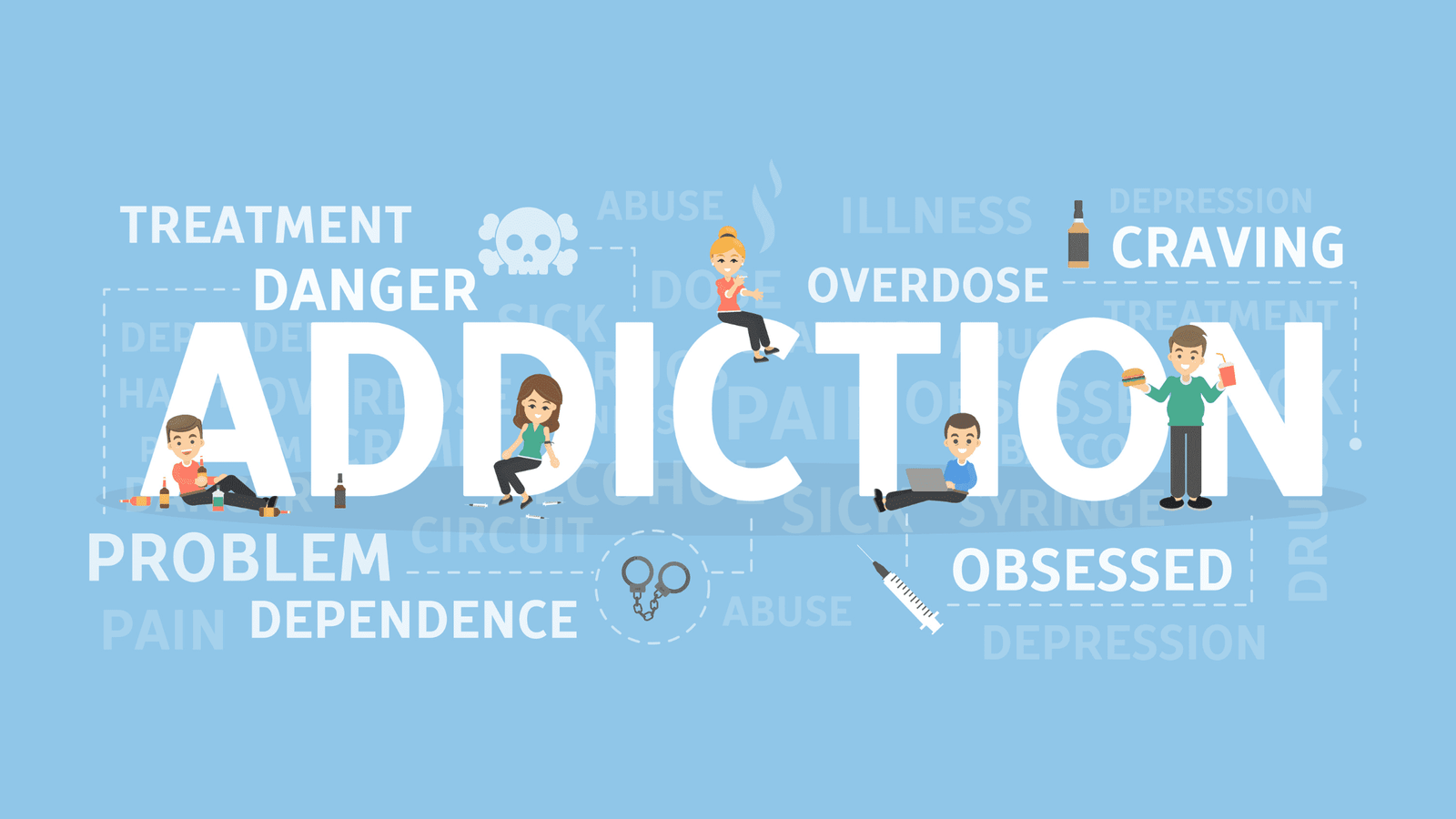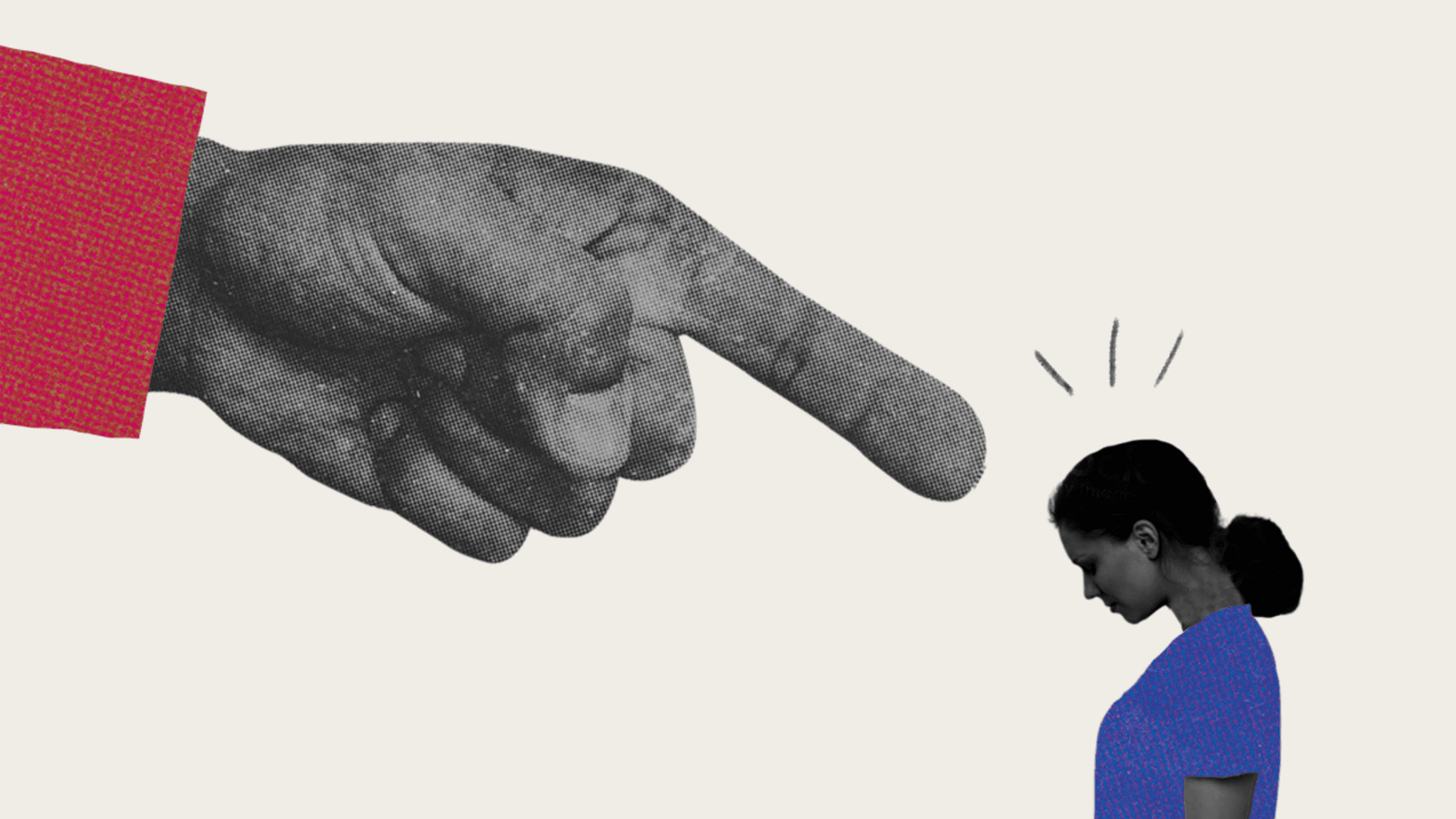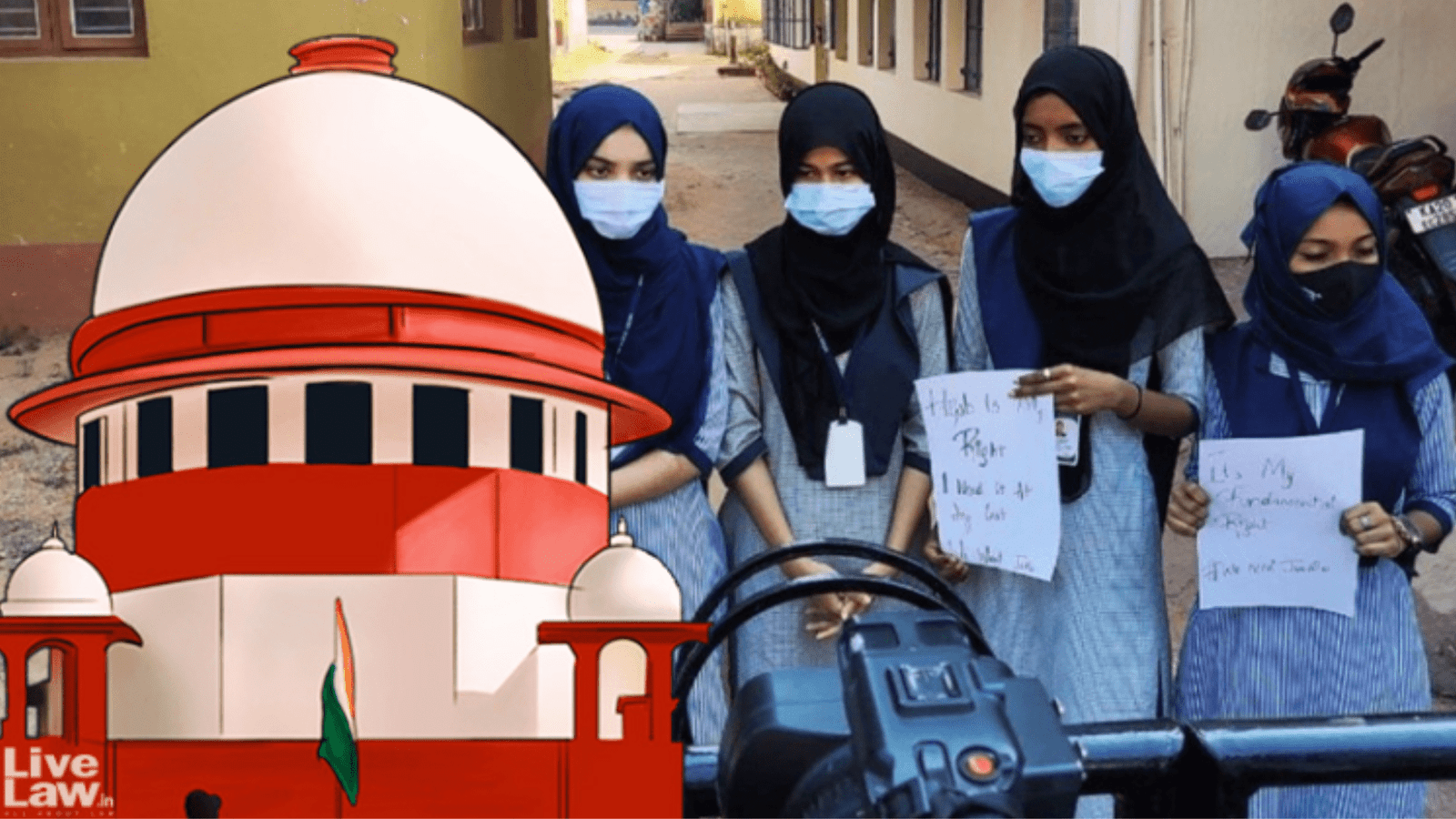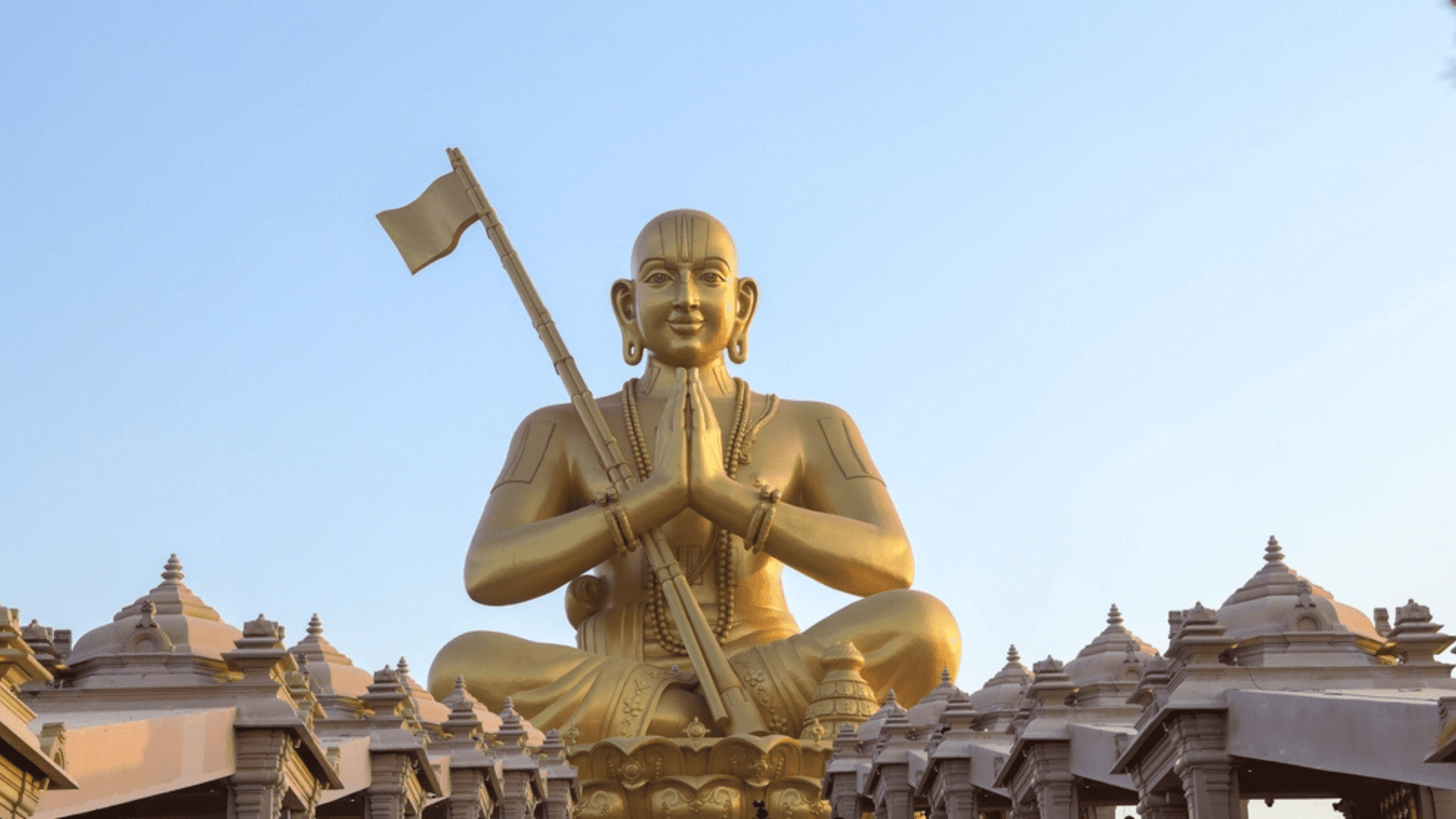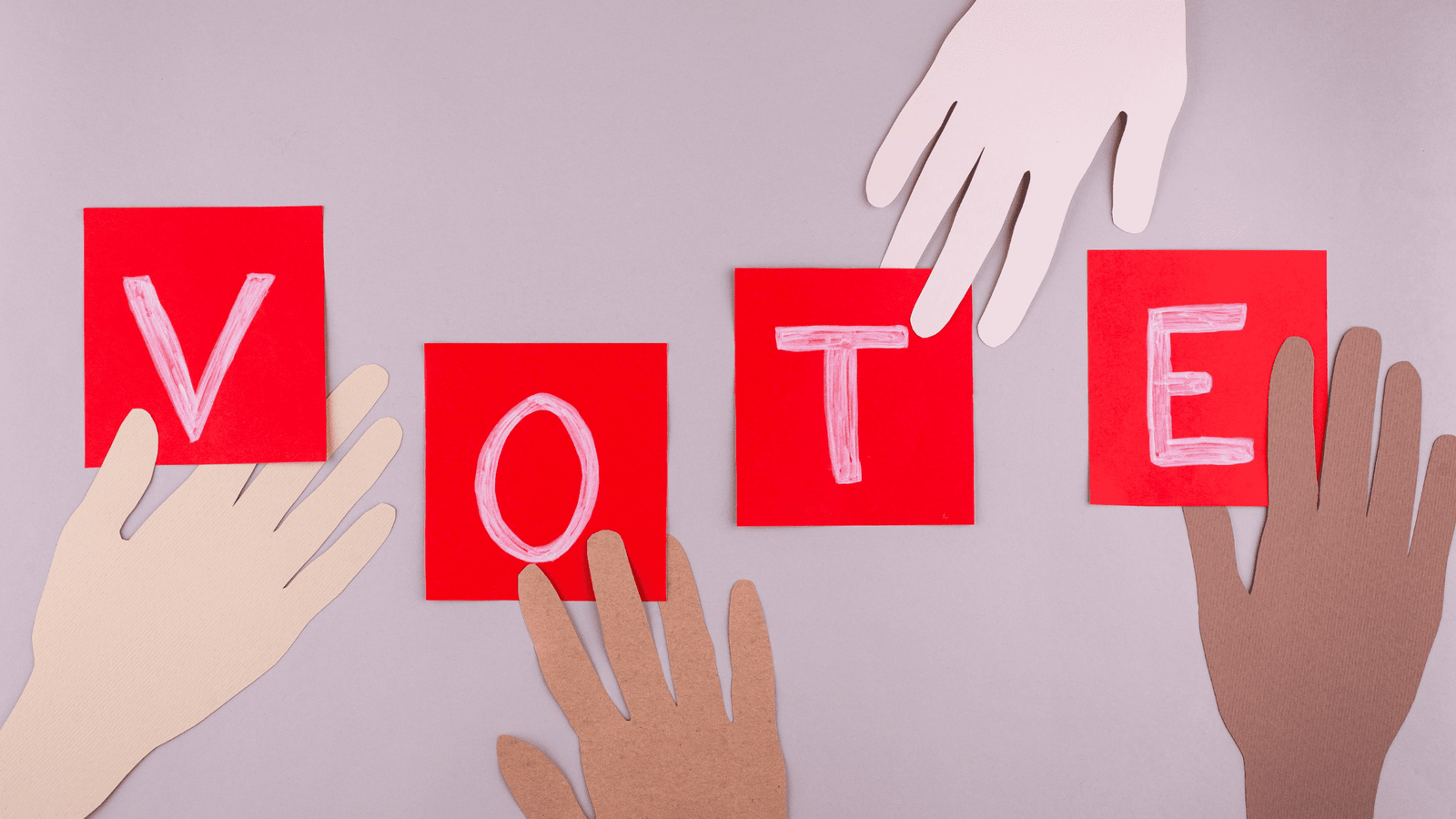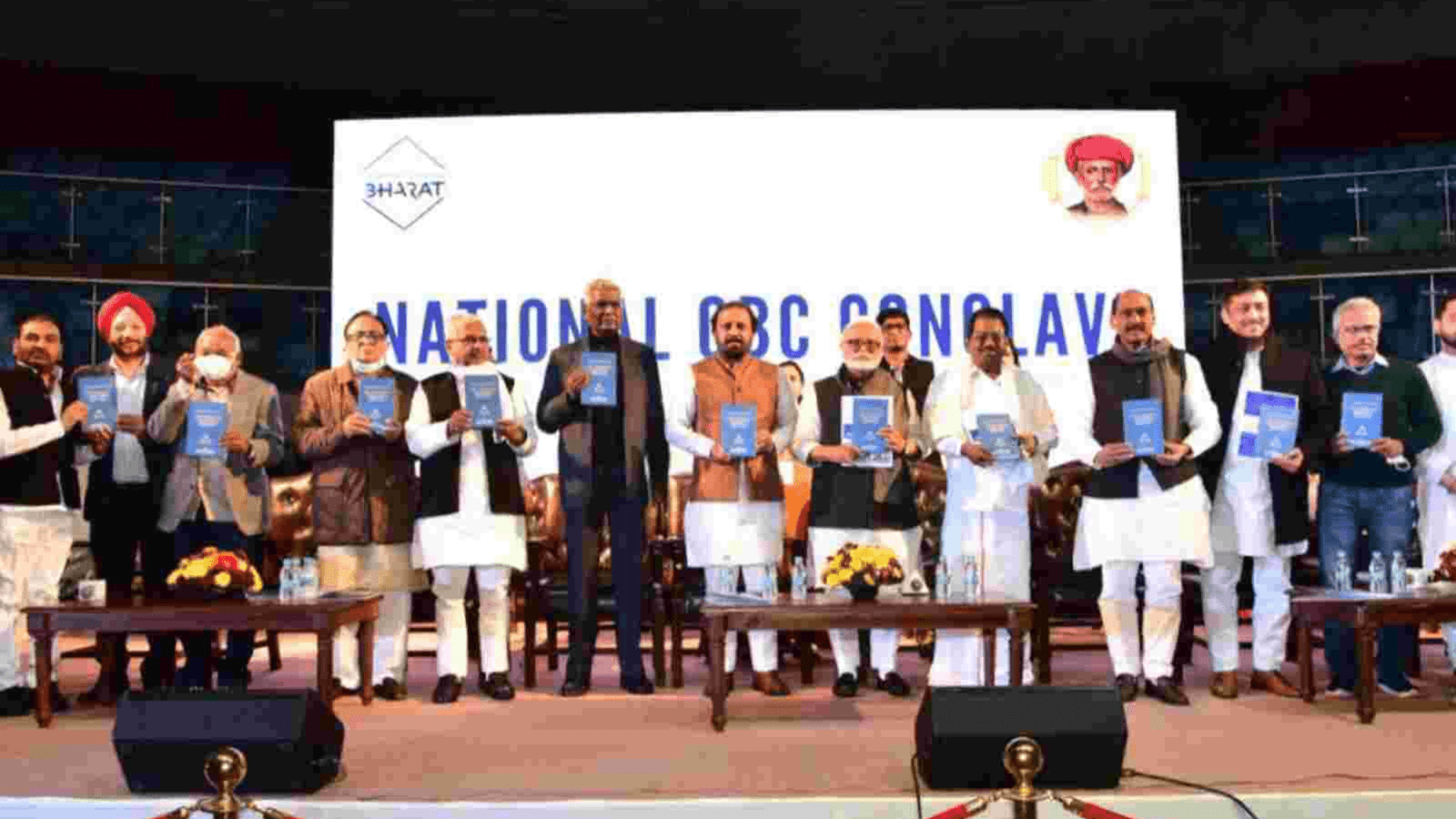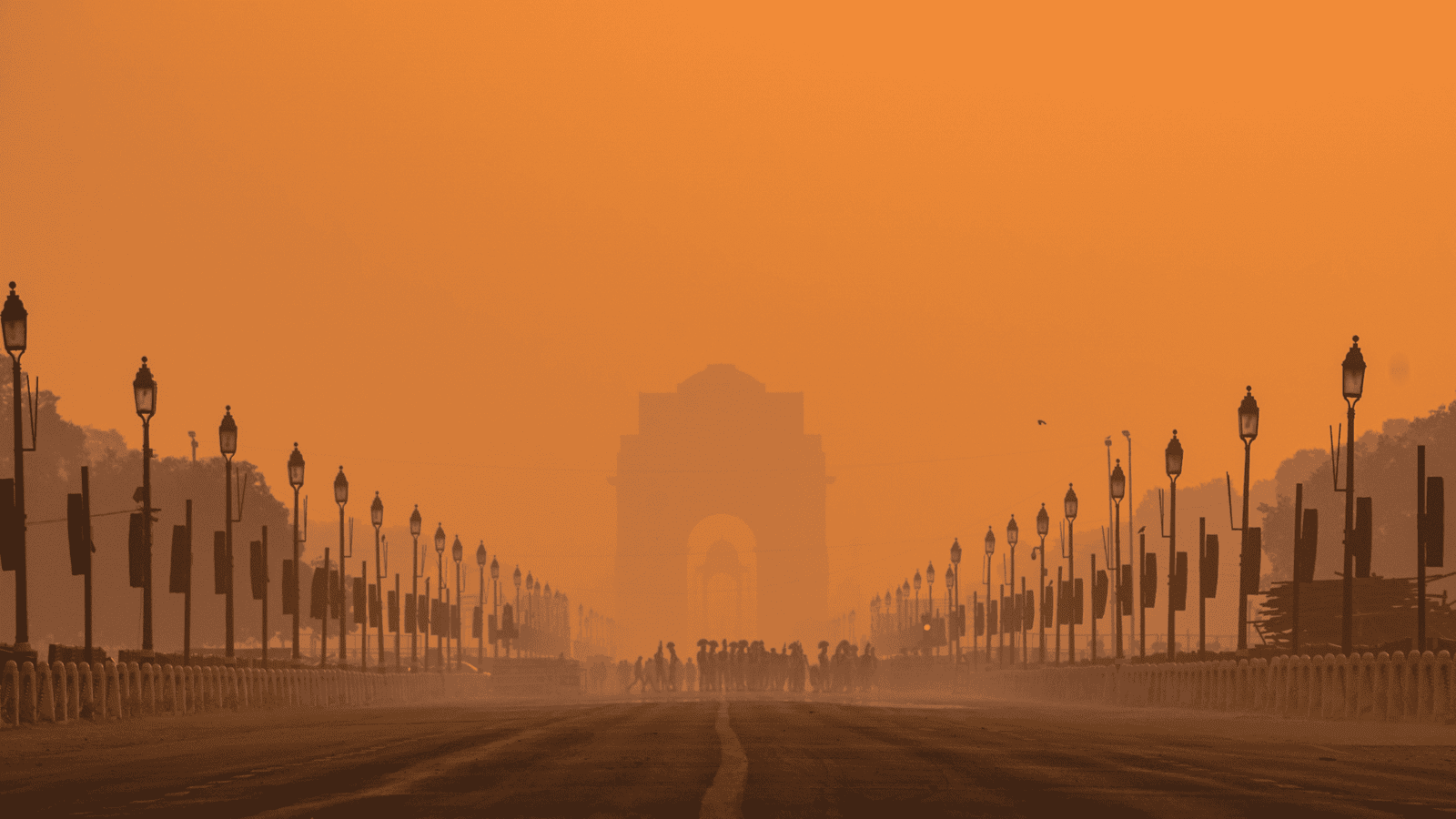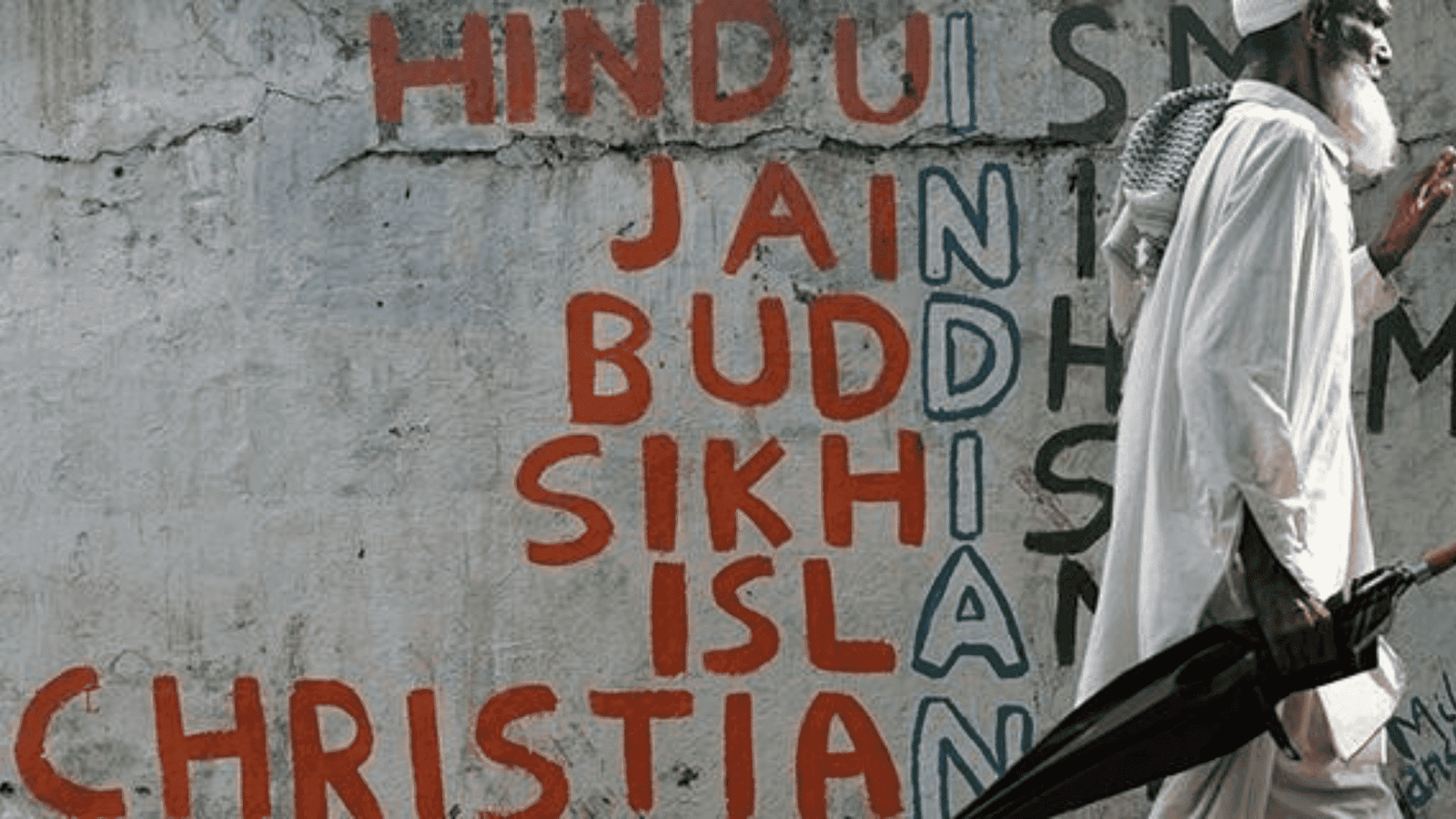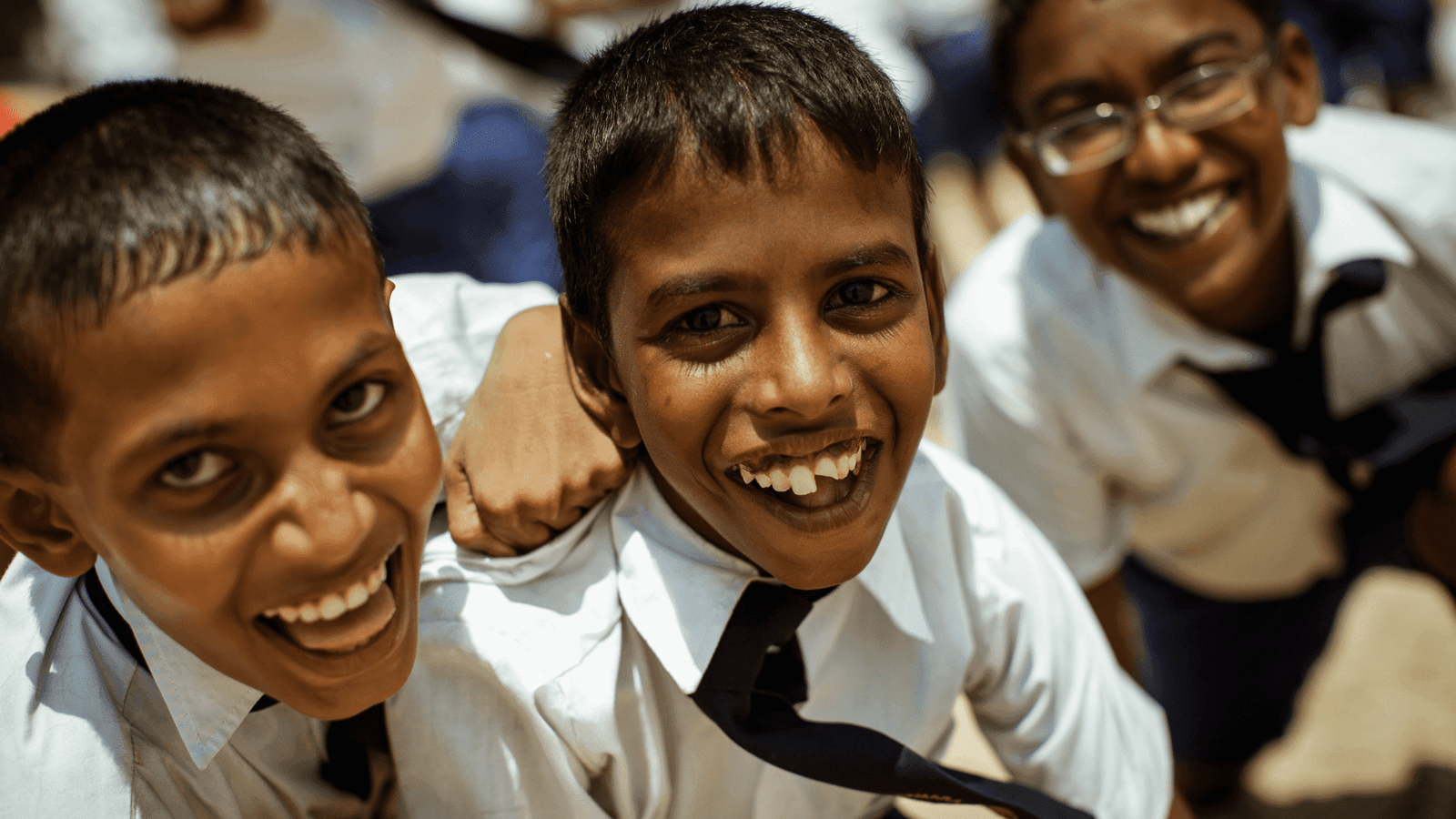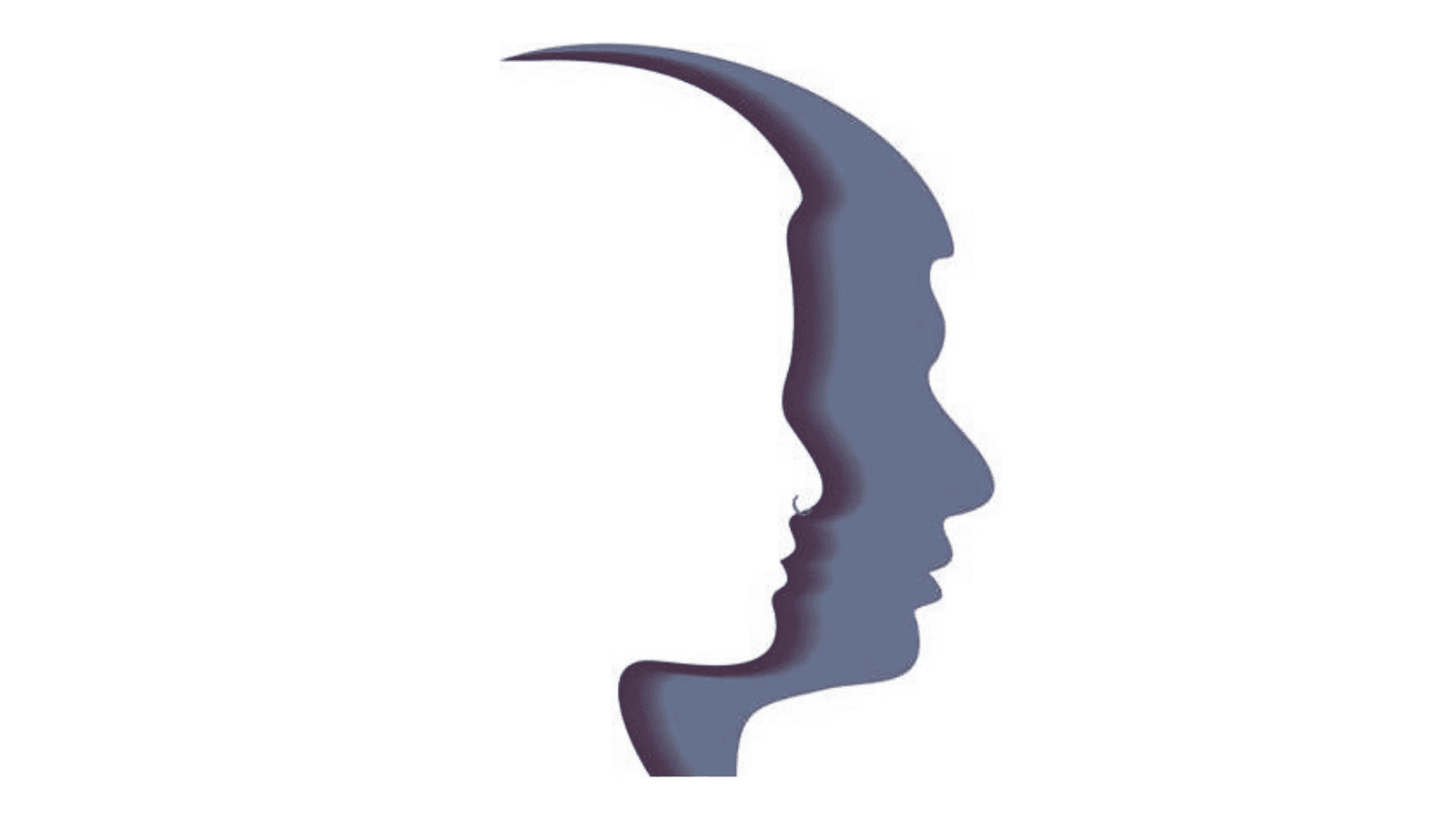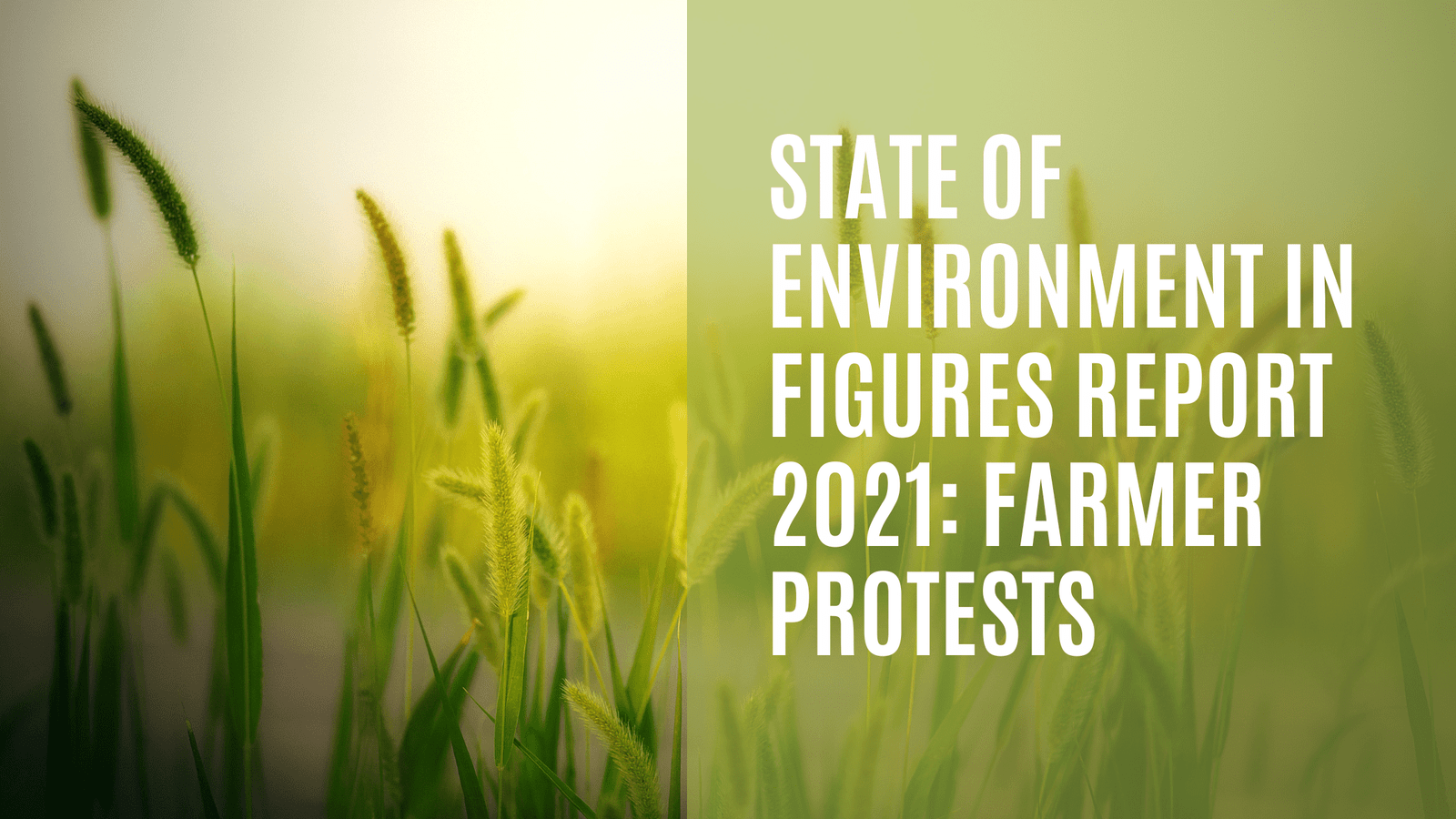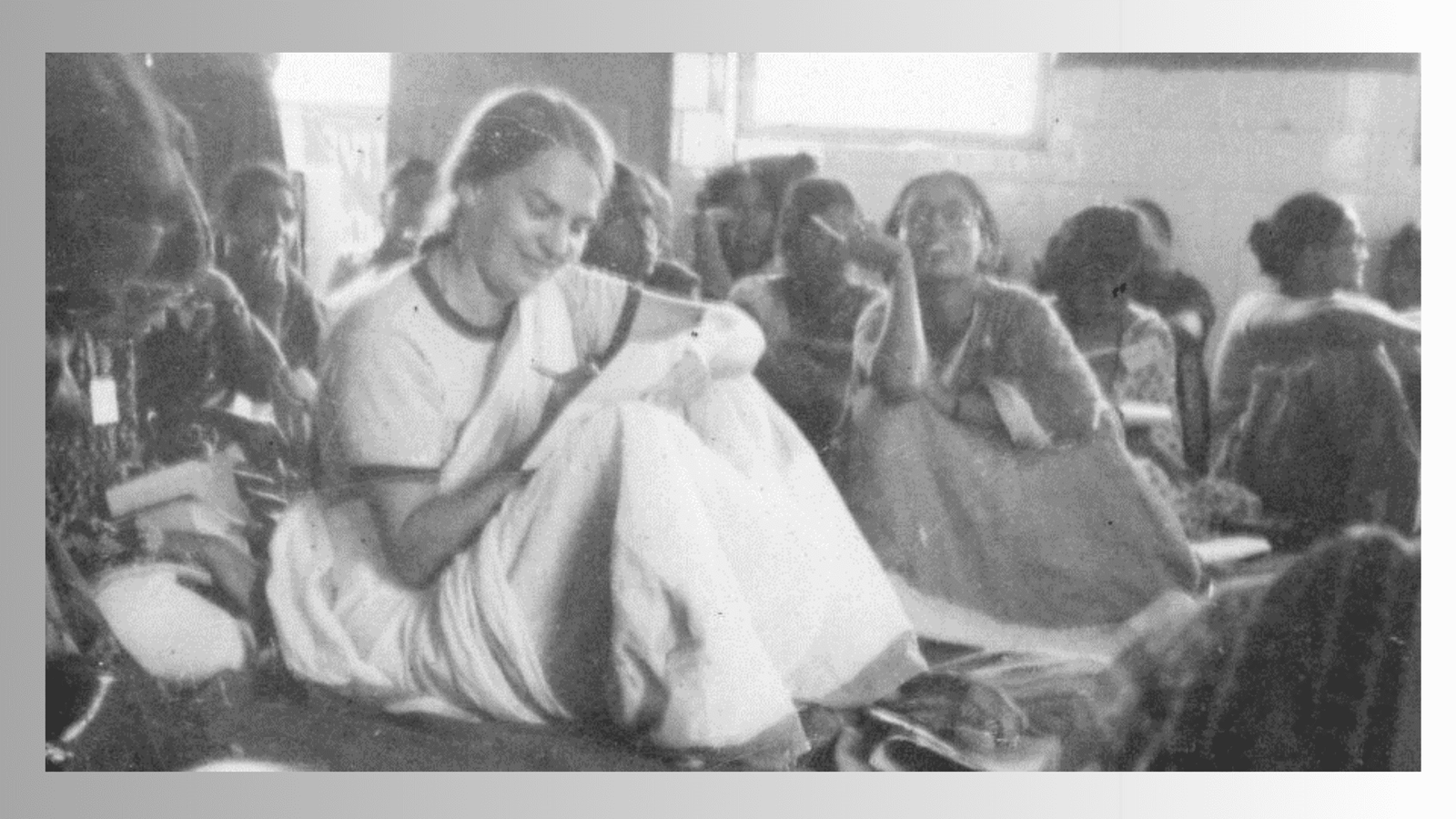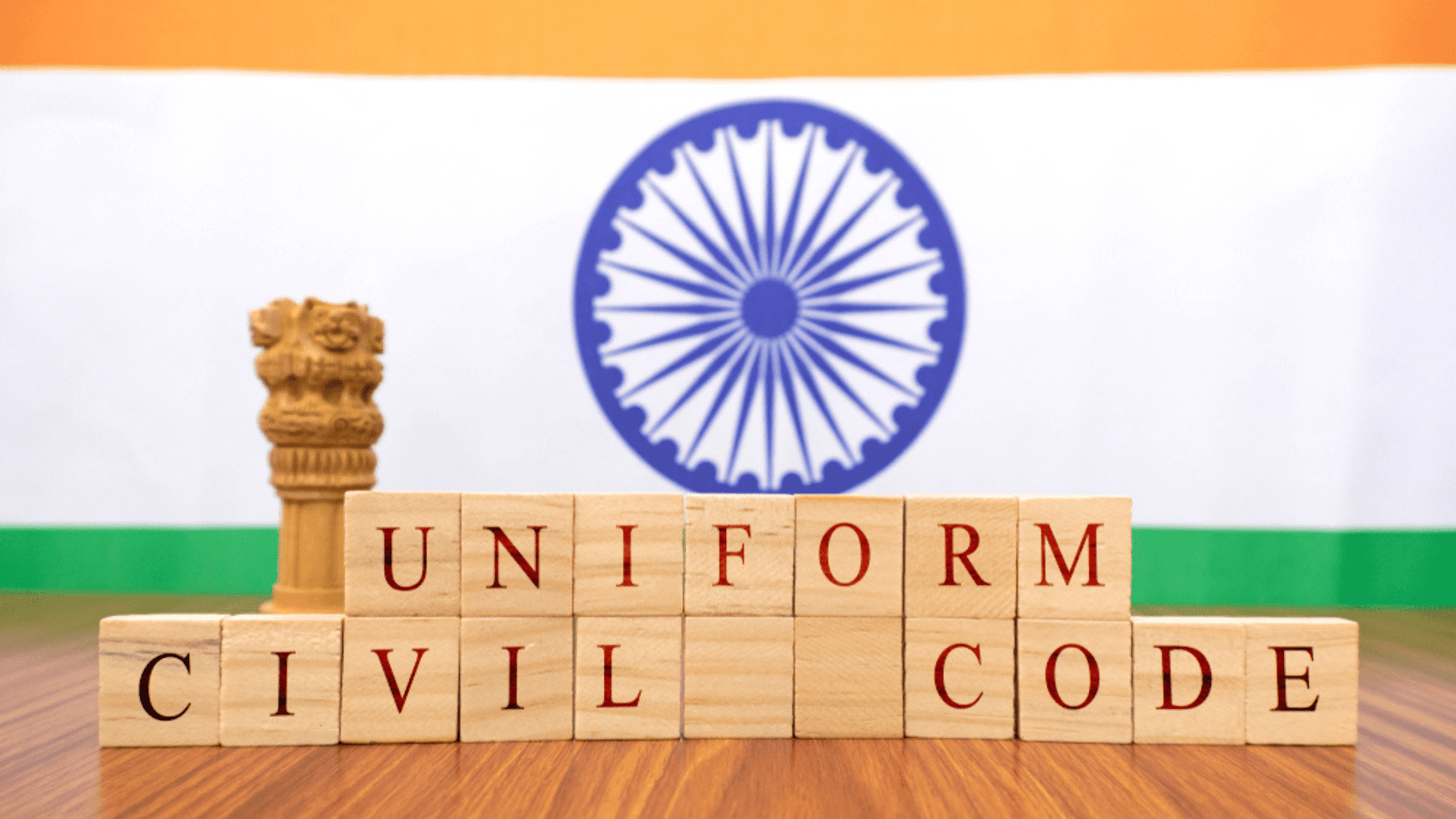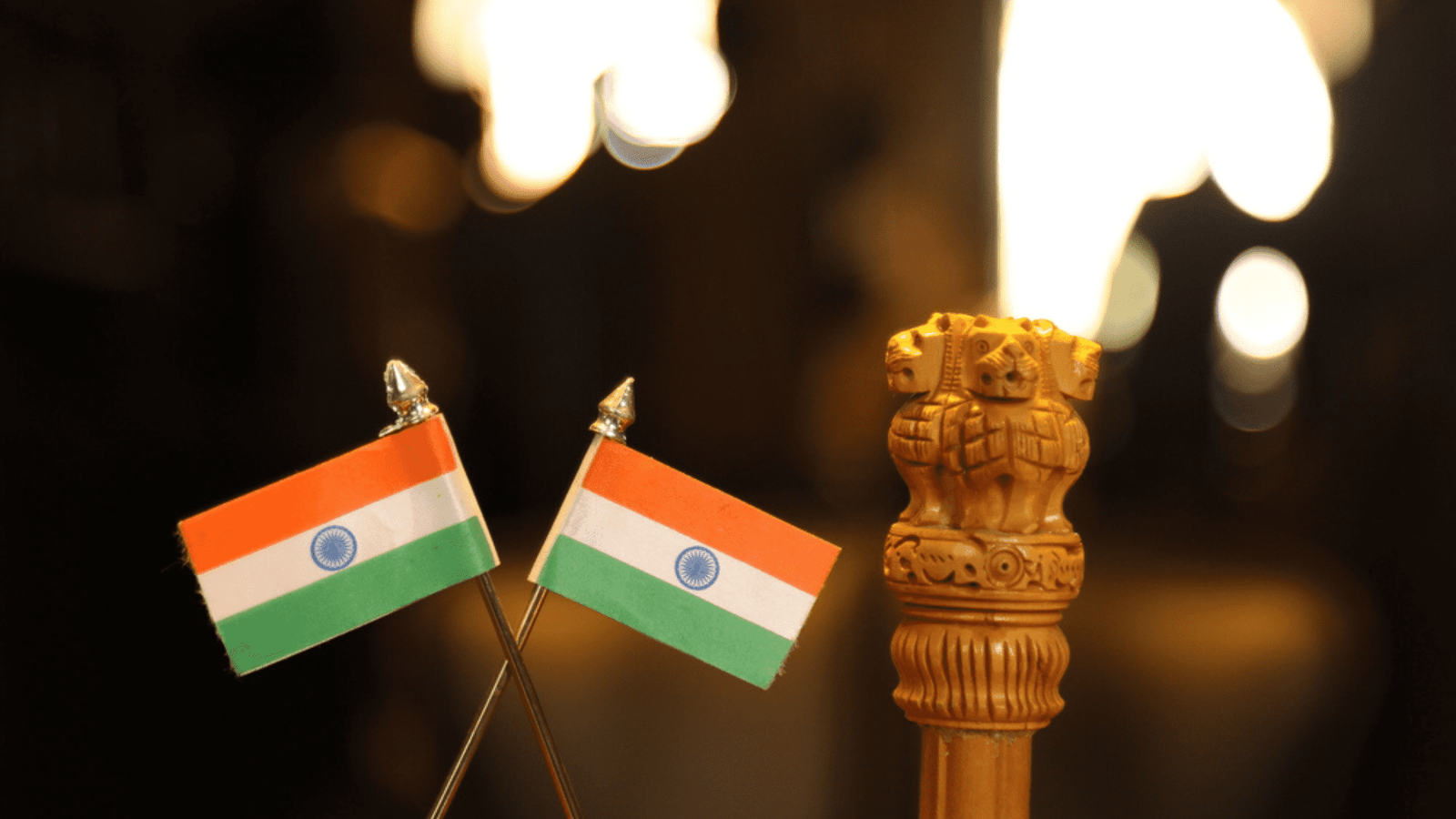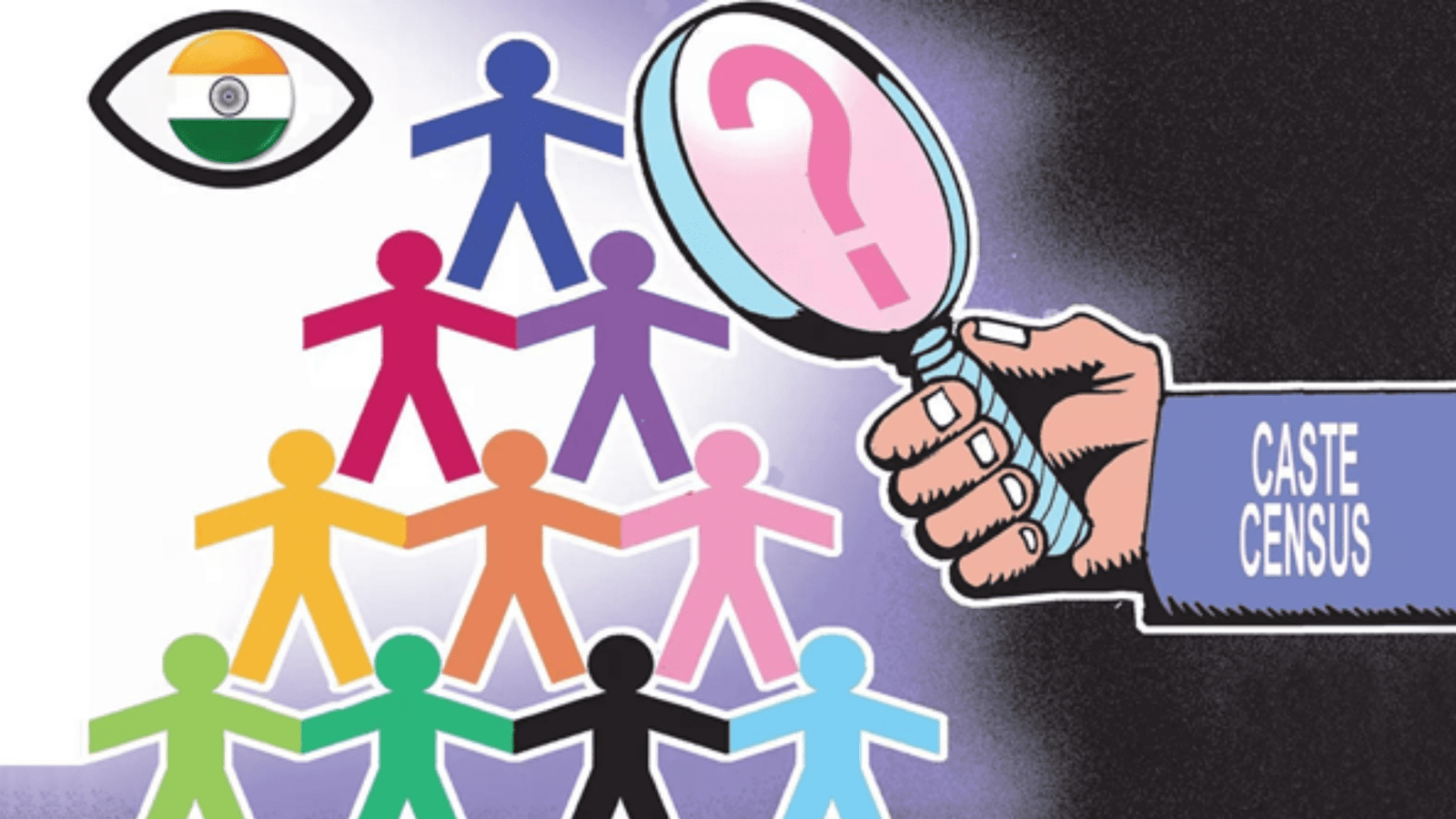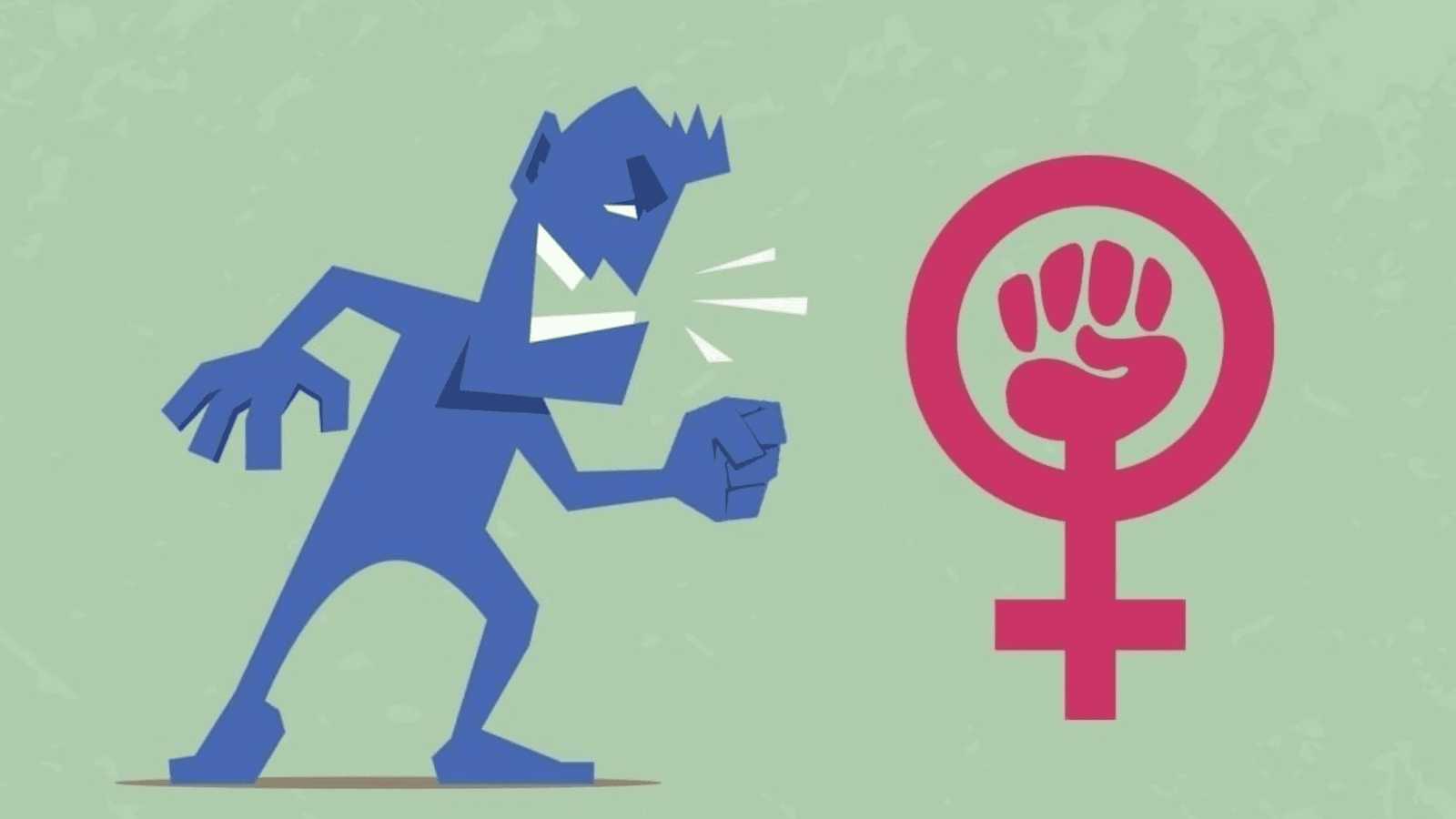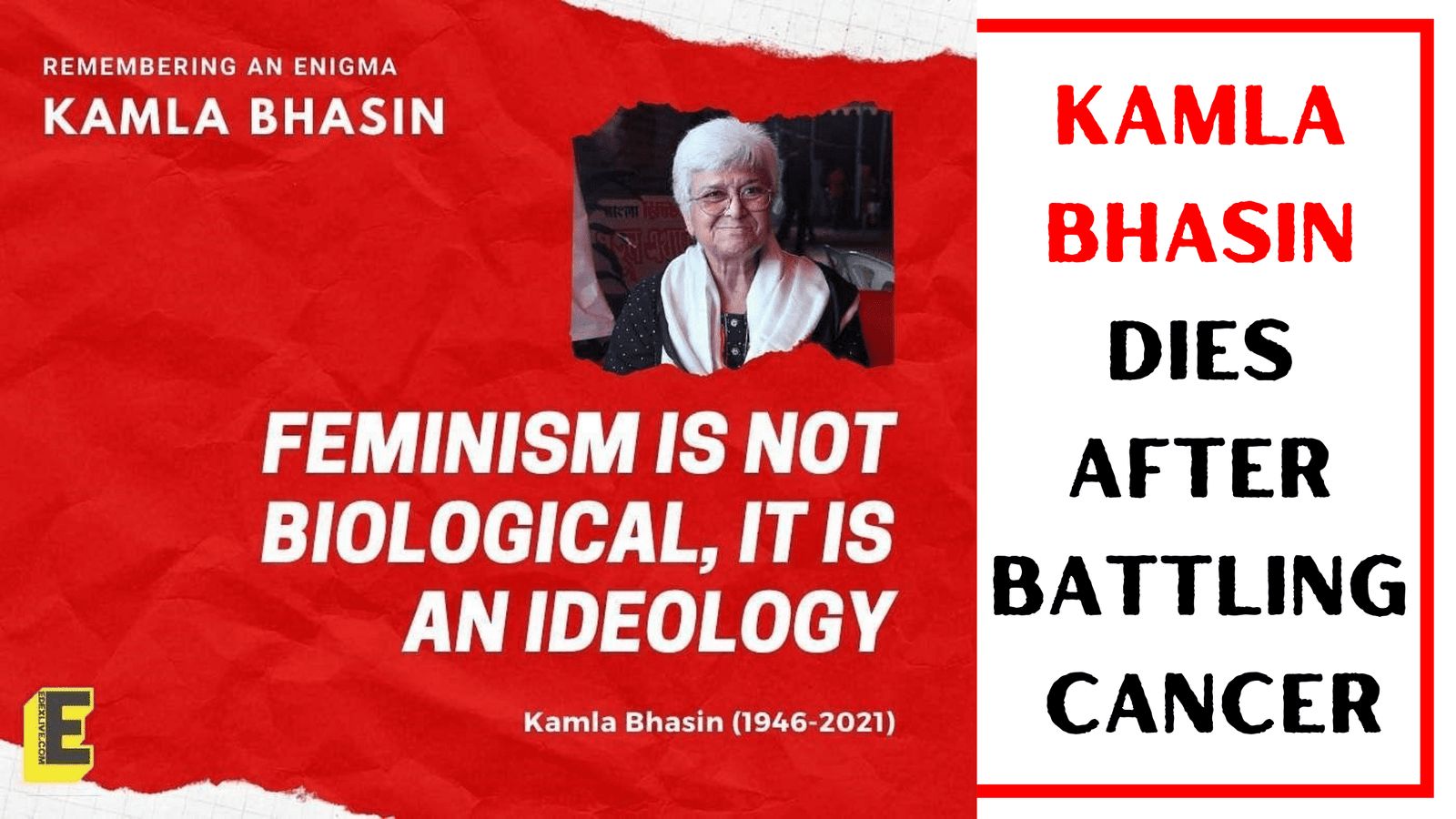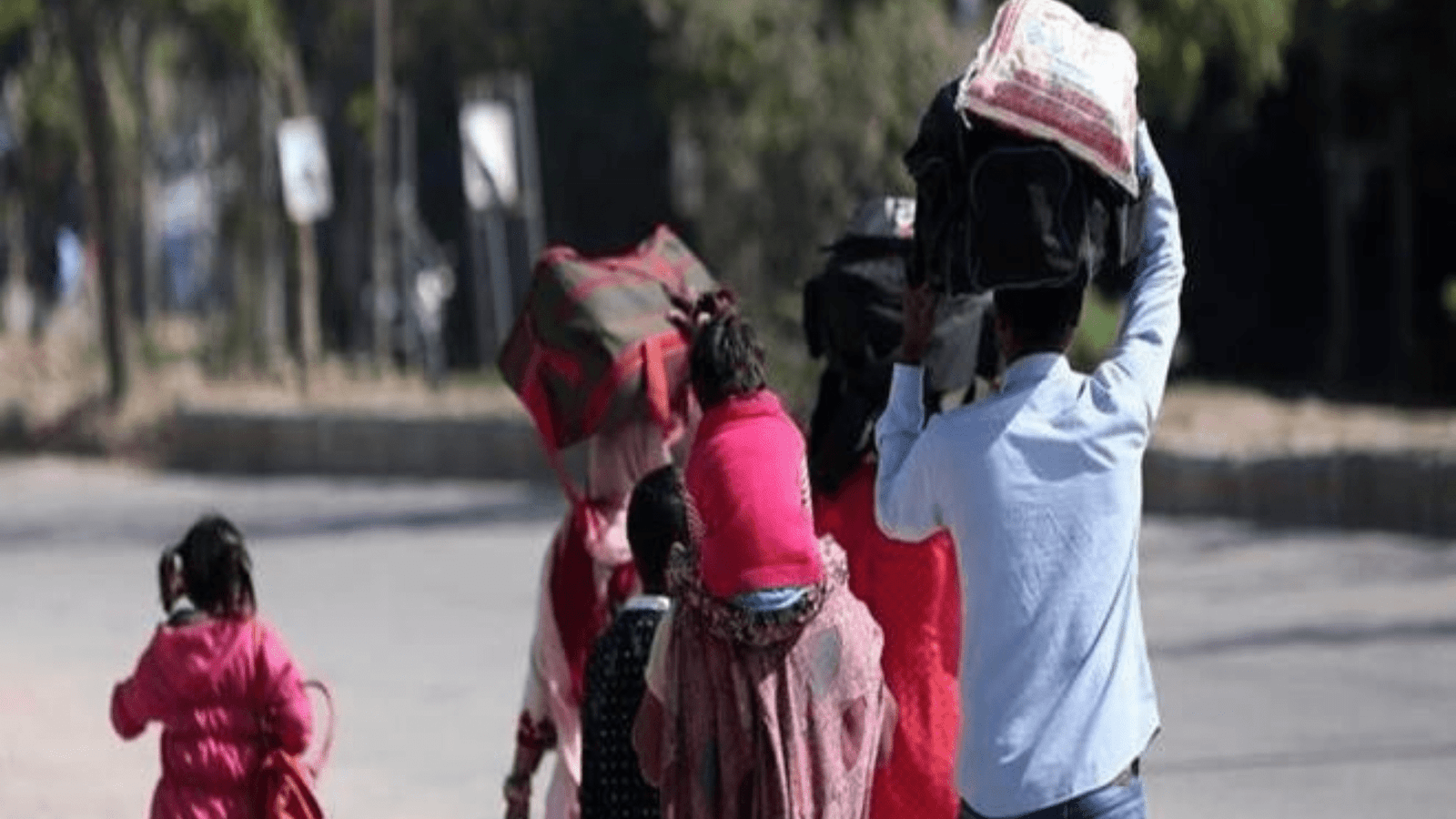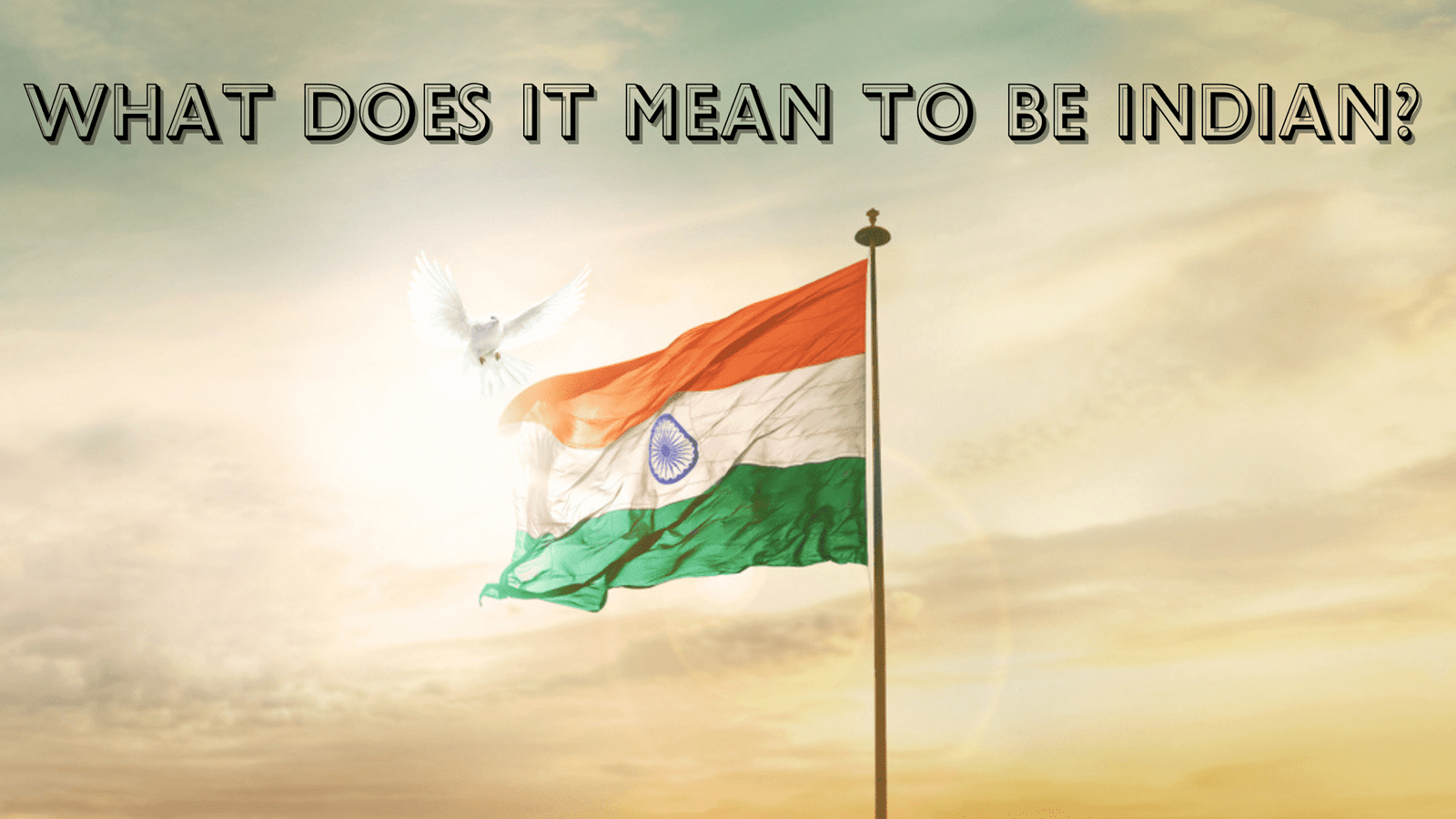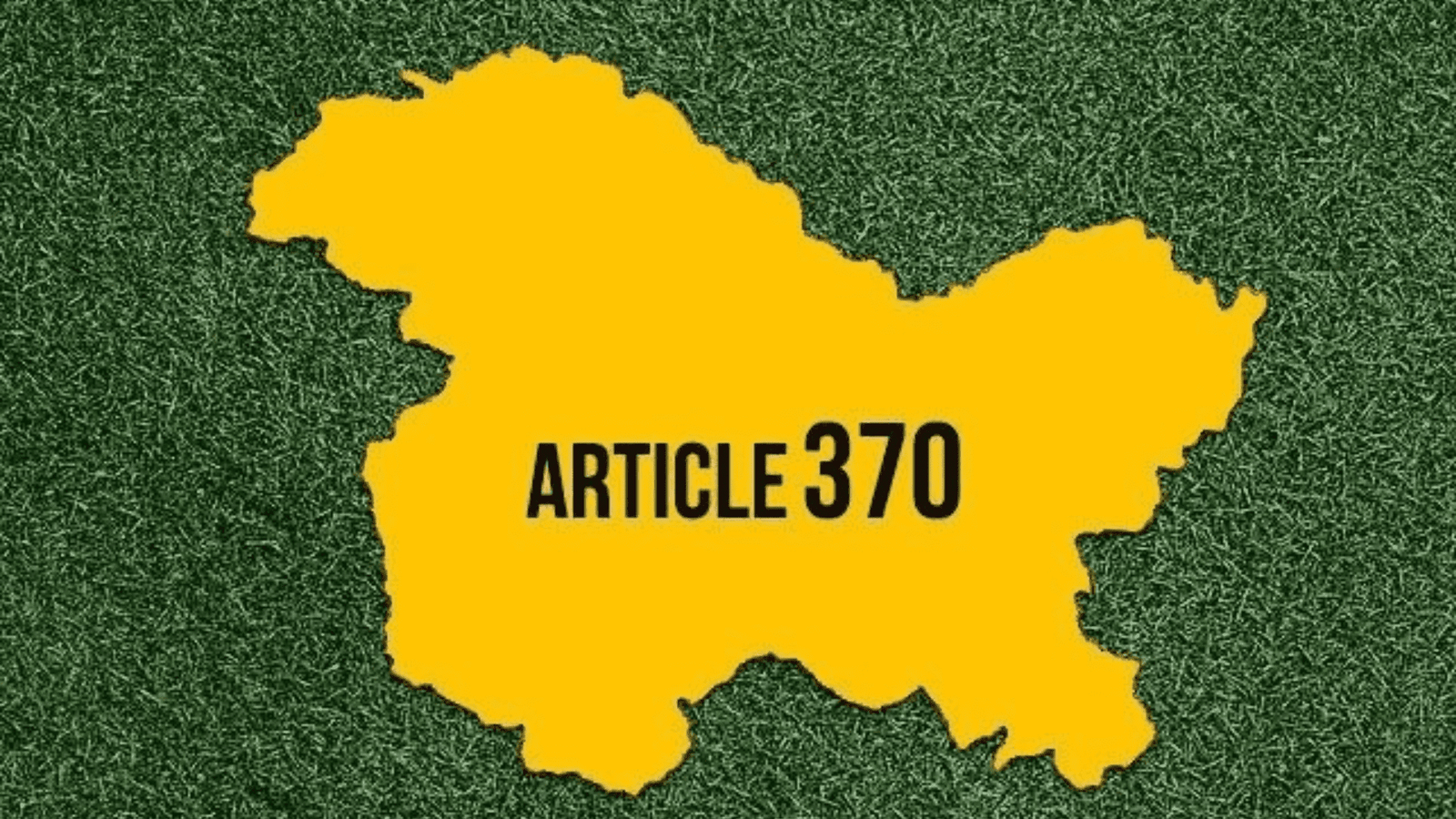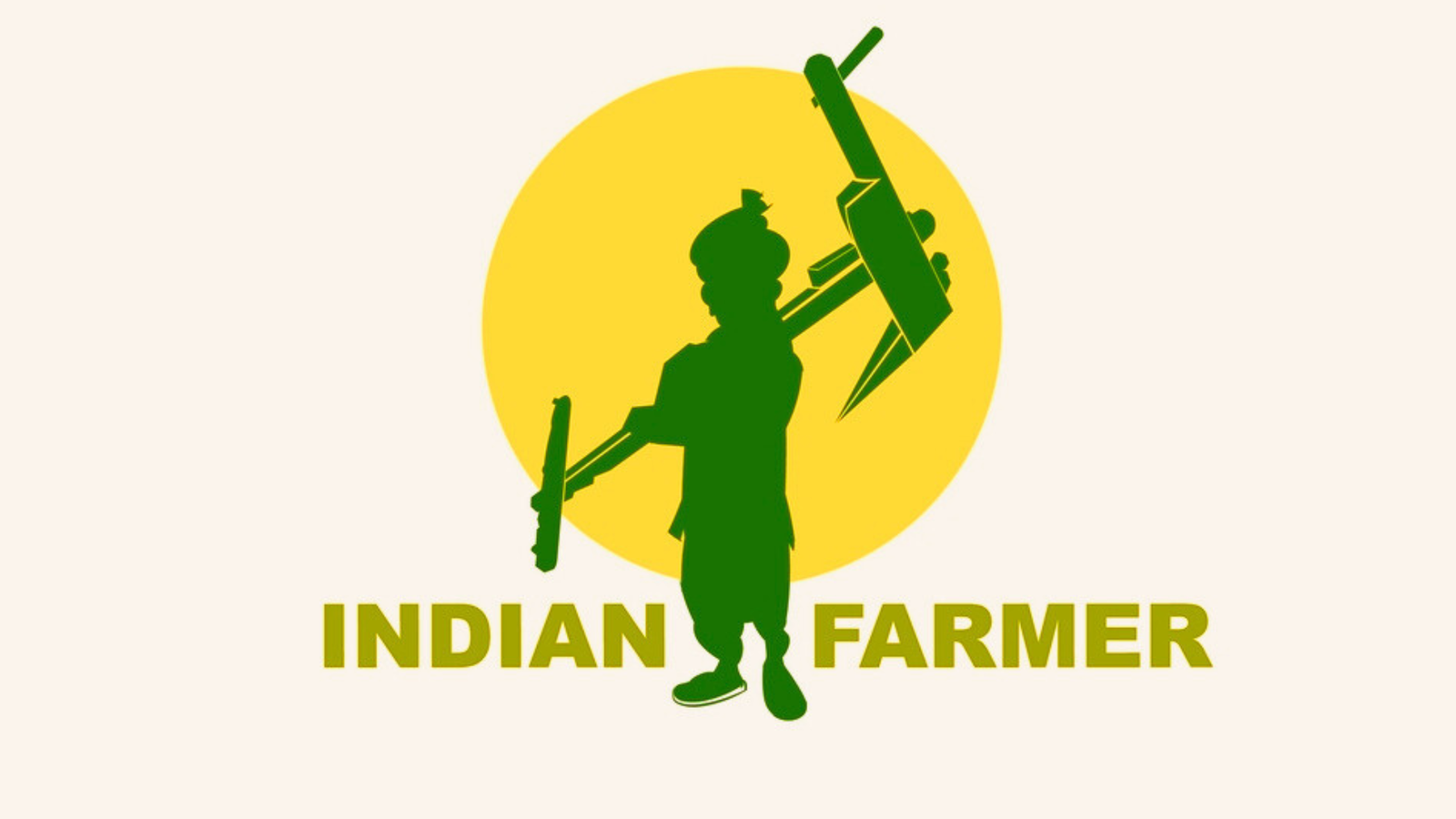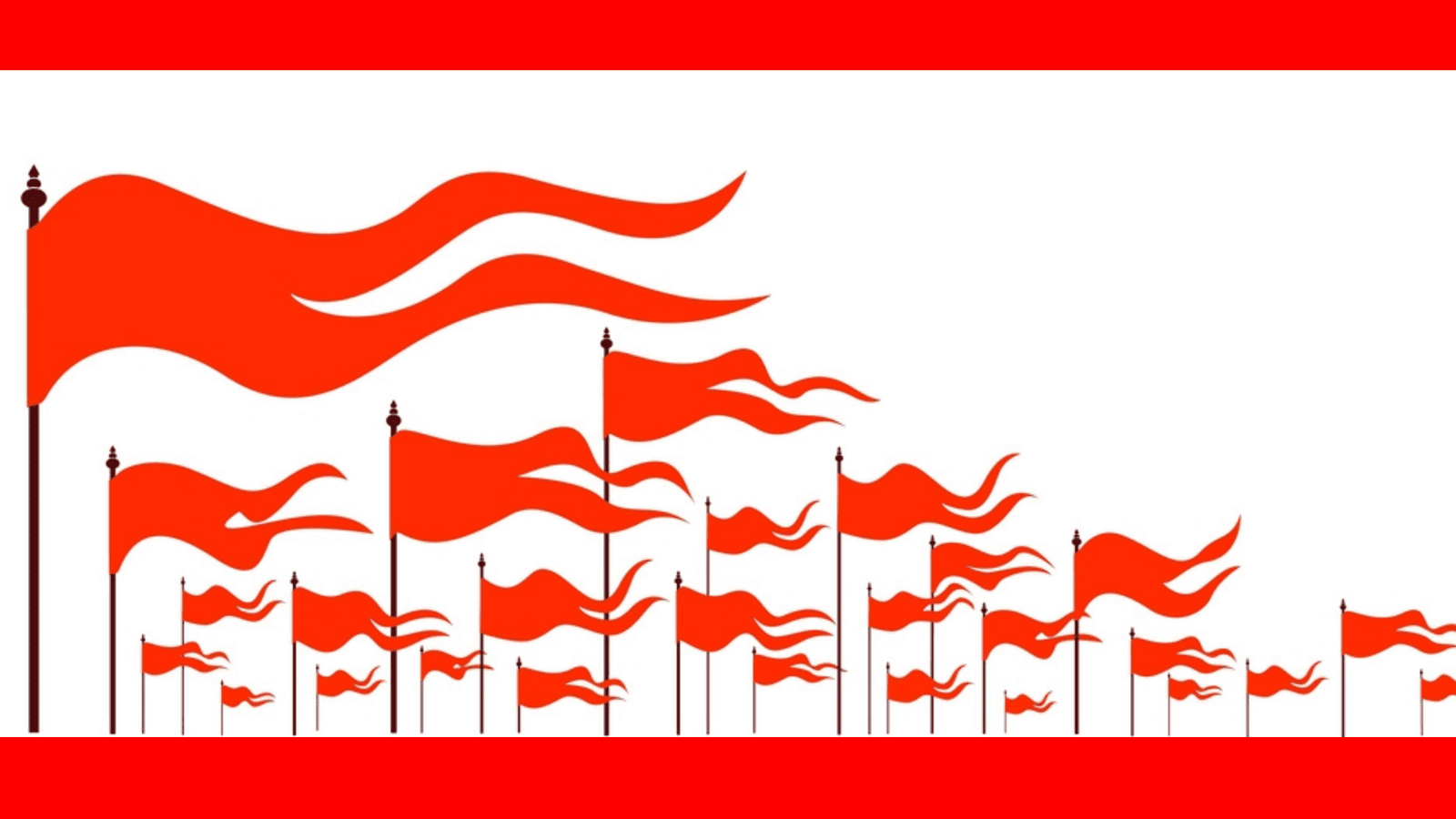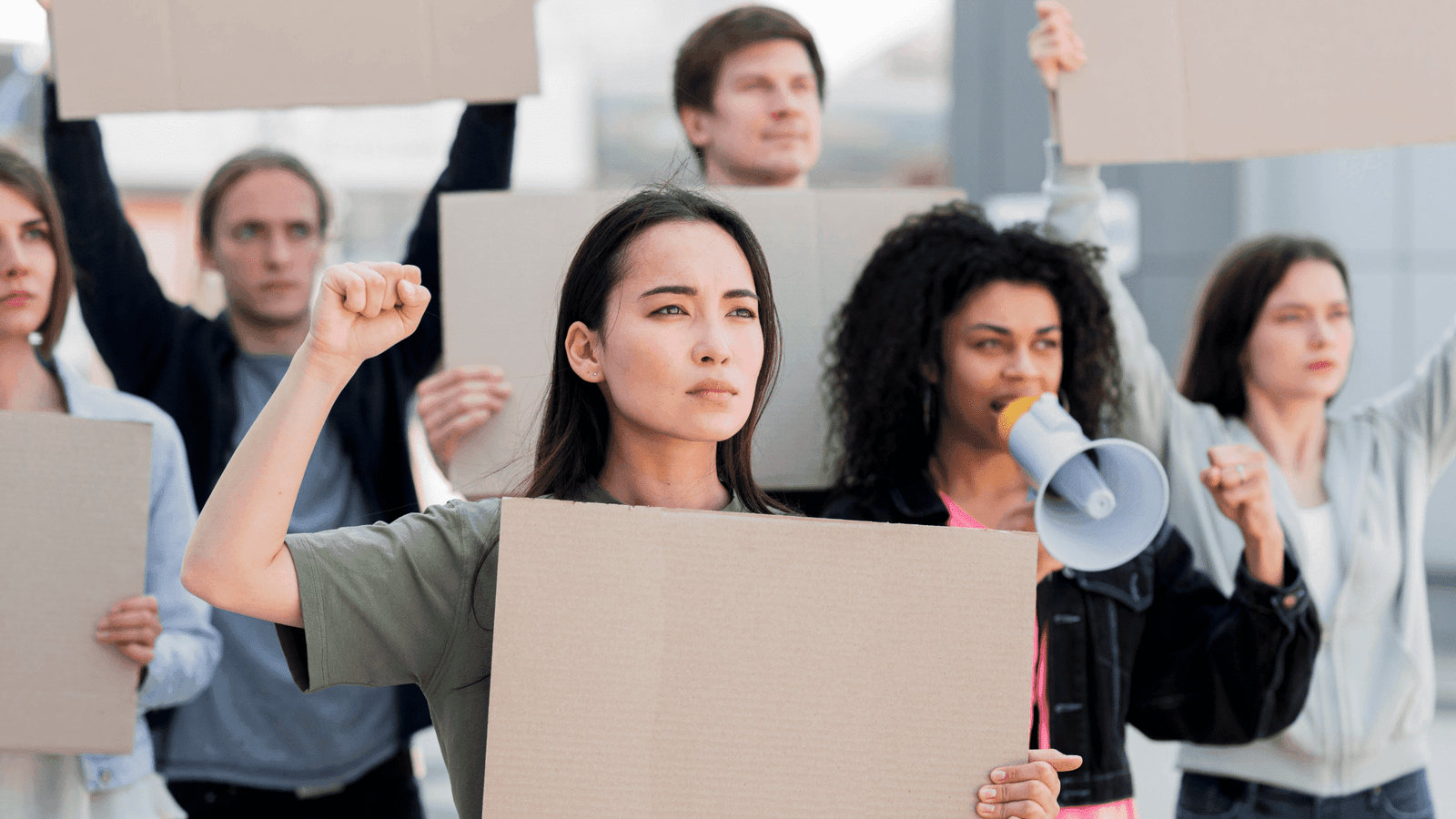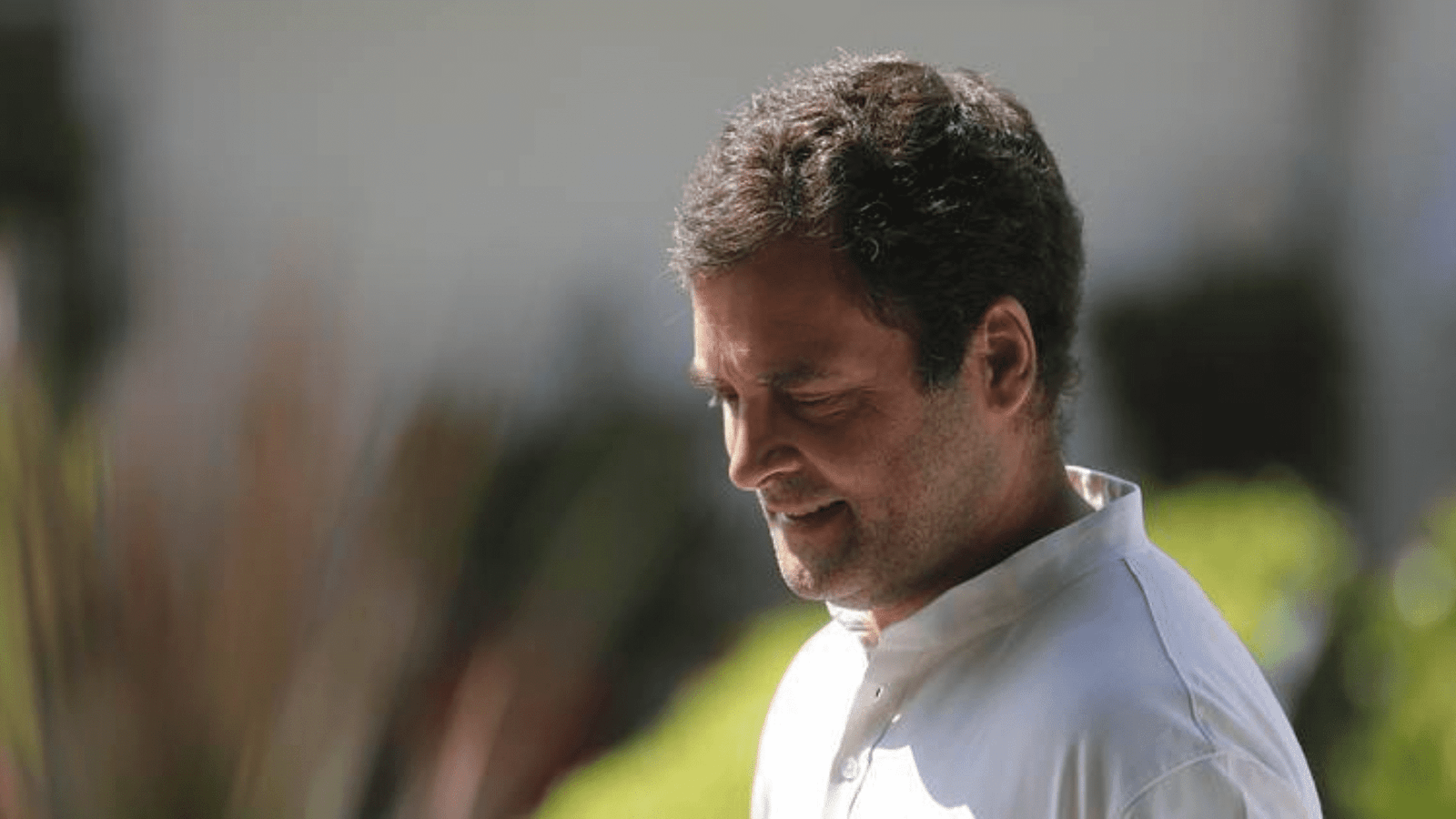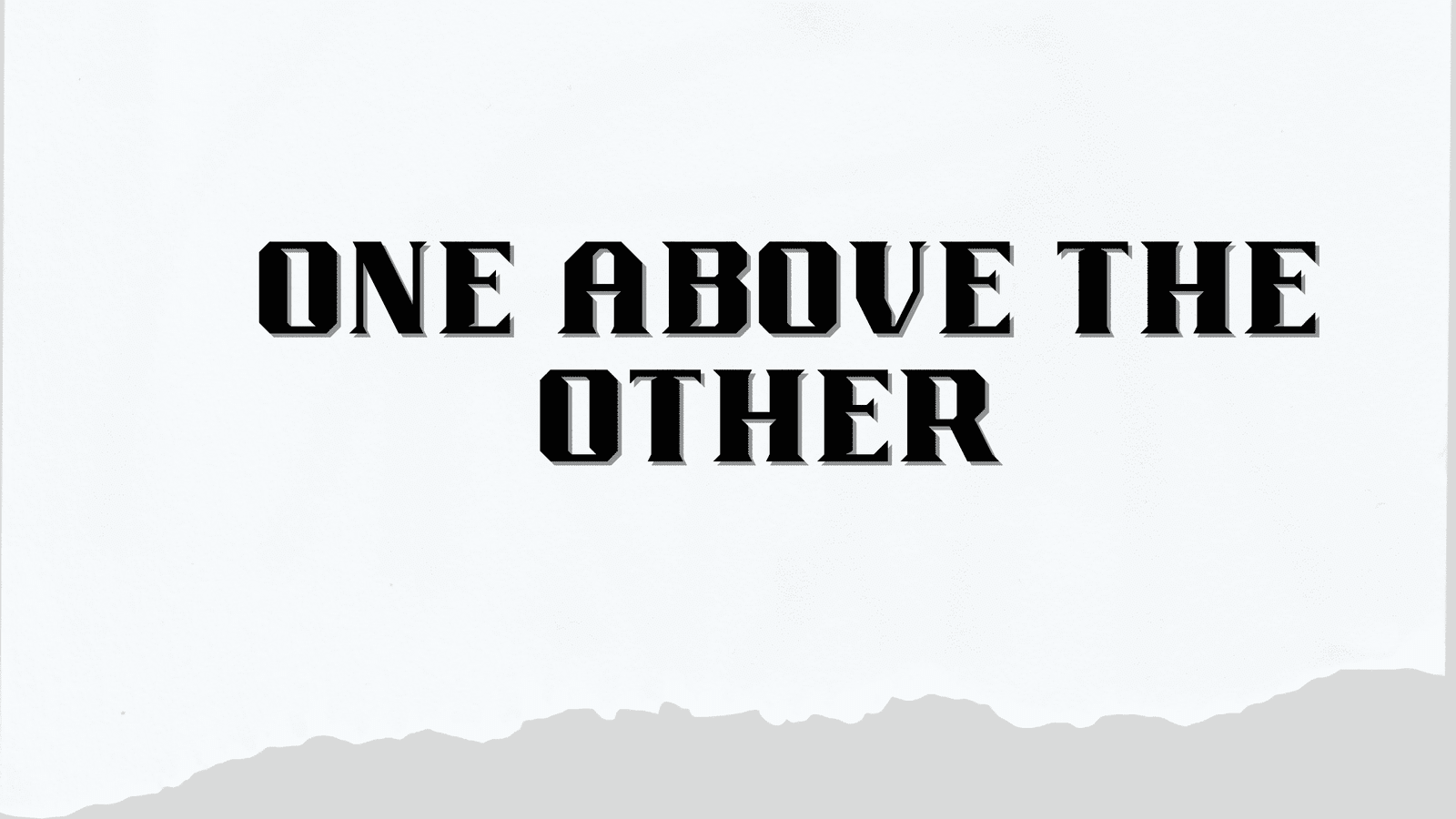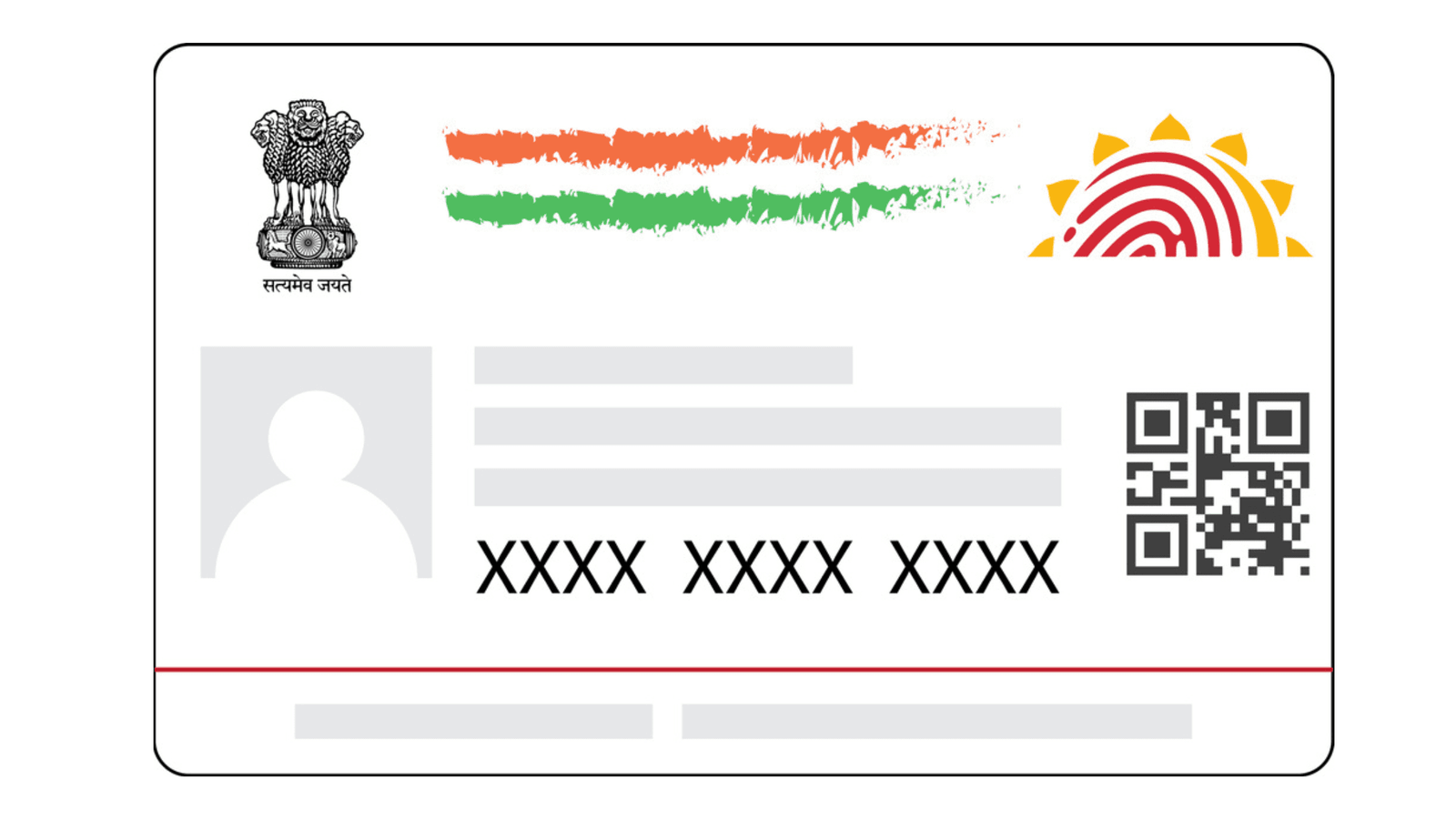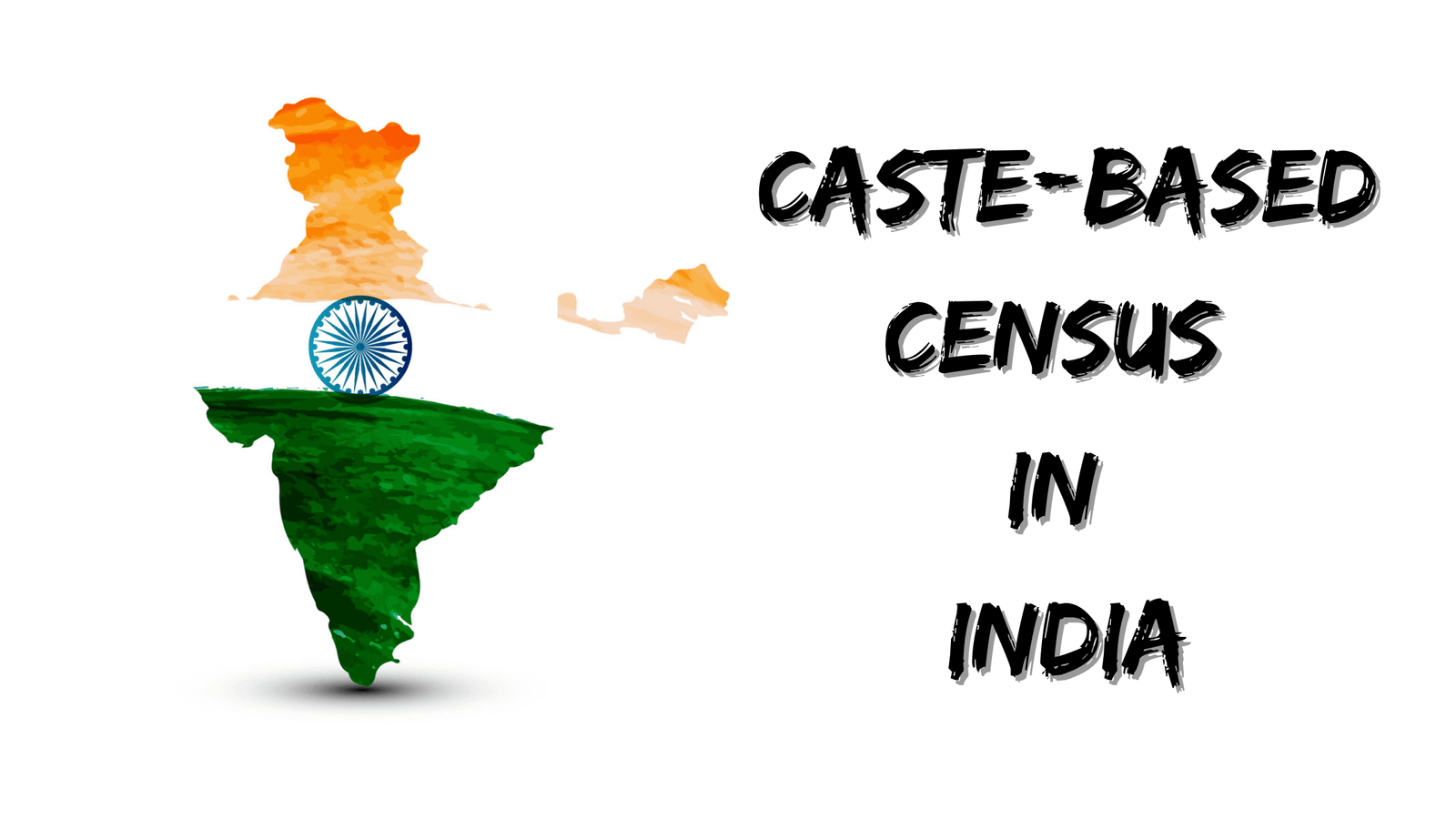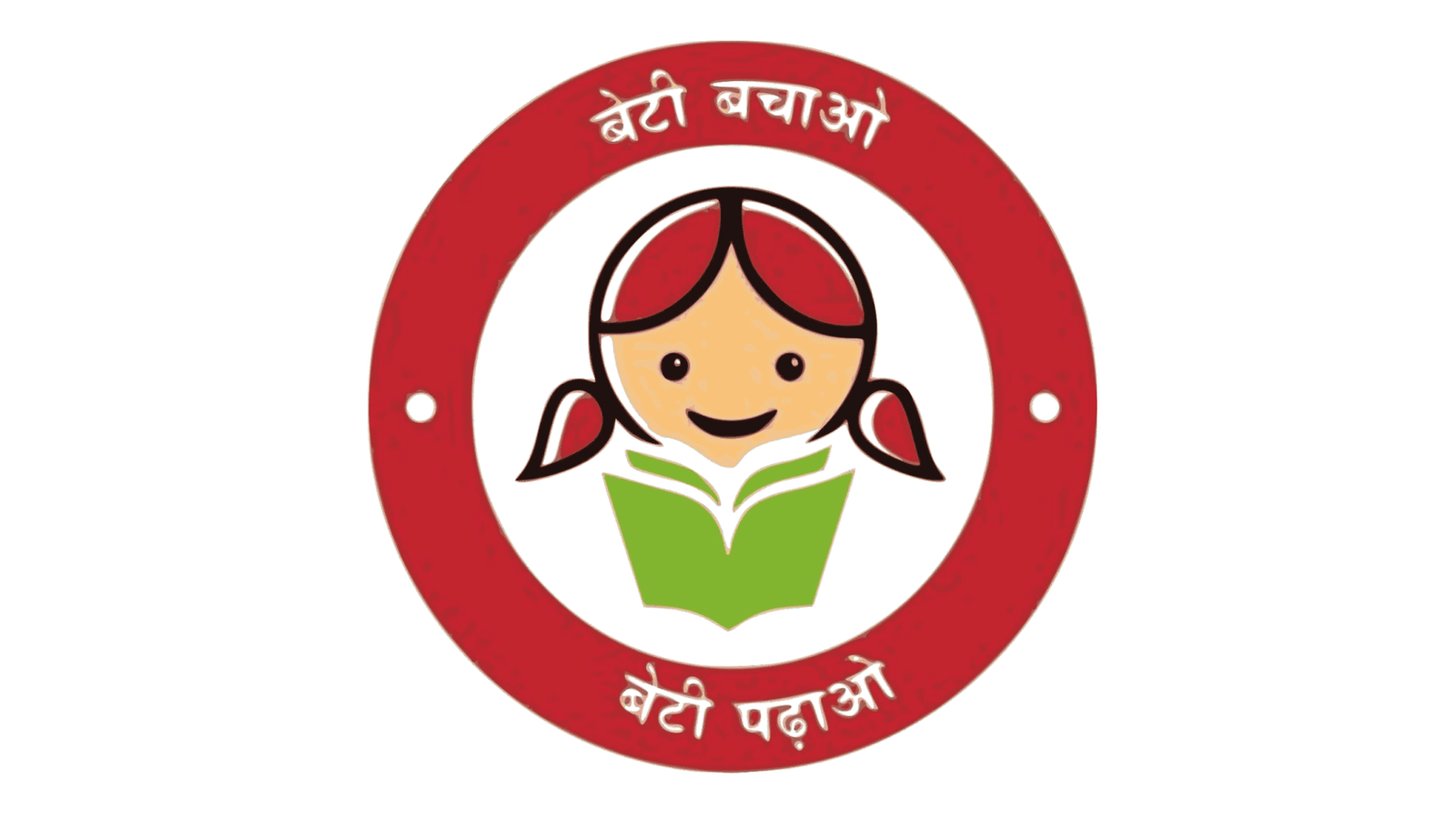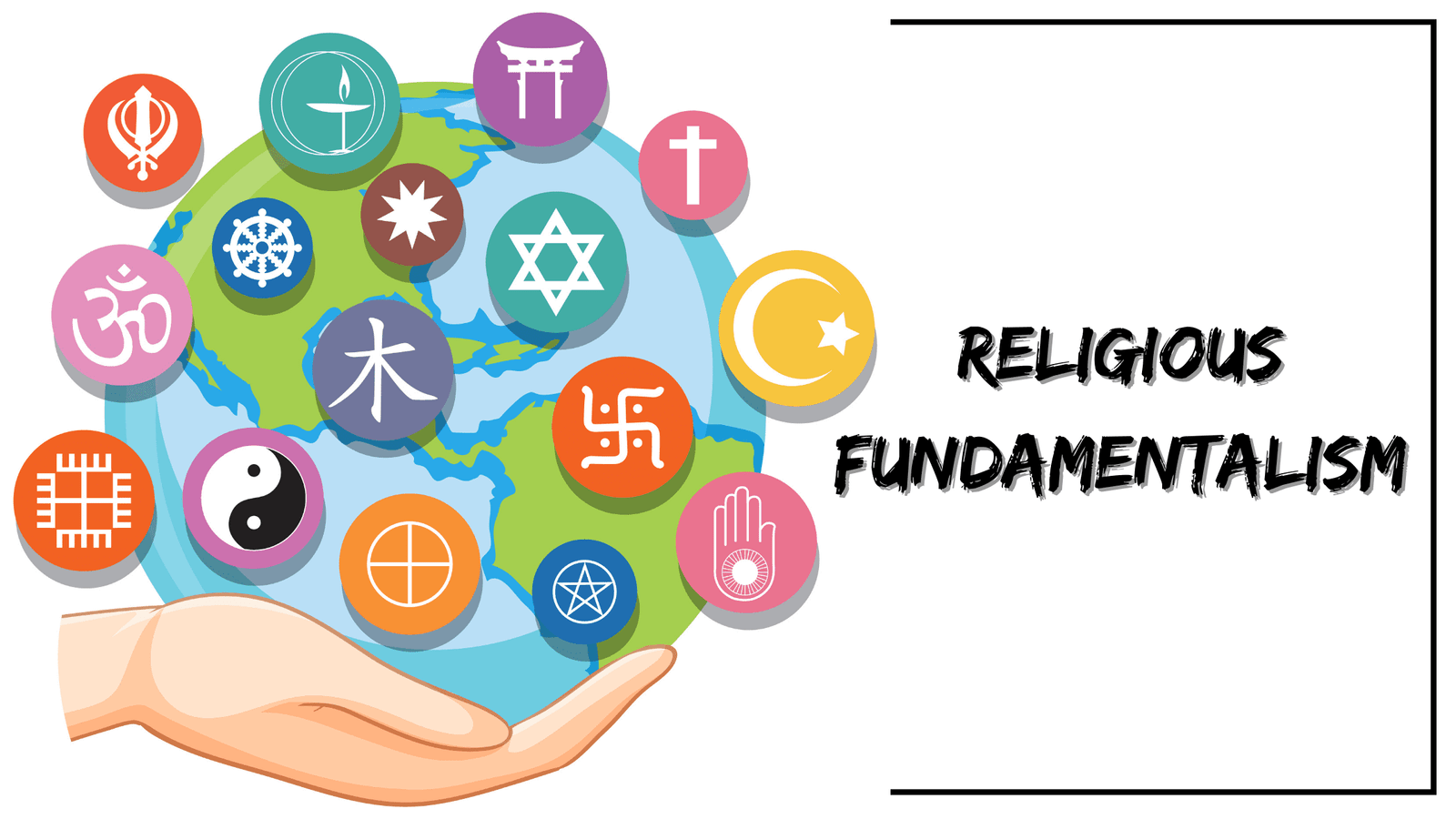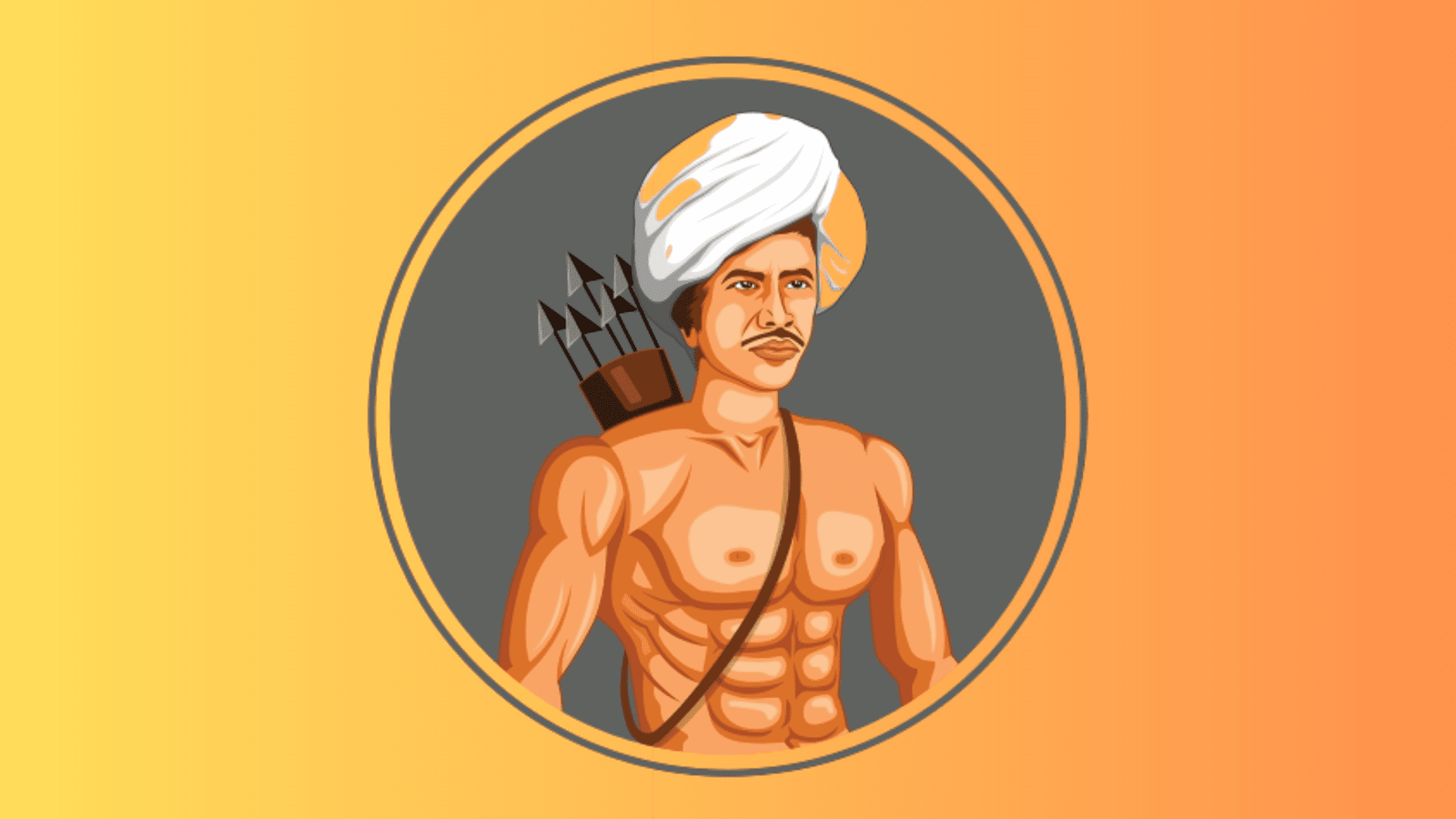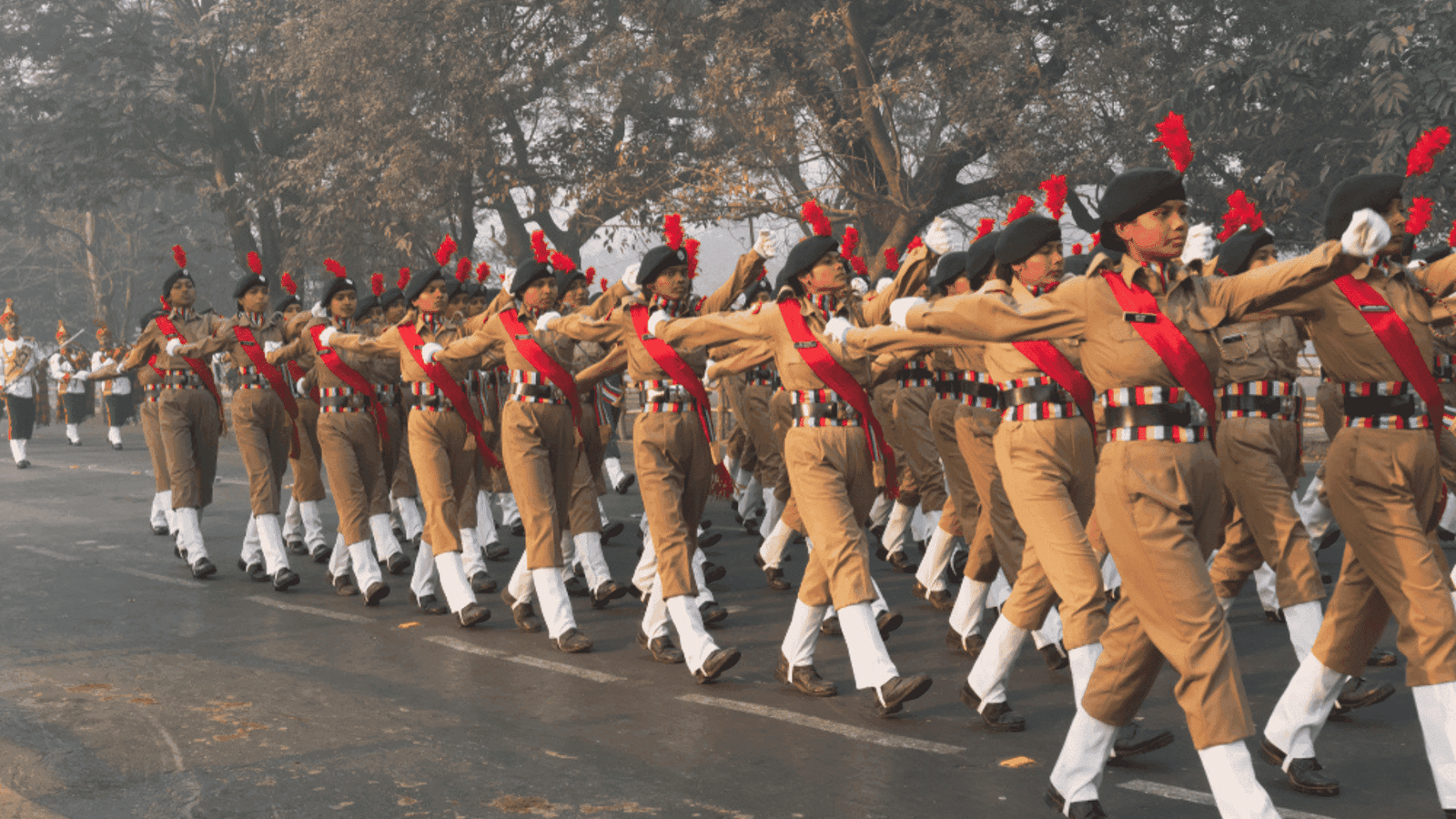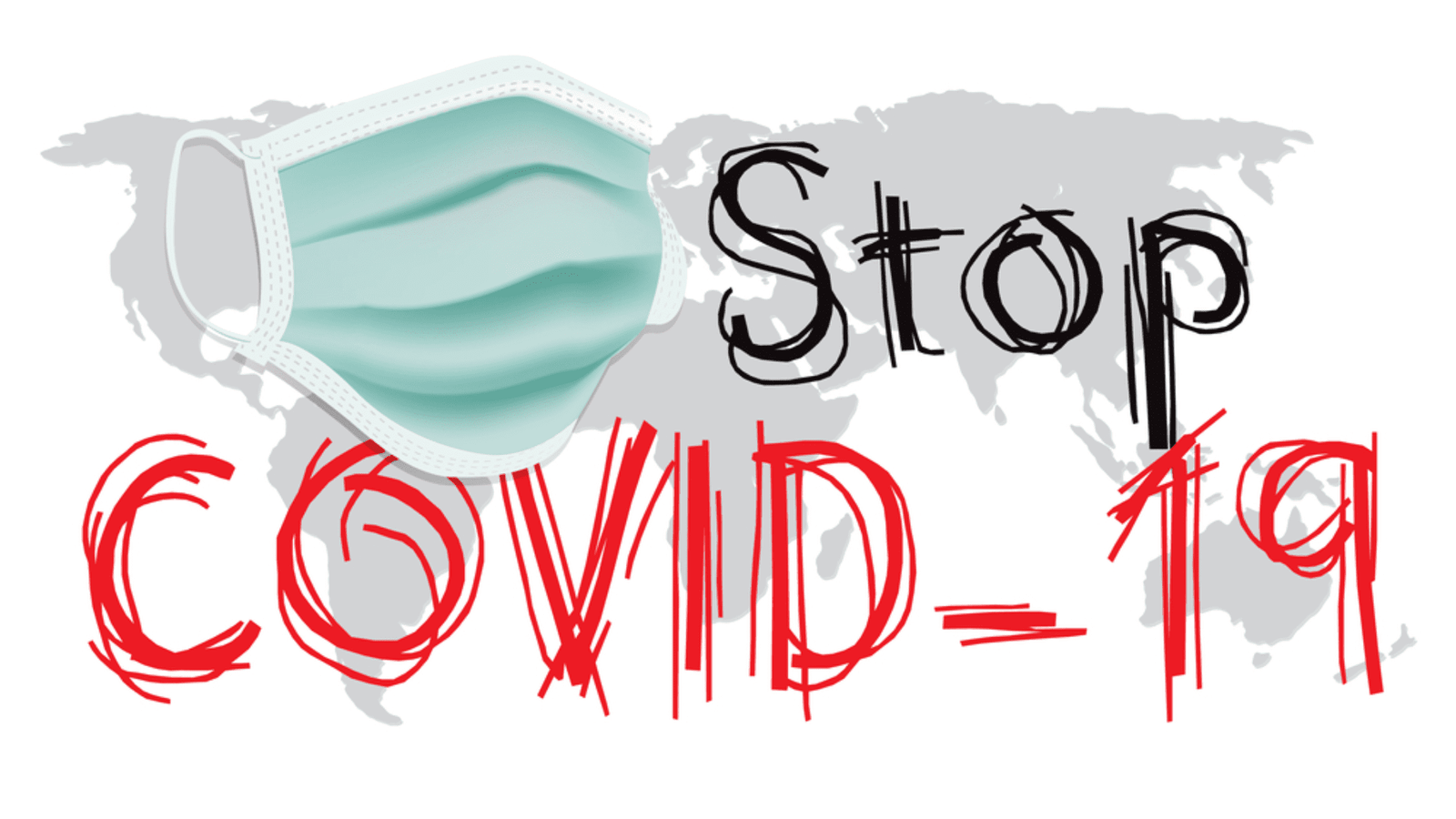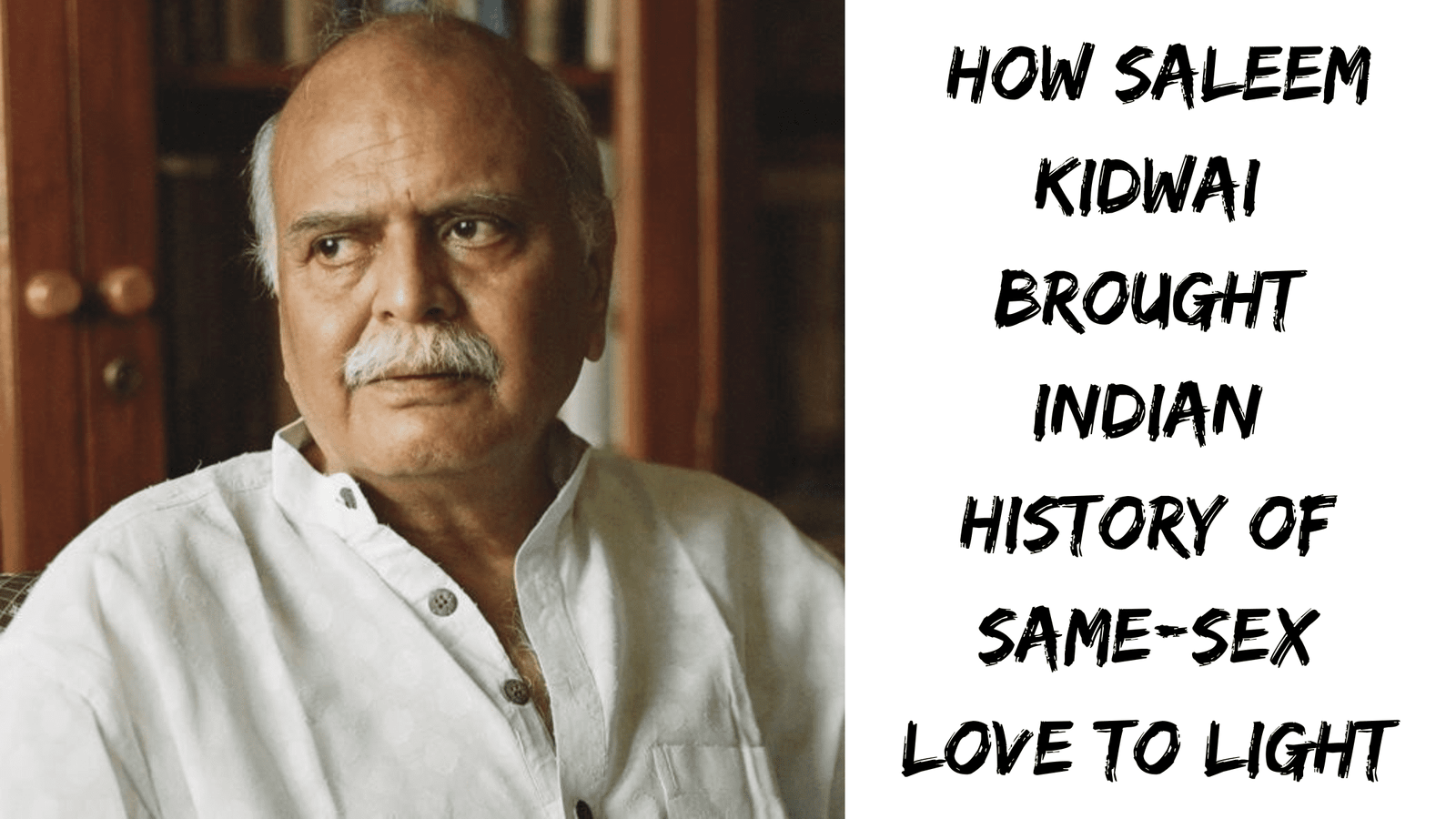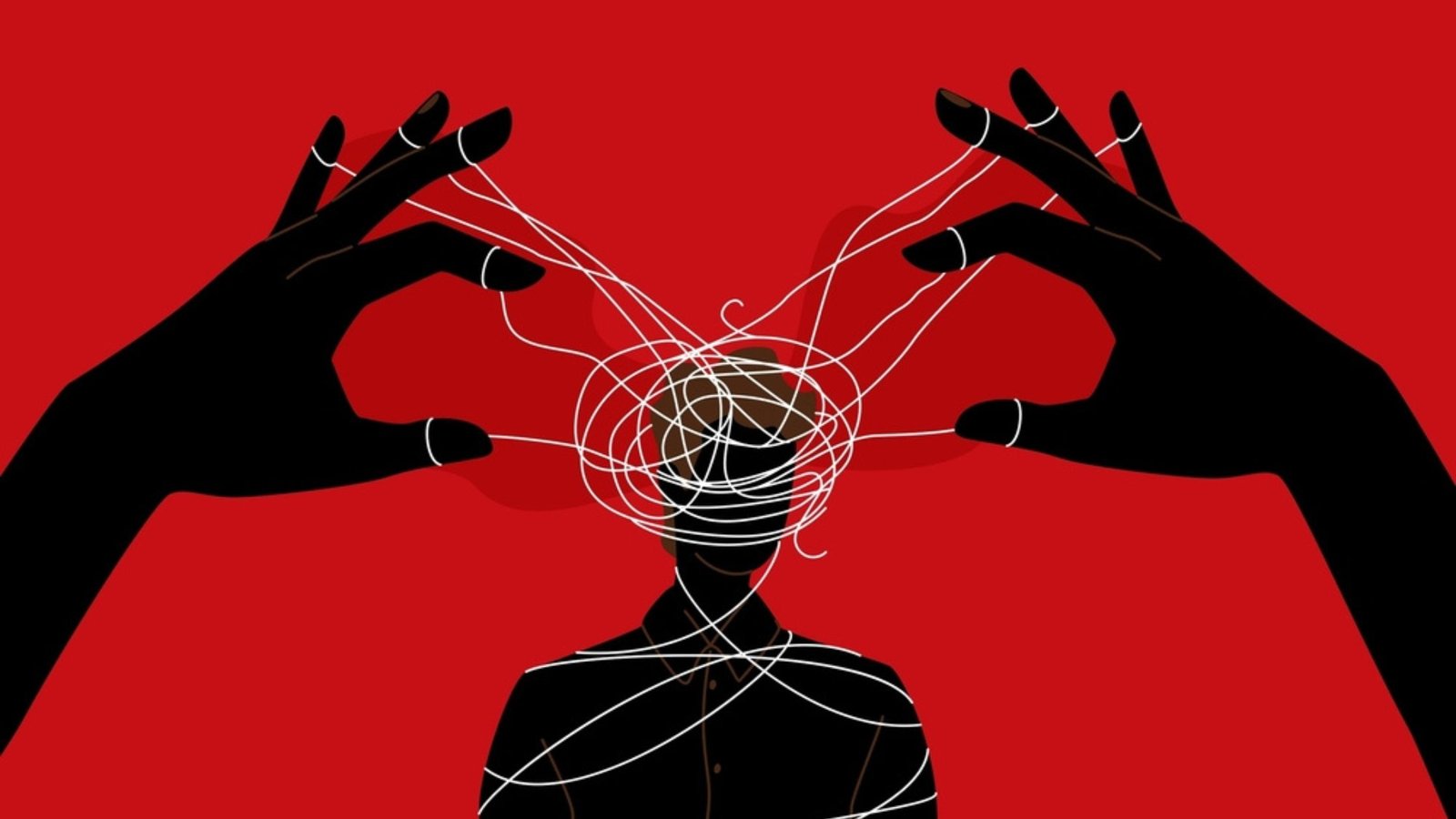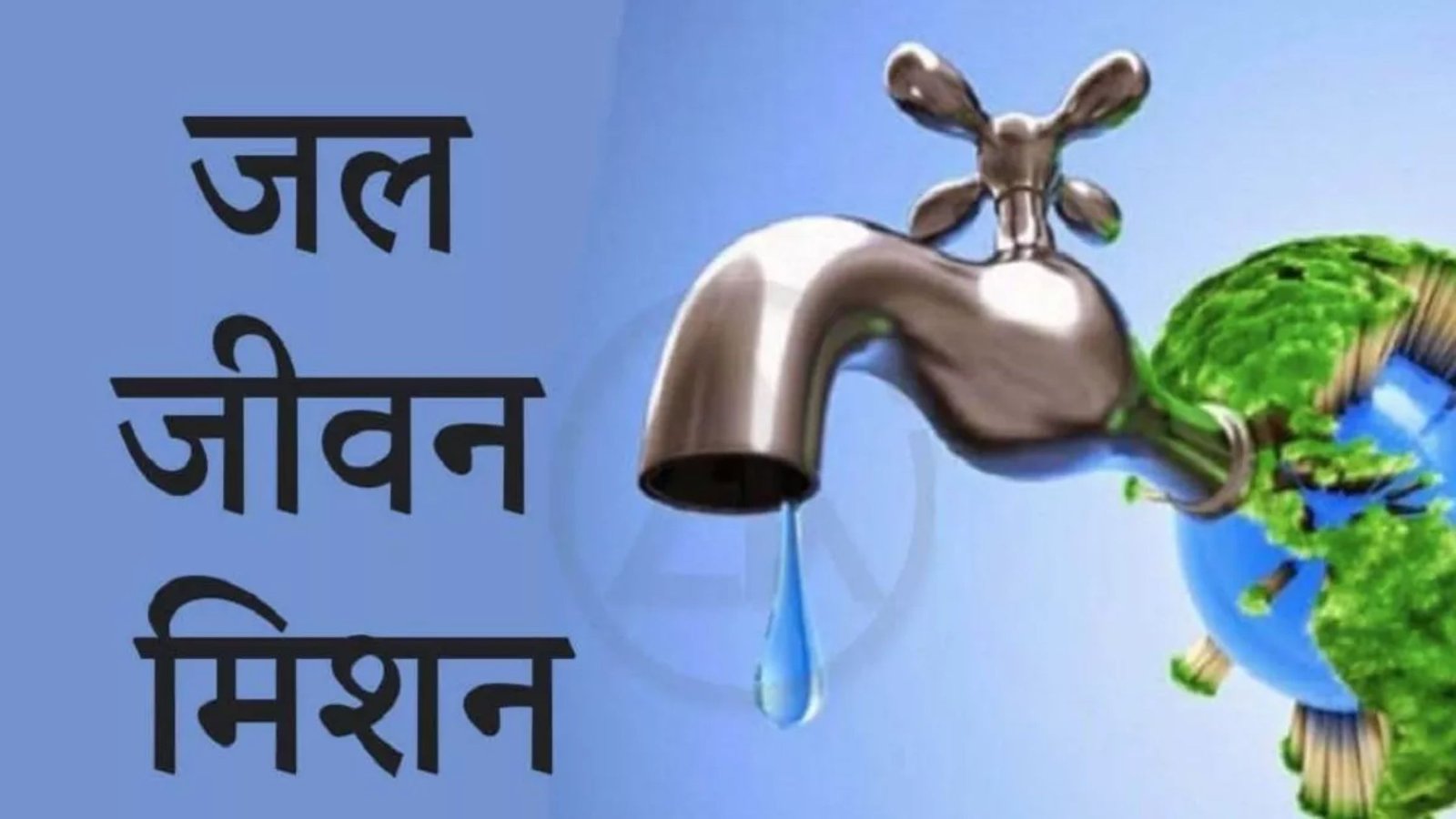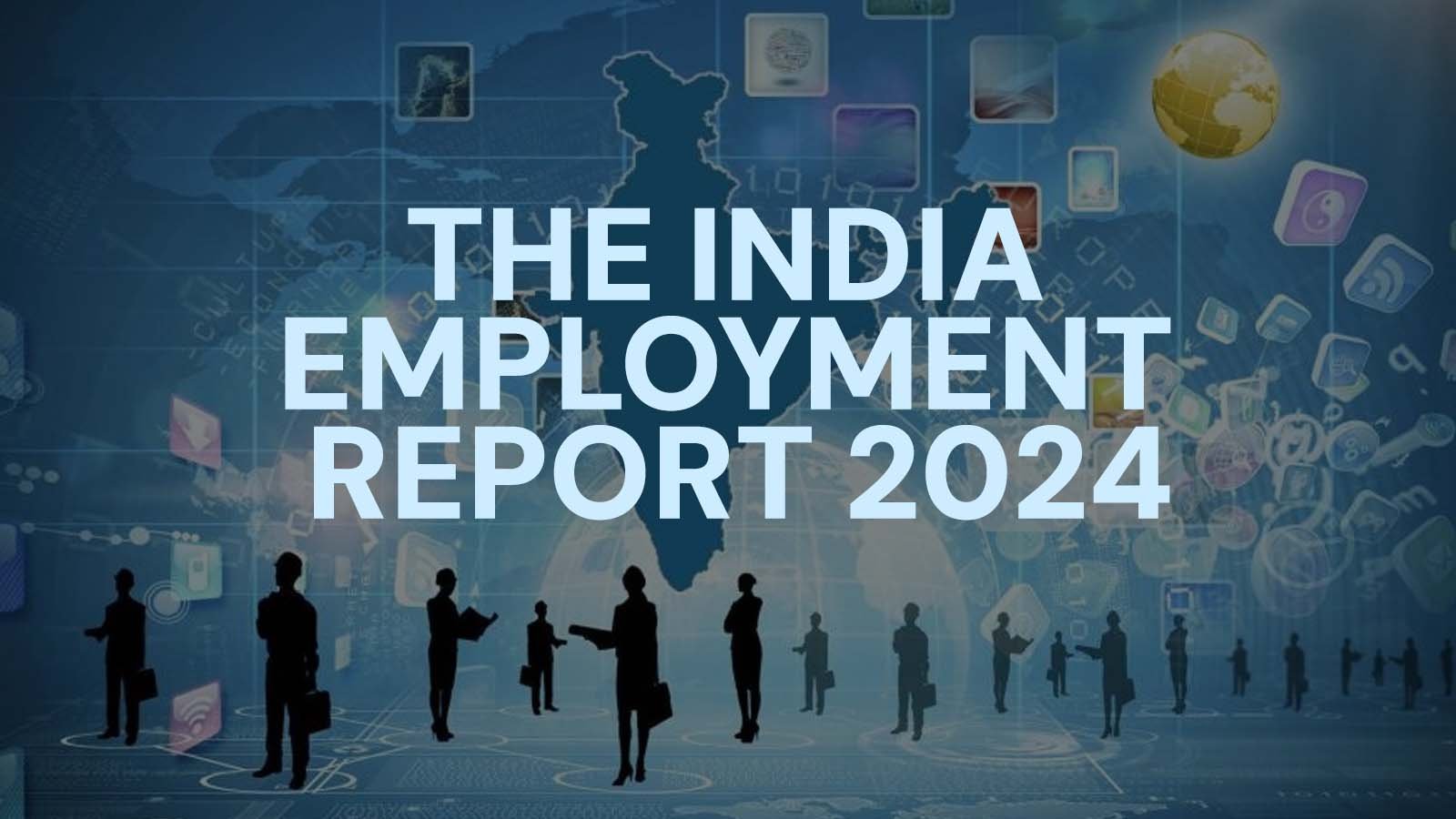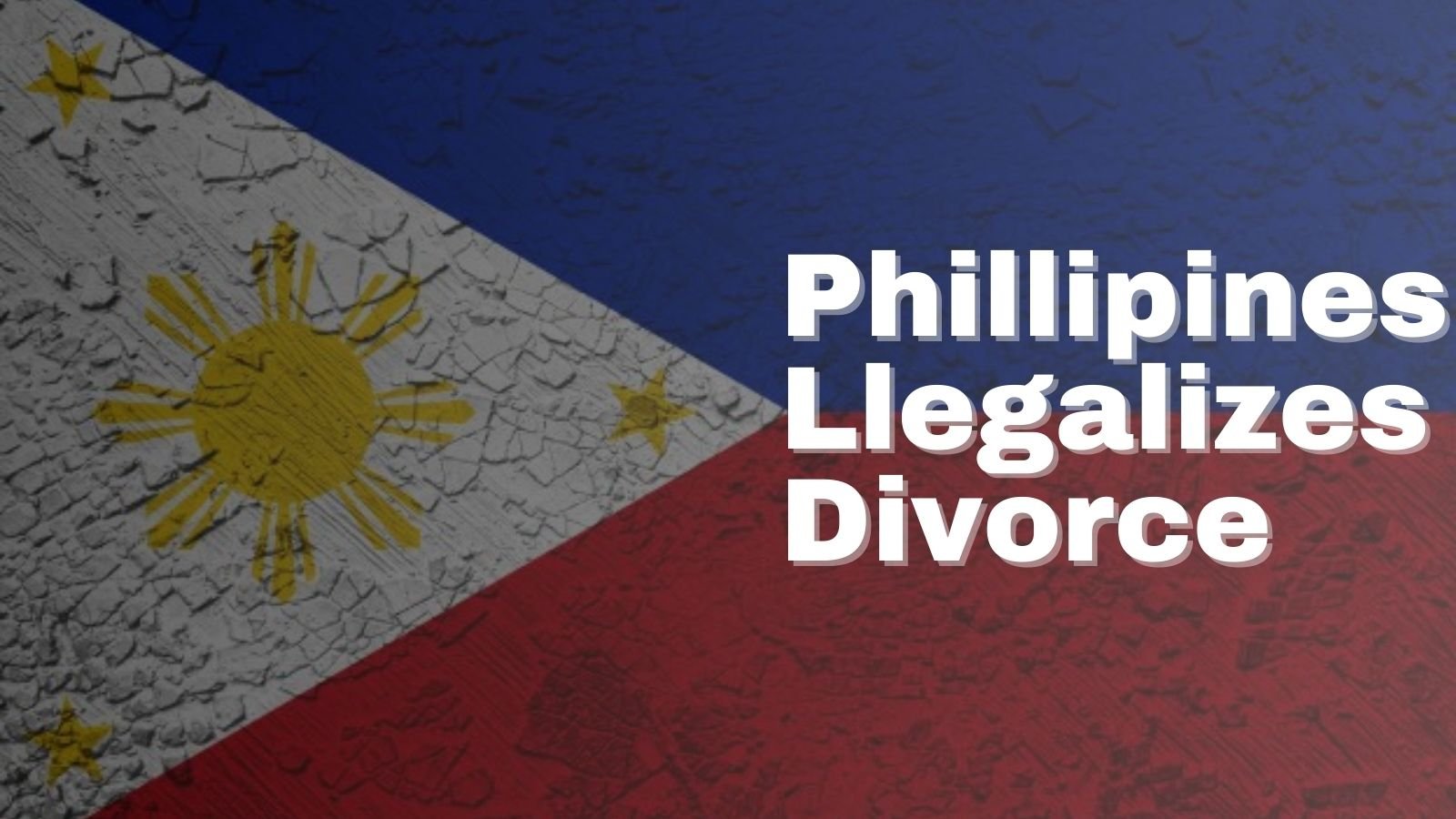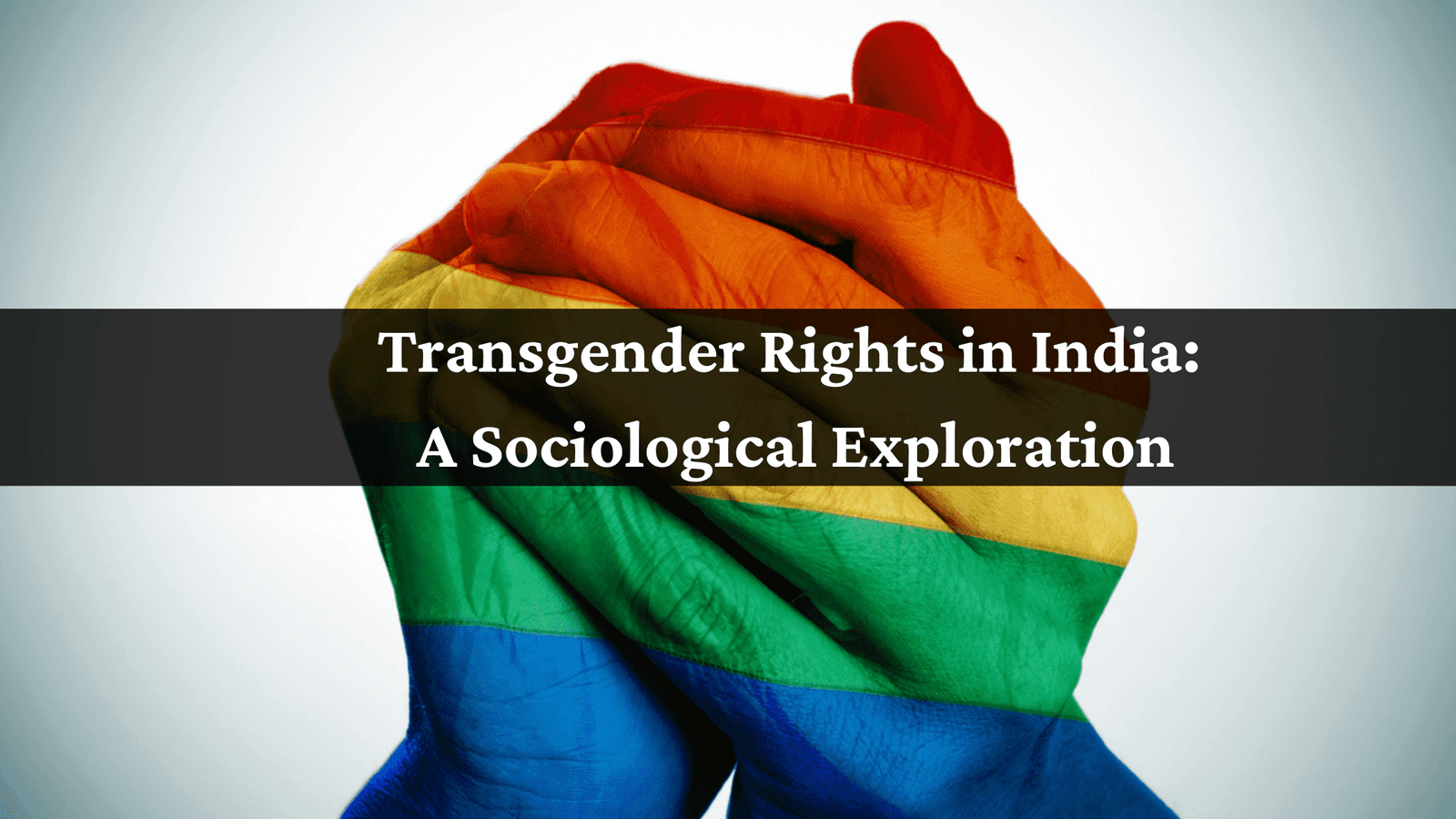
Why in News? PM Modi spoke about the need to safeguard the rights of transgenders at the G7 summit in 2023. Also, Starbucks India released an advertisement on transgender acceptance.
The fight for transgender rights has gained significant momentum in recent years, challenging societal norms and advocating for equality and social justice. This article delves into the sociological dimensions of transgender rights in India, examining the viewpoints of Indian and Western sociologists and social scientists, and highlighting key theories, concepts, and empirical evidence surrounding this critical topic.
Understanding Transgender Identity:
Transgender individuals have a gender identity that differs from the sex assigned to them at birth. They encompass a diverse range of identities, including trans women, trans men, and non-binary individuals. Transgender rights encompass legal recognition, protection from discrimination, access to healthcare, and social acceptance.
Sociological Perspectives on Transgender Rights:
Sociologists employ various theories and perspectives to analyze transgender rights and their implications. Judith Butler's theory of gender performativity suggests that gender is a social construct that individuals actively perform and that transgender individuals challenge societal norms by asserting their true gender identity. Gayle Rubin's concept of the charmed circle highlights how society privileges certain sexual practices and identities while marginalizing others, including transgender identities.
Indian Perspectives on Transgender Rights:
Indian sociologists have made significant contributions to understanding transgender rights in the Indian context. Nandini Manjrekar has highlighted the challenges faced by transgender individuals in accessing education and employment opportunities. Ashok Row Kavi has advocated for legal recognition and social acceptance of transgender individuals, highlighting the need for inclusive policies and a shift in societal attitudes.
Legal Framework for Transgender Rights in India
The legal landscape for transgender rights in India has seen significant developments. In 2014, the Supreme Court of India recognized transgender individuals as a "third gender" and affirmed their fundamental rights. The Transgender Persons (Protection of Rights) Act, 2019, was enacted to provide legal protection and welfare measures for transgender individuals. However, the implementation and effectiveness of these legal provisions have been subject to scrutiny and further improvement is necessary.
Challenges and Discrimination
Transgender individuals in India face numerous challenges and forms of discrimination. They often encounter social stigma, exclusion, and violence, which impact their access to education, healthcare, employment, and housing. Discrimination can also manifest in the form of psychological distress, mental health issues, and reduced social support.
Healthcare and Well-being:
Transgender individuals often face barriers in accessing appropriate healthcare services. Medical institutions and professionals need to be more inclusive, providing gender-affirming care that addresses the unique healthcare needs of transgender individuals. Mental health support and counseling services are also crucial for ensuring their overall well-being.
Intersectionality and Transgender Rights:
The intersectionality of gender identity with other social categories, such as caste, class, and religion, further shapes the experiences of transgender individuals in India. Understanding the specific challenges faced by transgender individuals from marginalized communities is essential for developing inclusive policies and promoting social justice.
Activism and Social Change:
Transgender rights activists and organizations play a crucial role in advocating for legal reforms and societal change. The landmark Supreme Court judgment in the National Legal Services Authority (NALSA) case in 2014 was a significant milestone in the recognition of transgender rights in India. Activists like Laxmi Narayan Tripathi and organizations like Transgender Welfare Equity and Empowerment Trust (TWEET) have been at the forefront of the transgender rights movement
Conclusion:
The fight for transgender rights in India is an ongoing struggle for equality, recognition, and social acceptance. The sociological exploration of transgender rights offers valuable insights into the complexities of gender identity, discrimination, and the need for inclusive policies and societal change. By challenging societal norms, fostering empathy and understanding, and advocating for legal reforms, we can work towards a more equitable and inclusive society where transgender individuals can exercise their rights and live with dignity.
References:
- Butler, Judith. Gender Trouble: Feminism and the Subversion of Identity.
- Rubin, Gayle. "Thinking Sex: Notes for a Radical Theory of the Politics of Sexuality."
- Manjrekar, Nandini. "Transgender Experiences: Global Perspectives."
- Row Kavi, Ashok. "Being Gay in the Time of Hindutva."
- Transgender Persons (Protection of Rights) Act, 2019.
